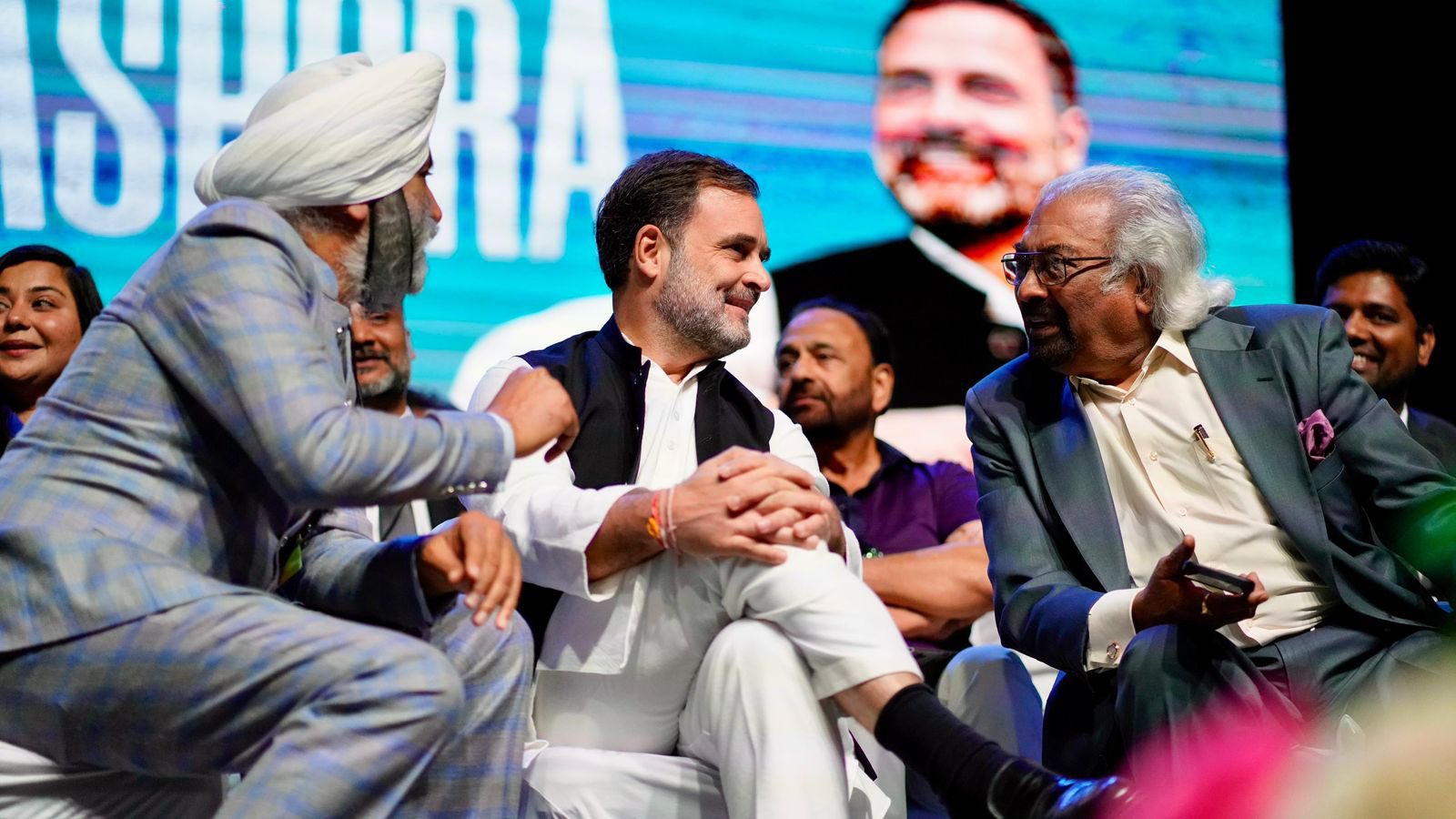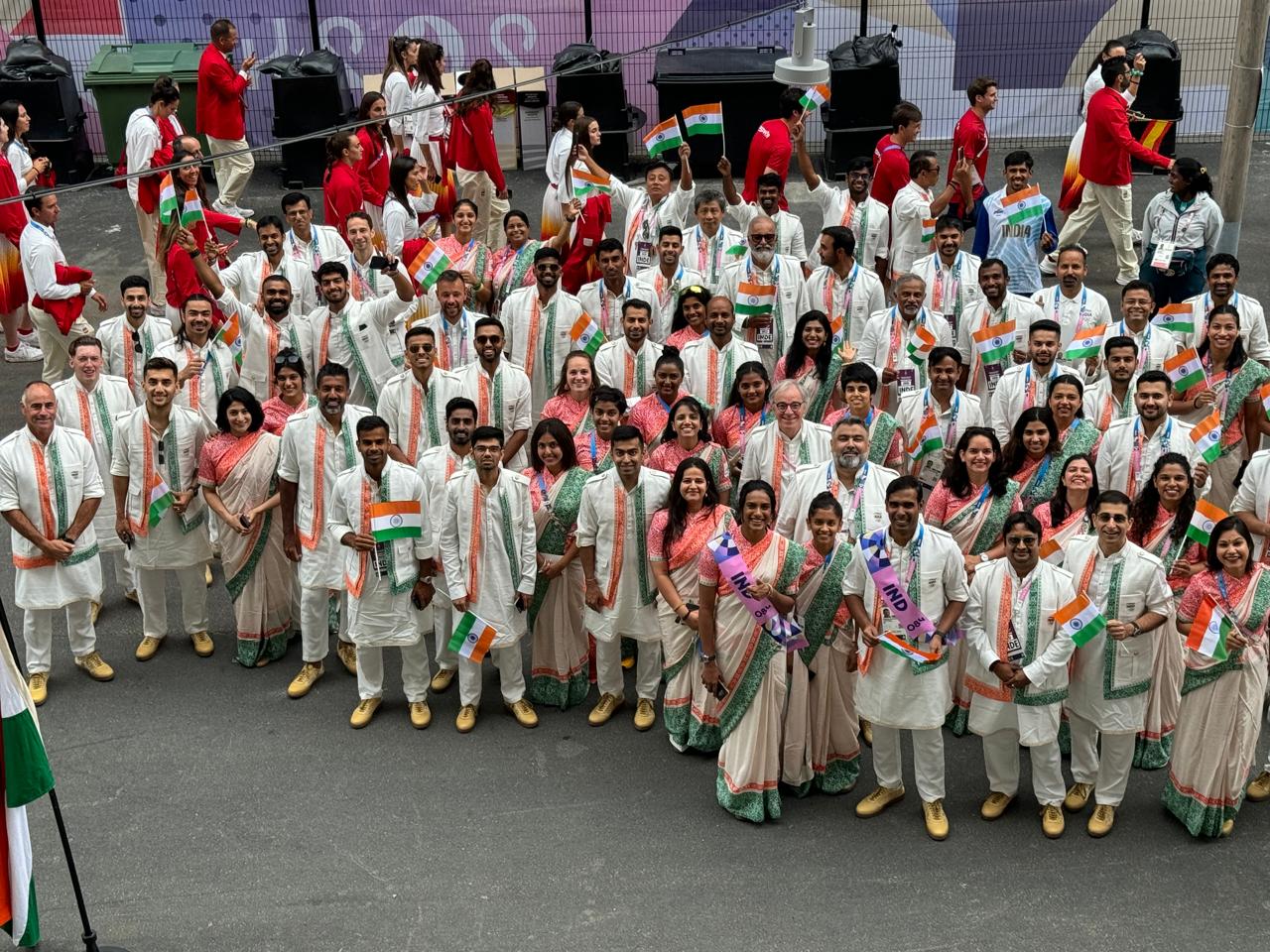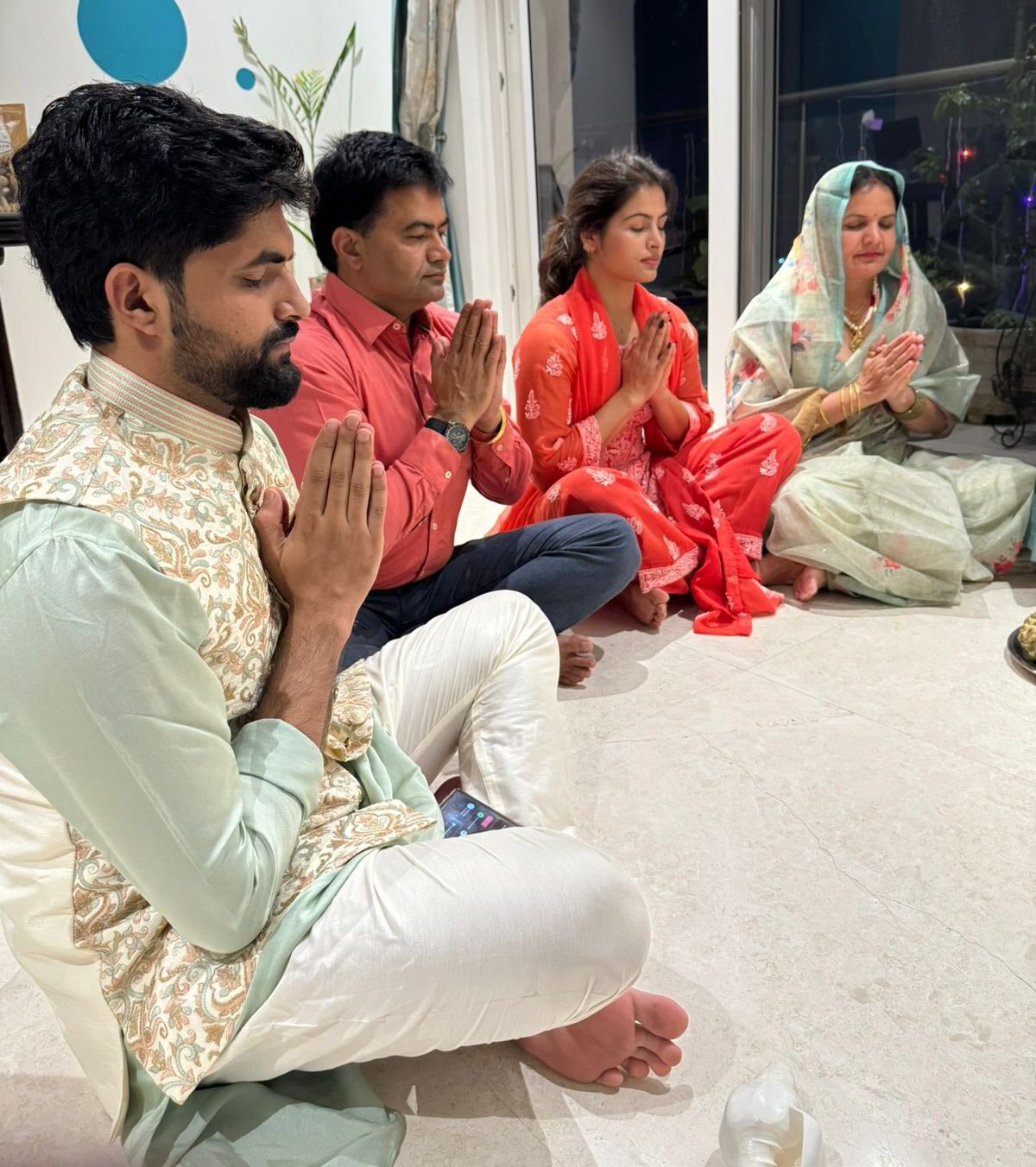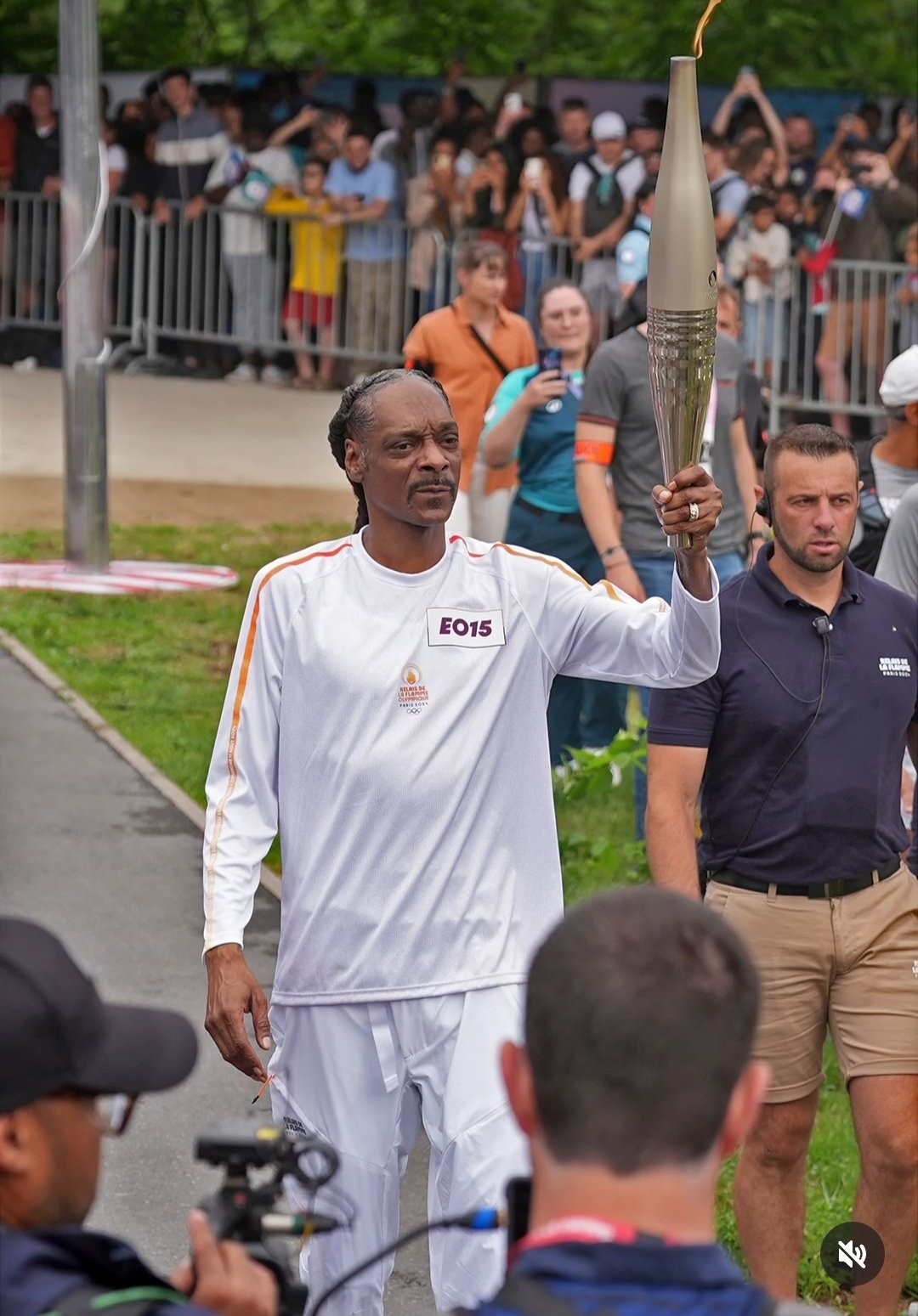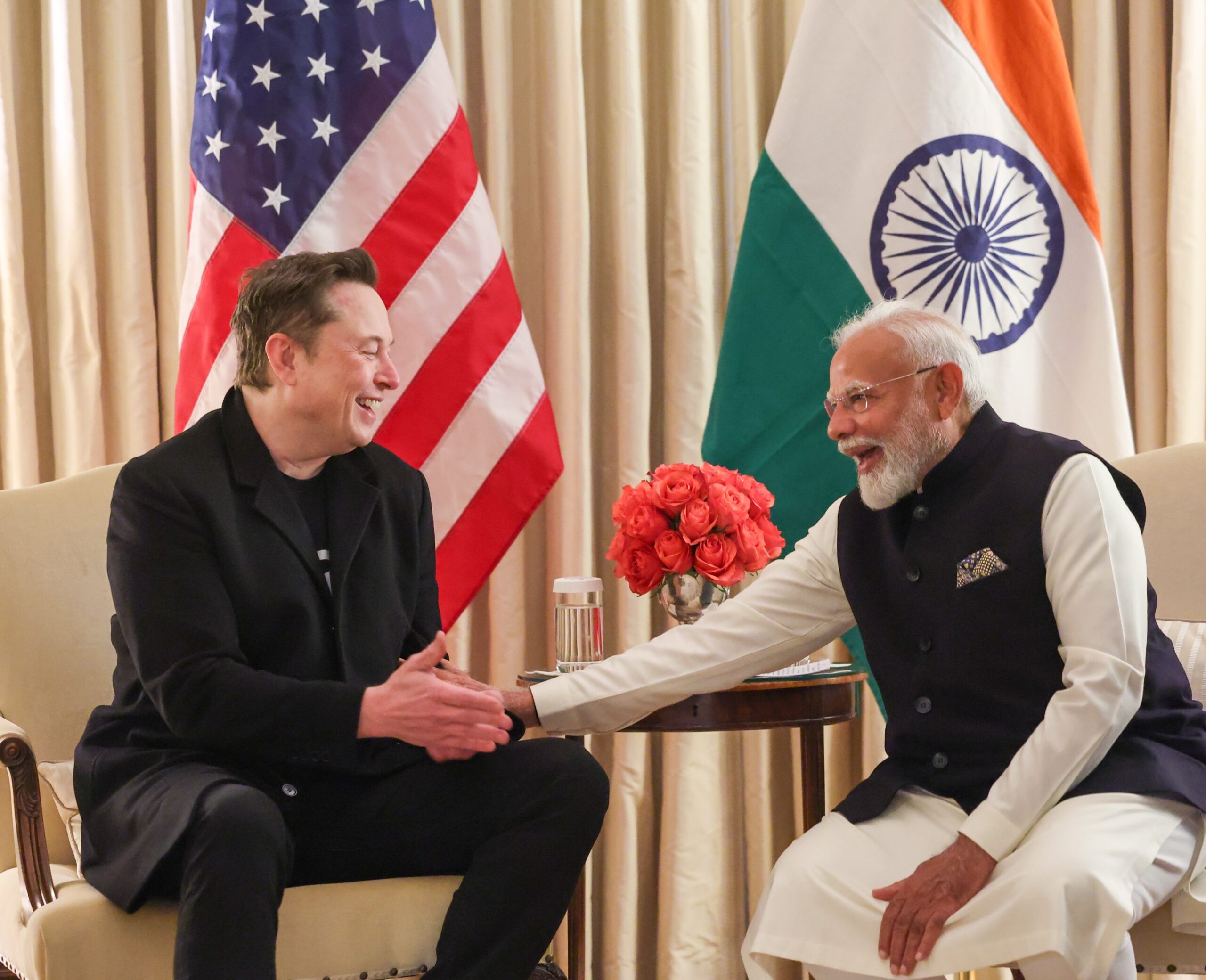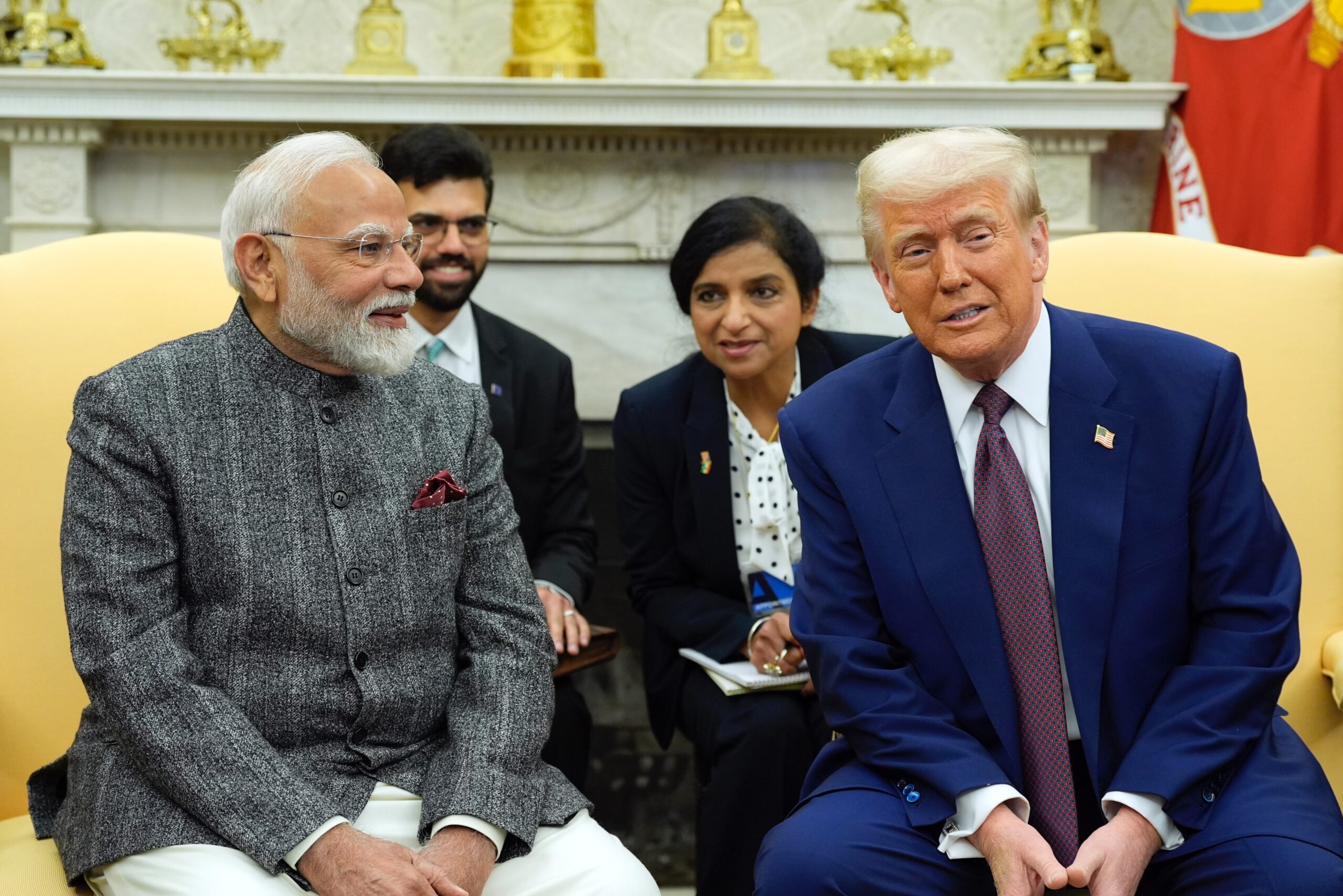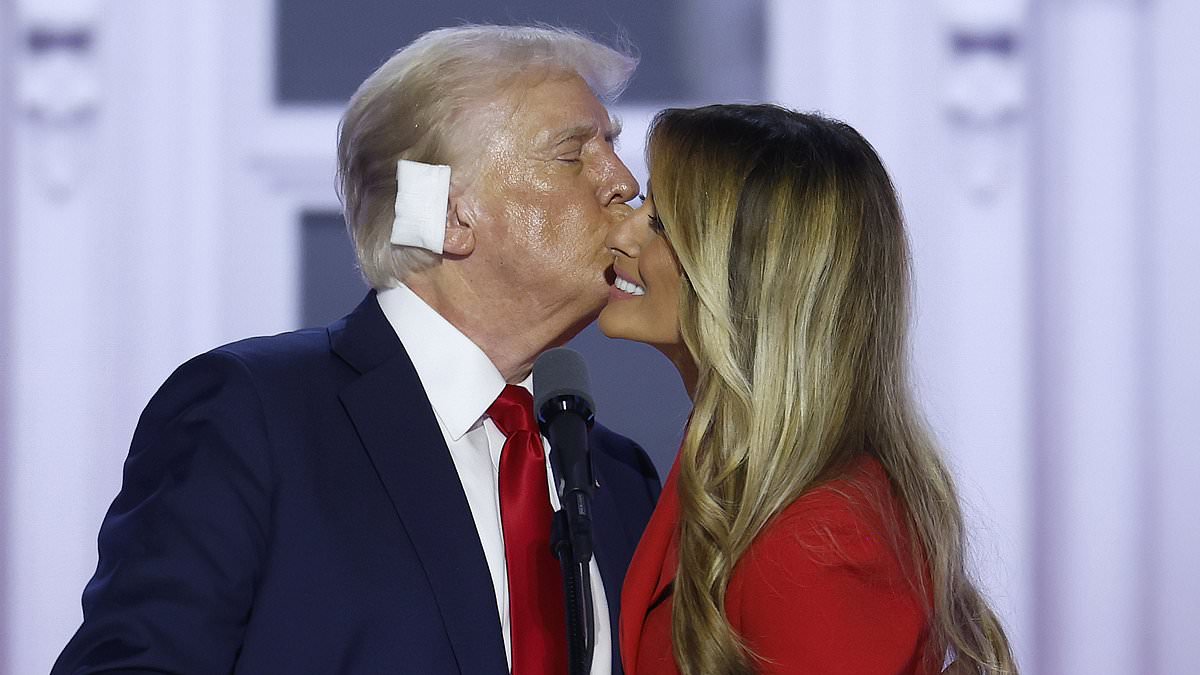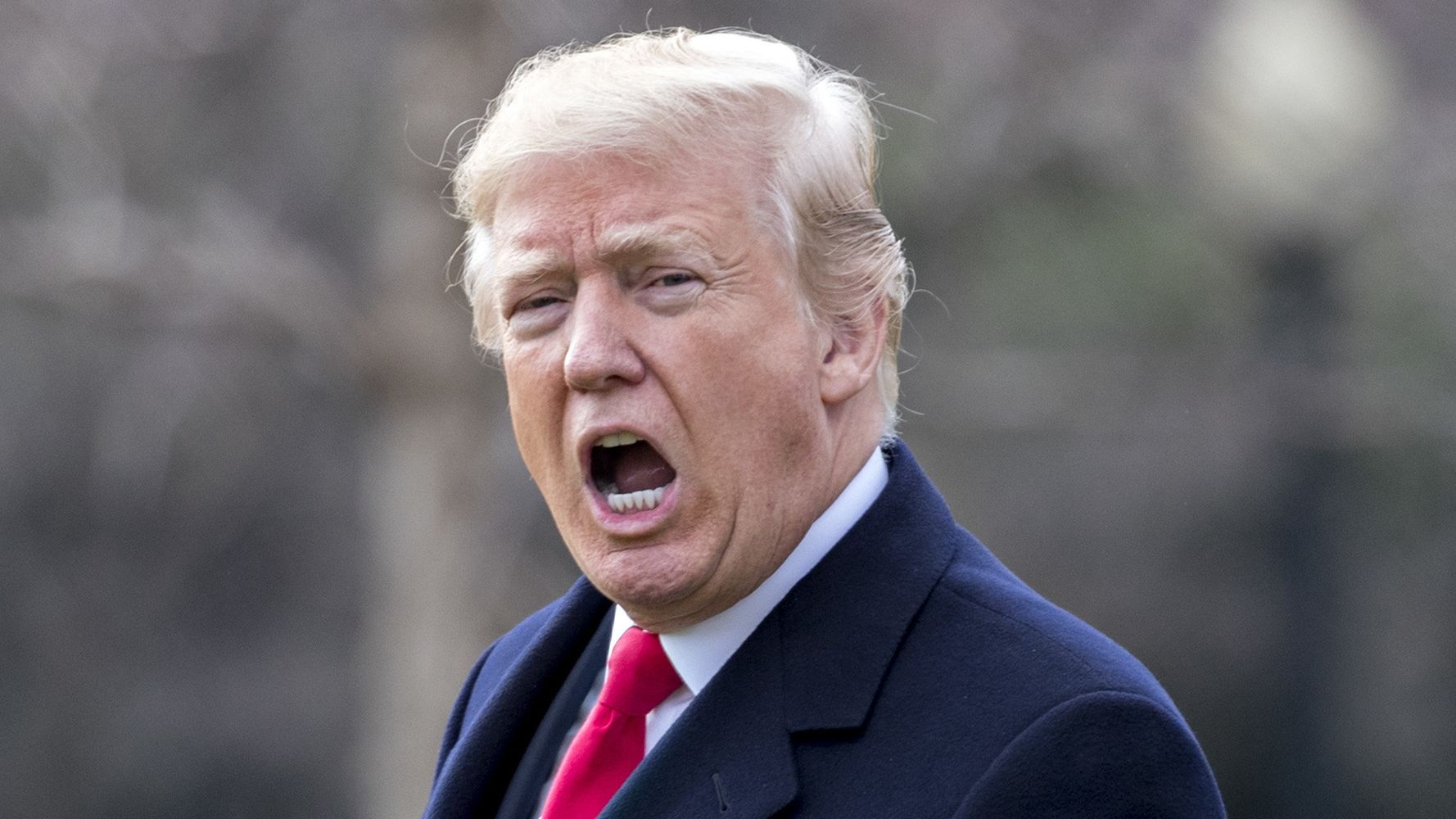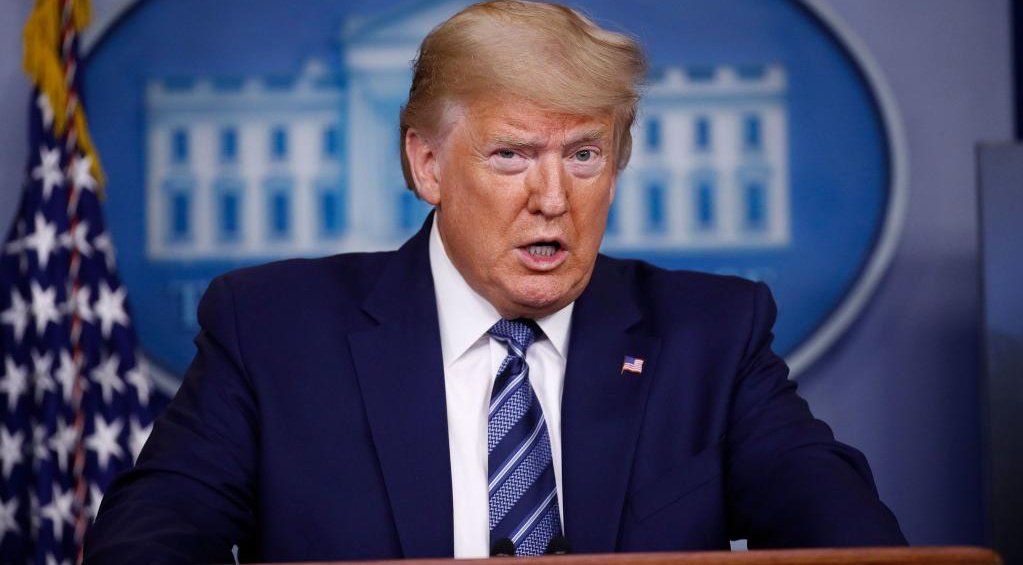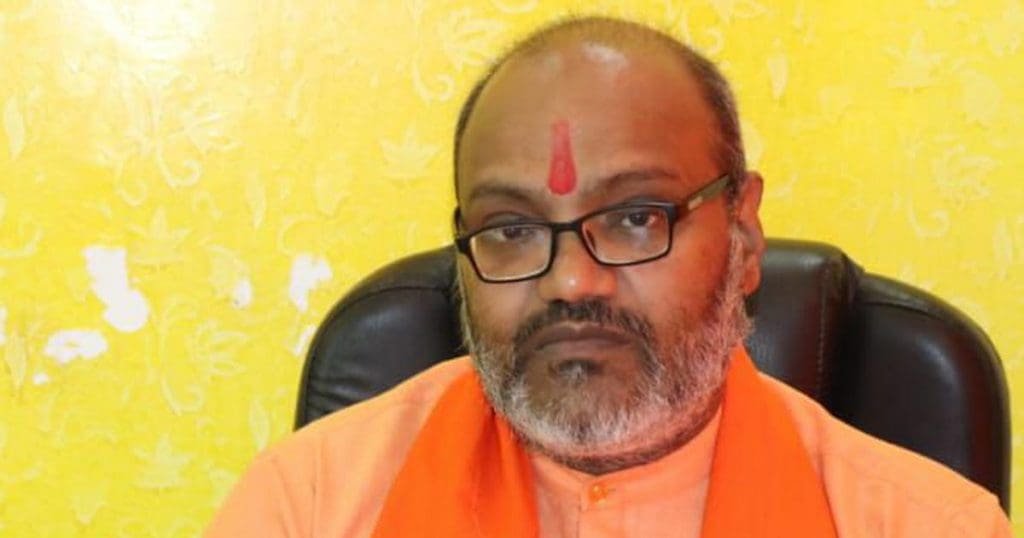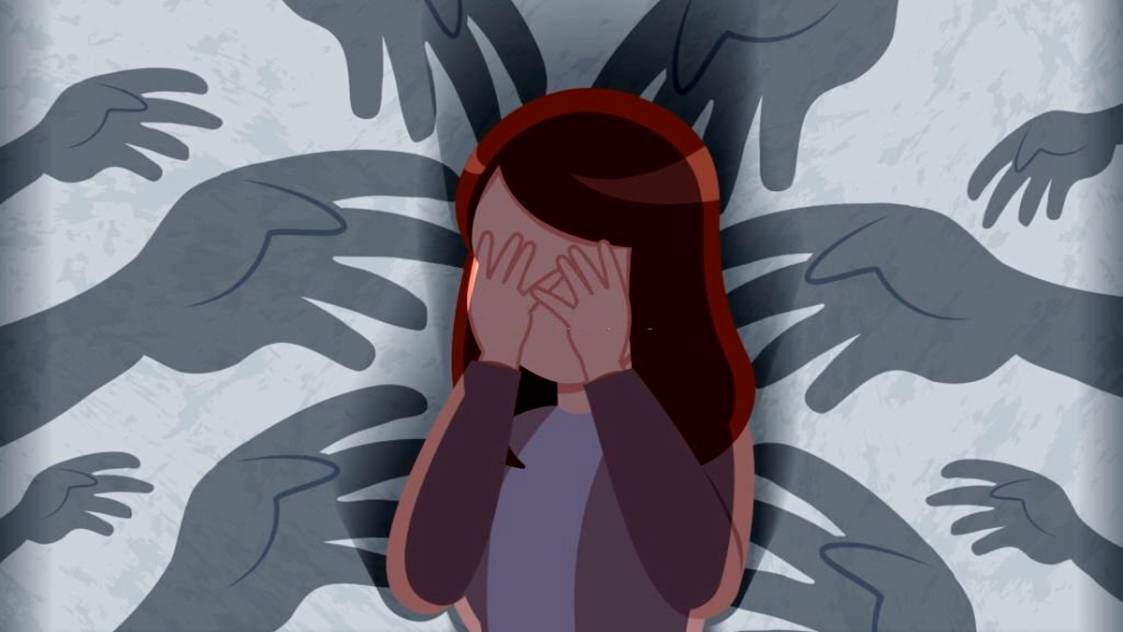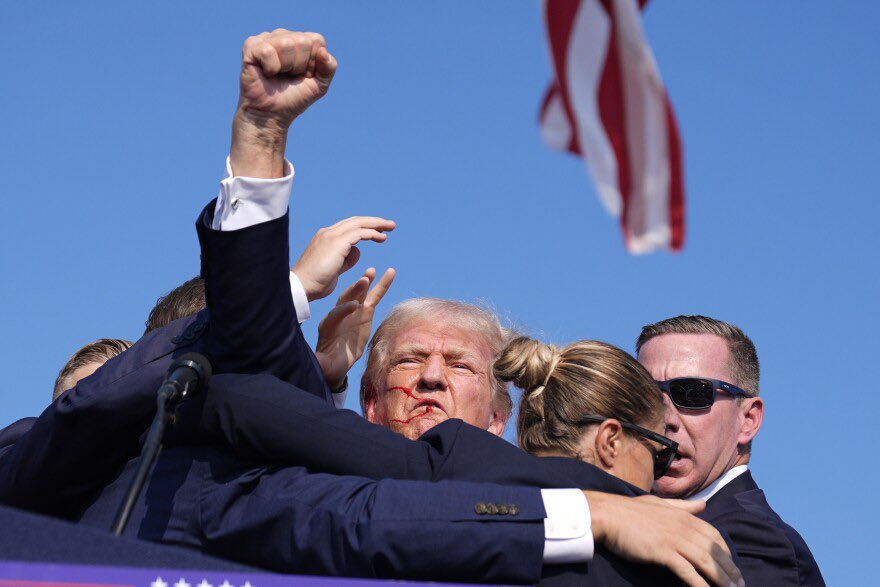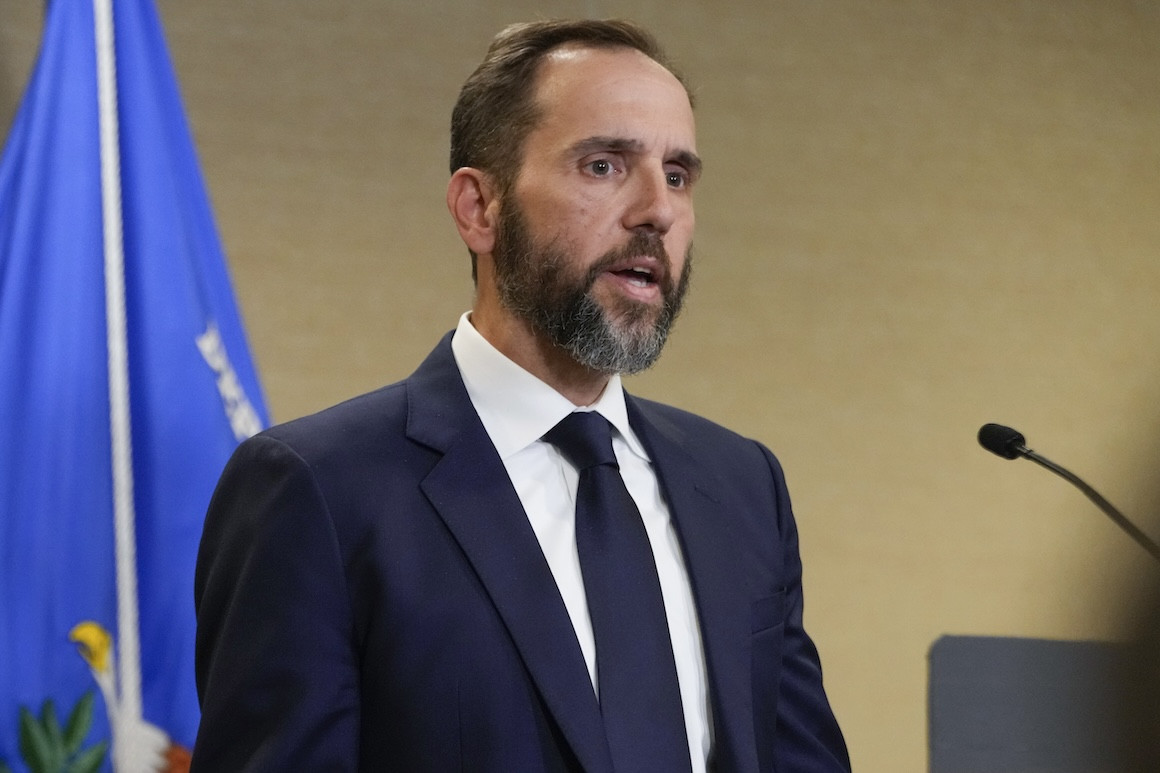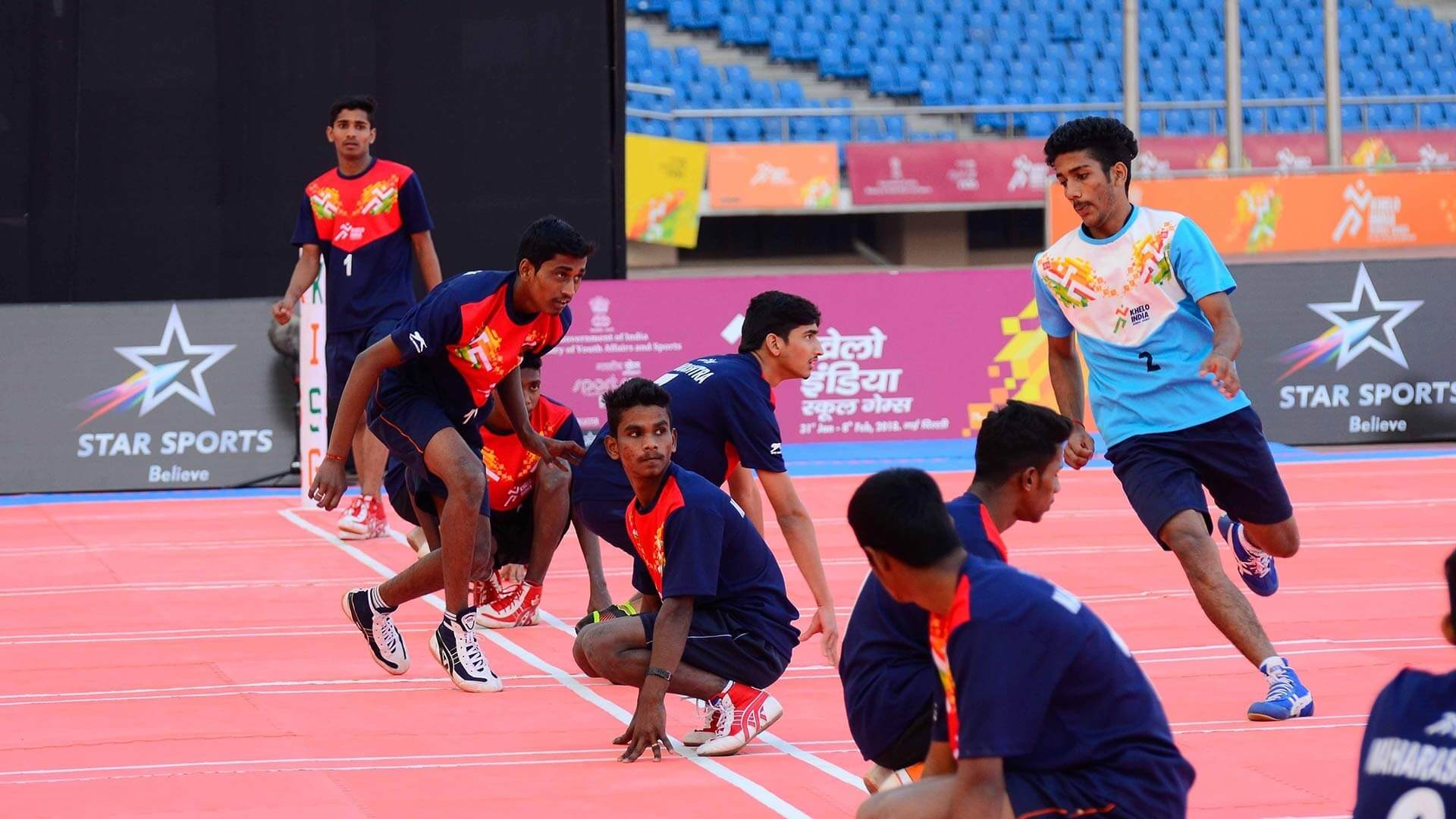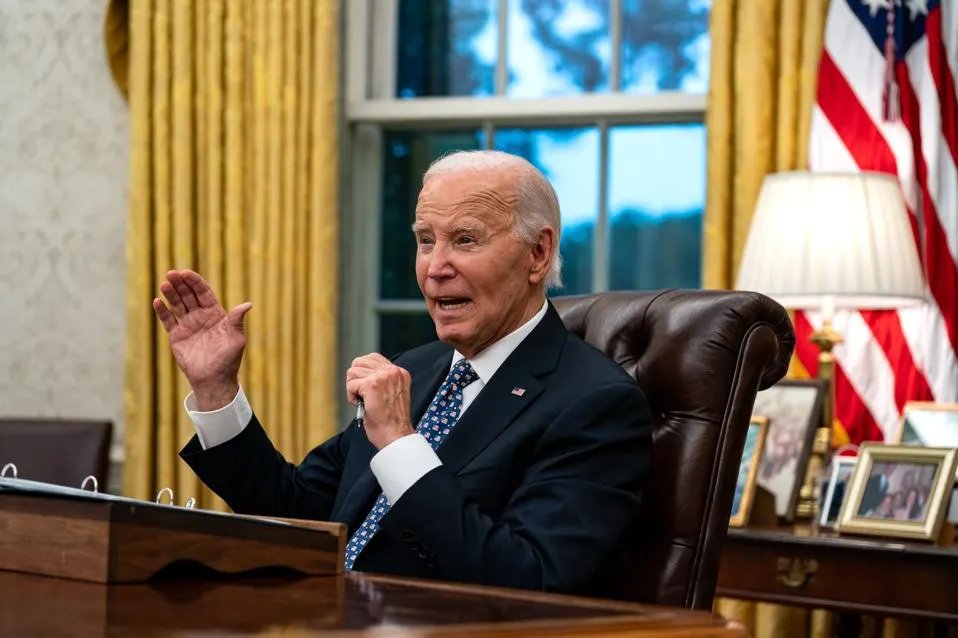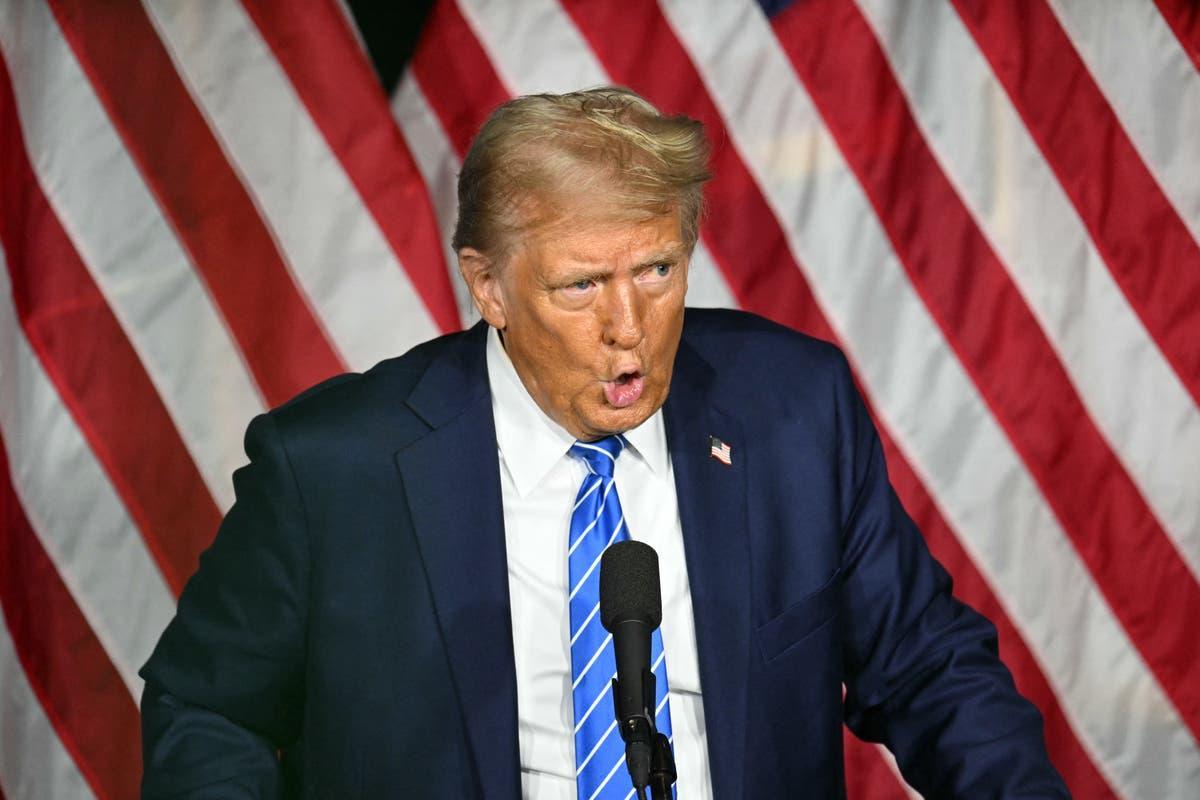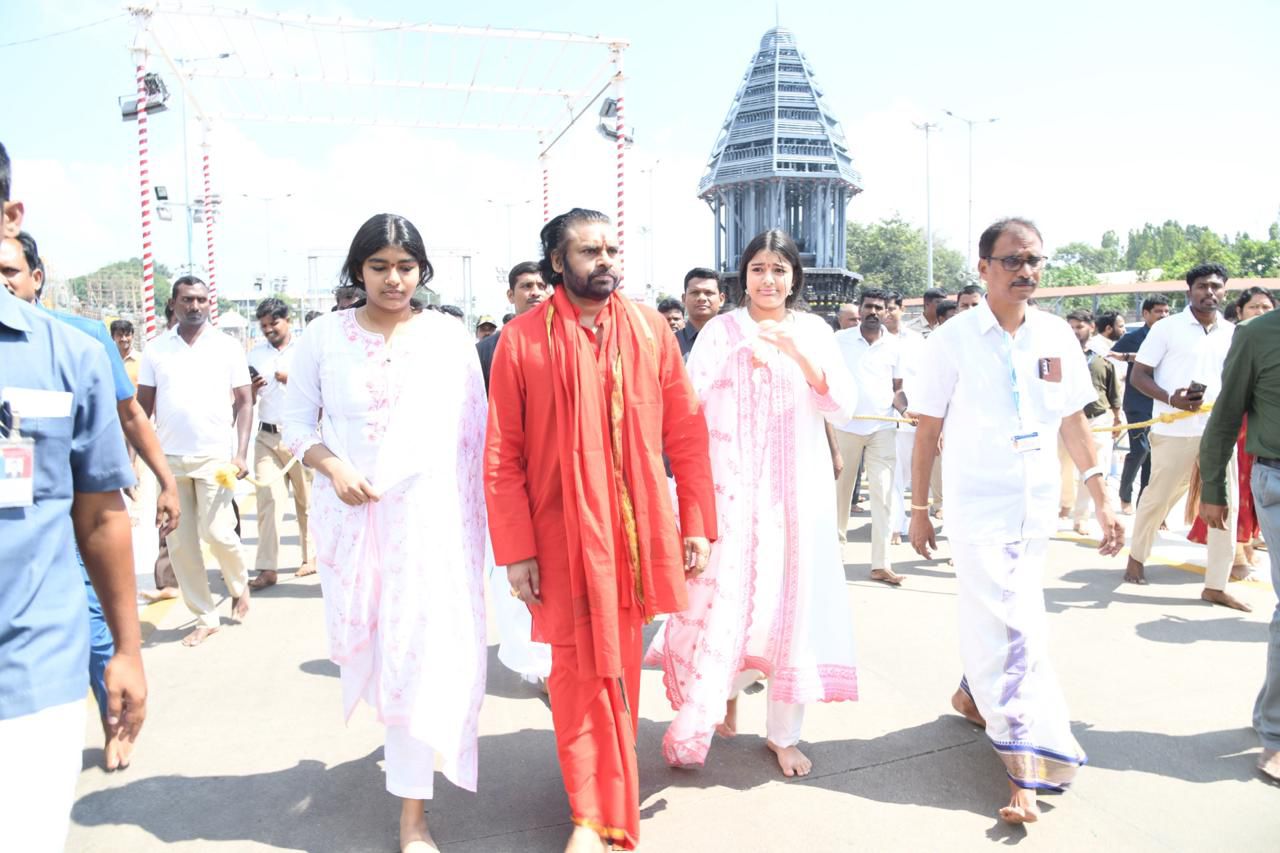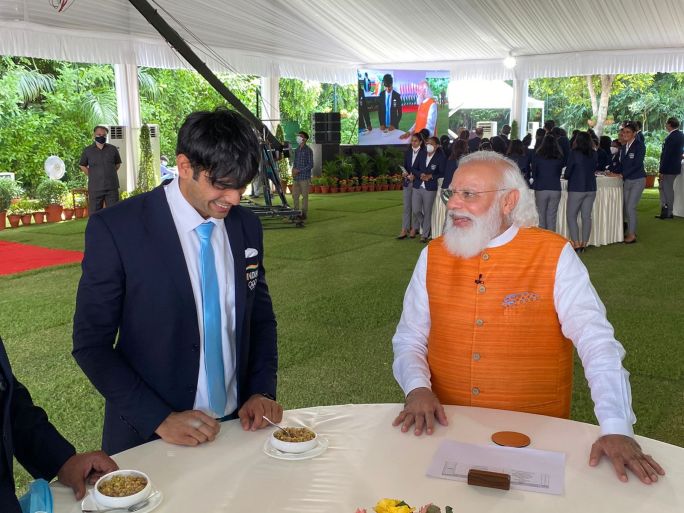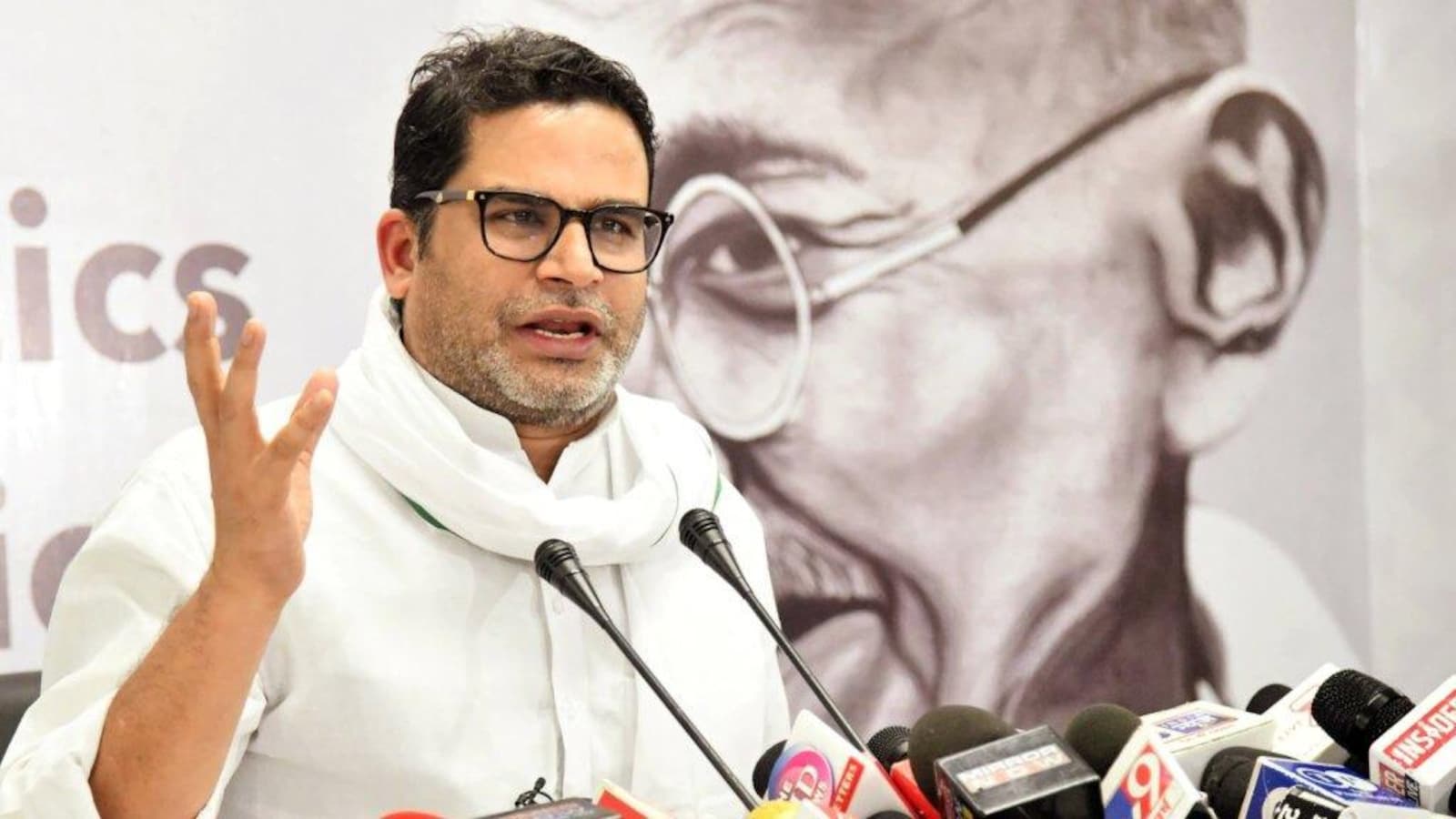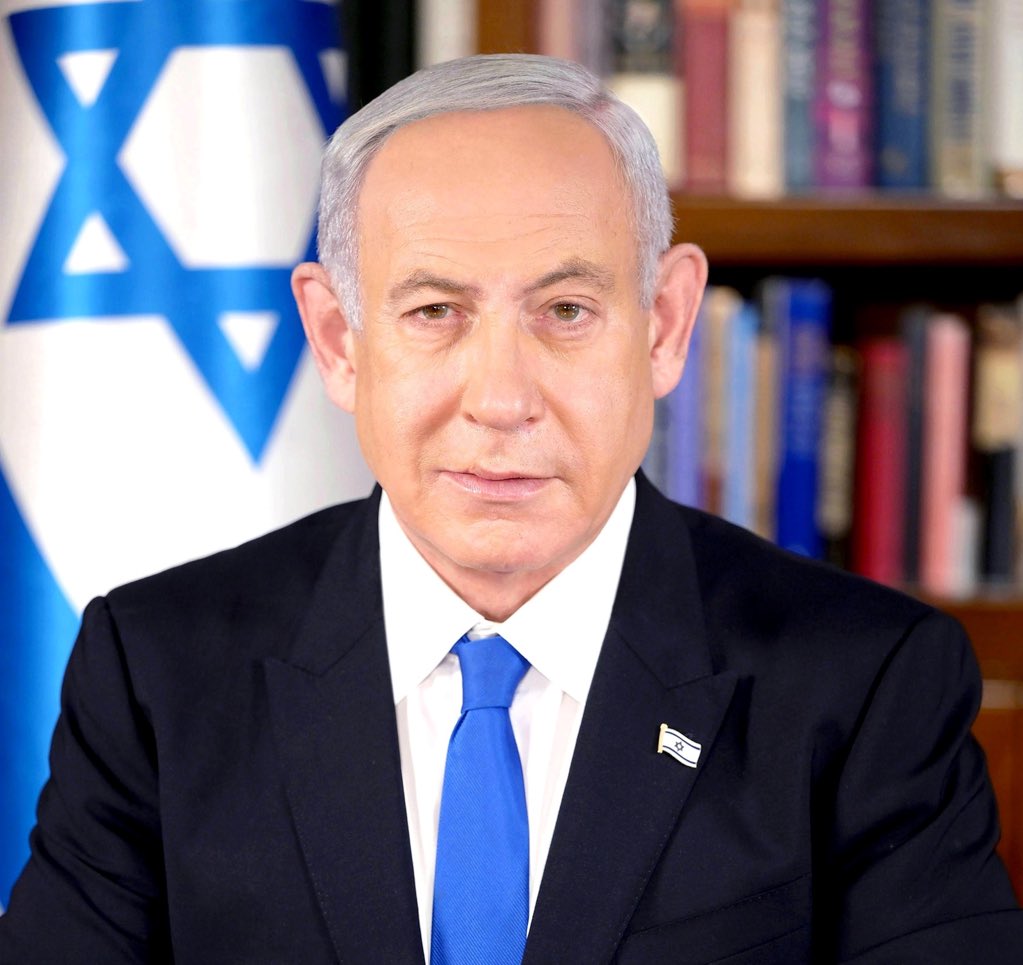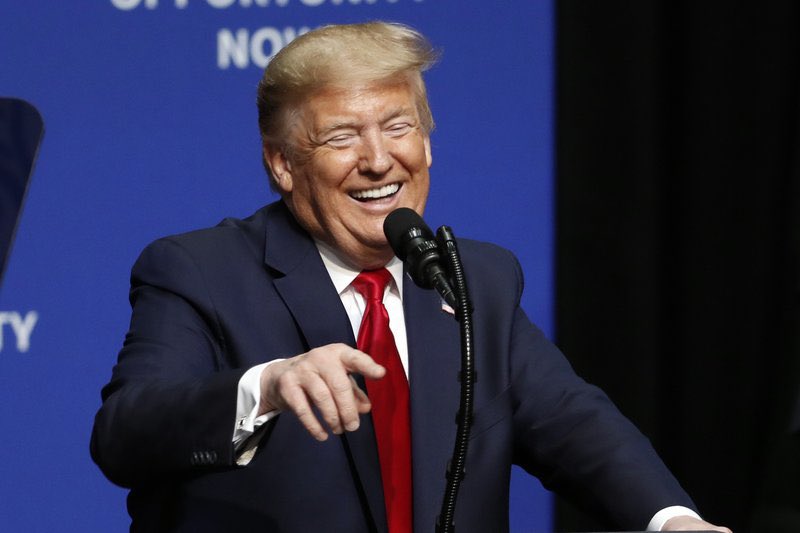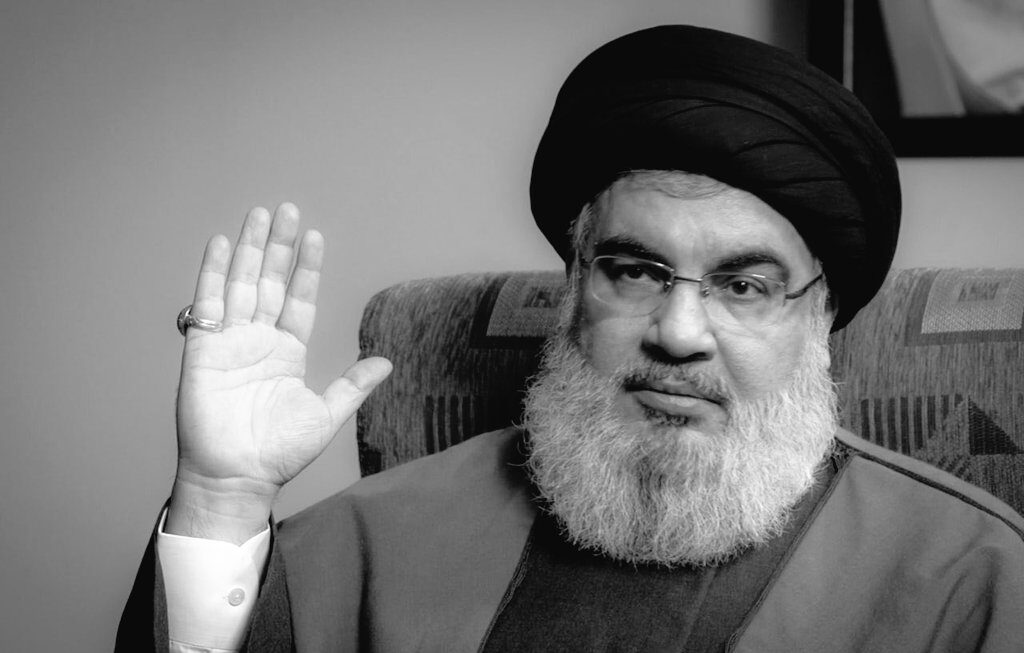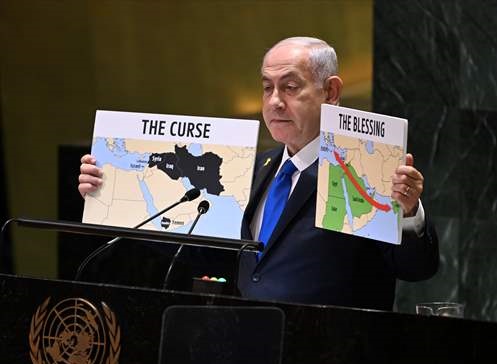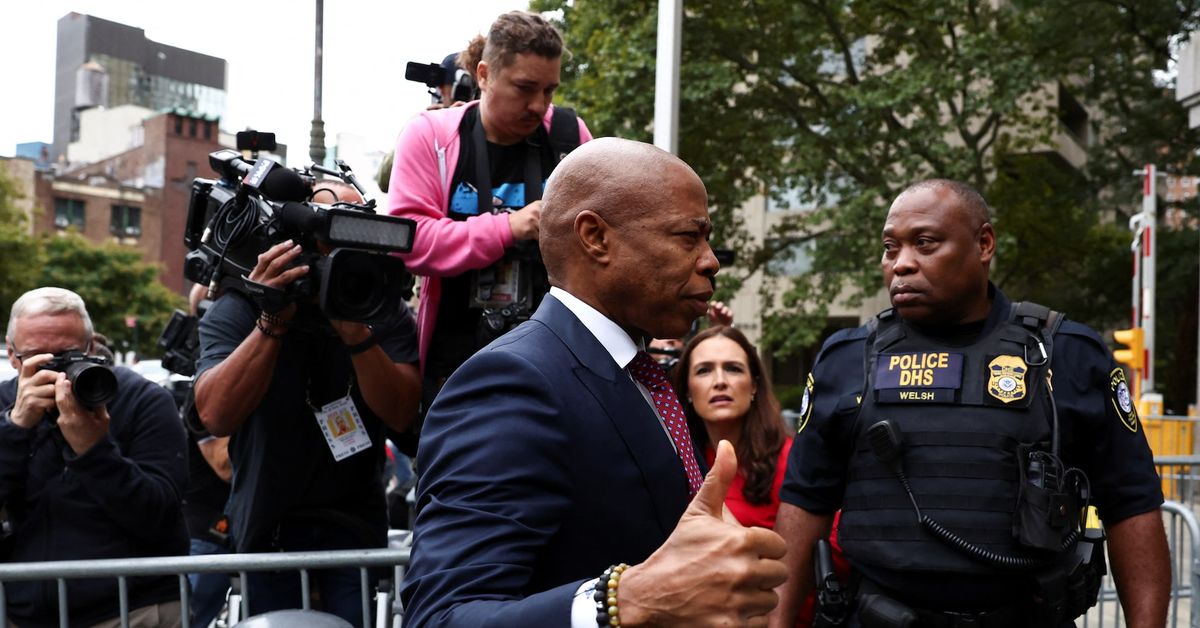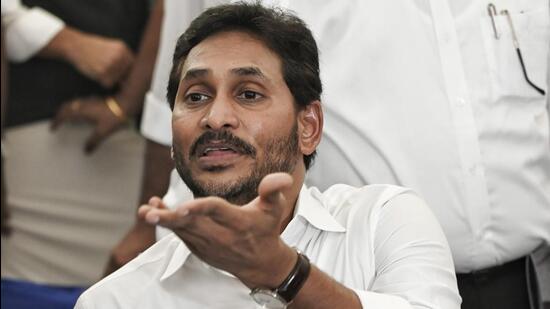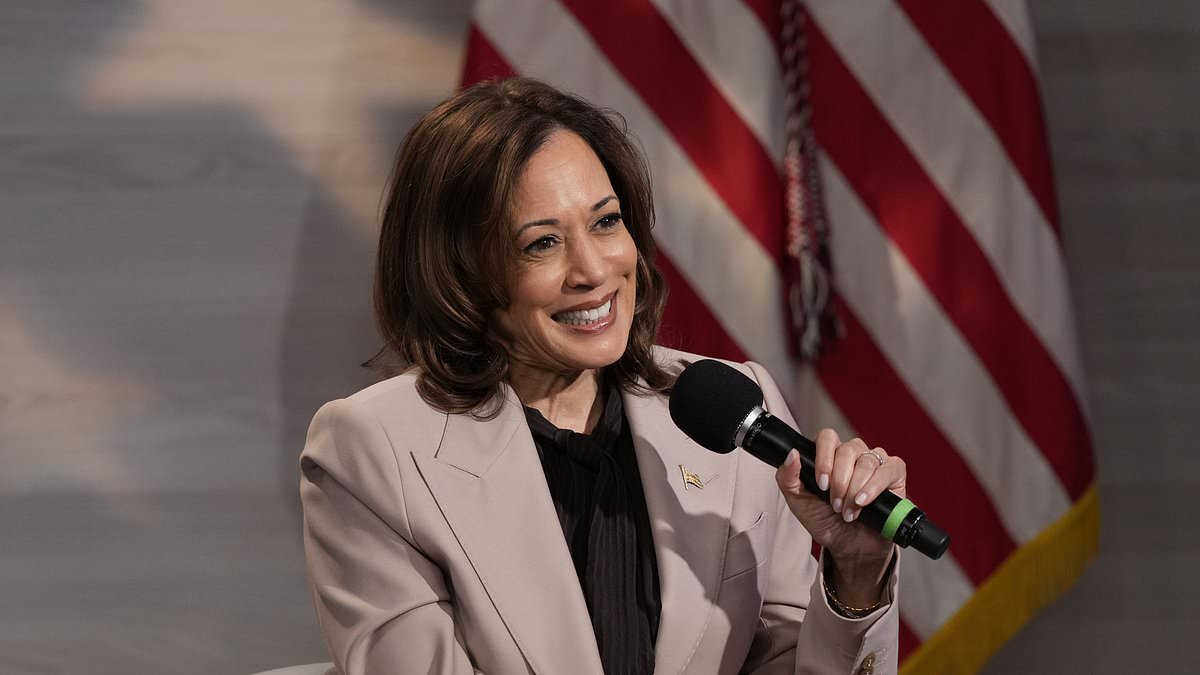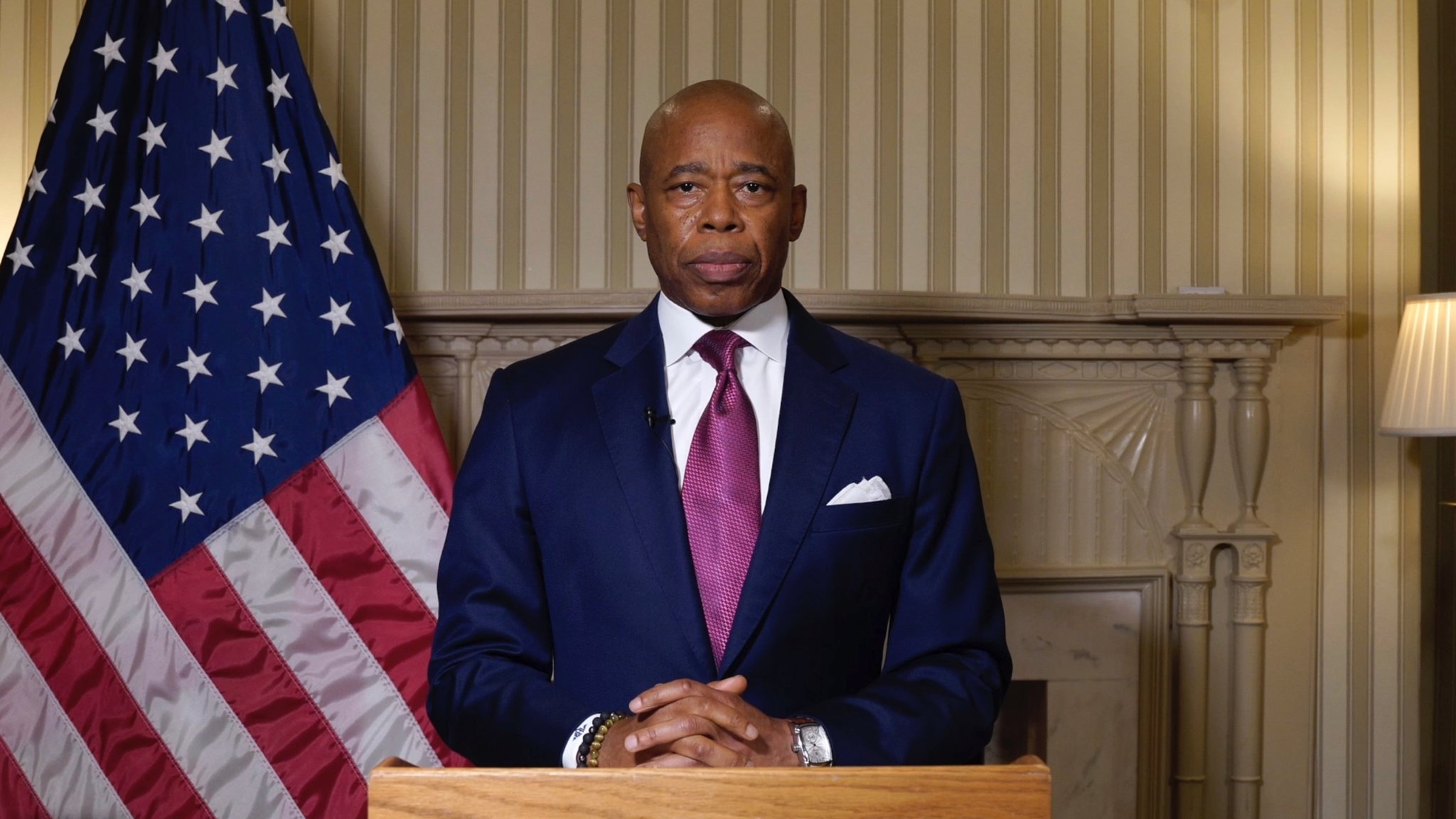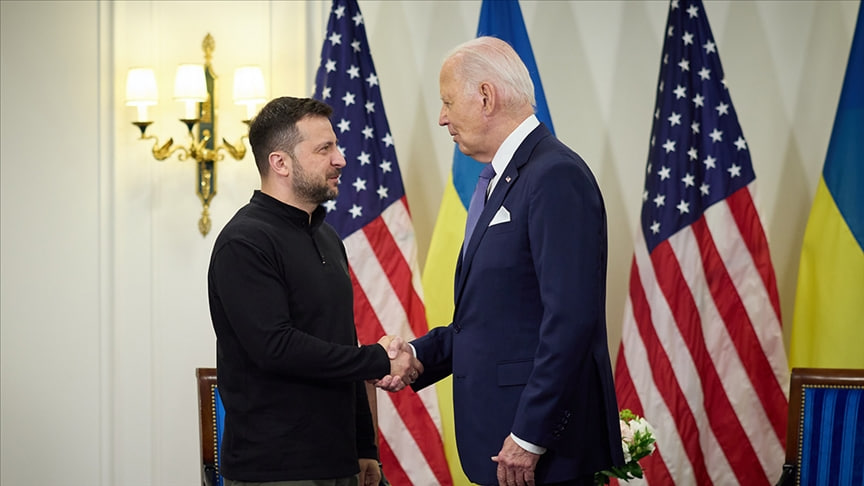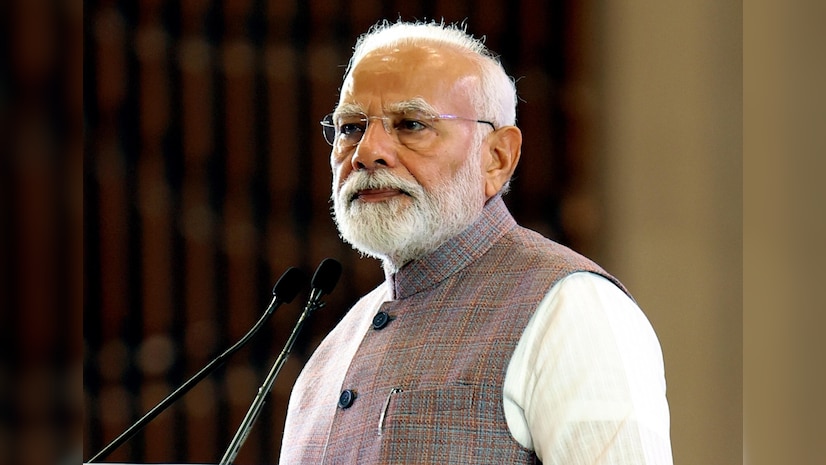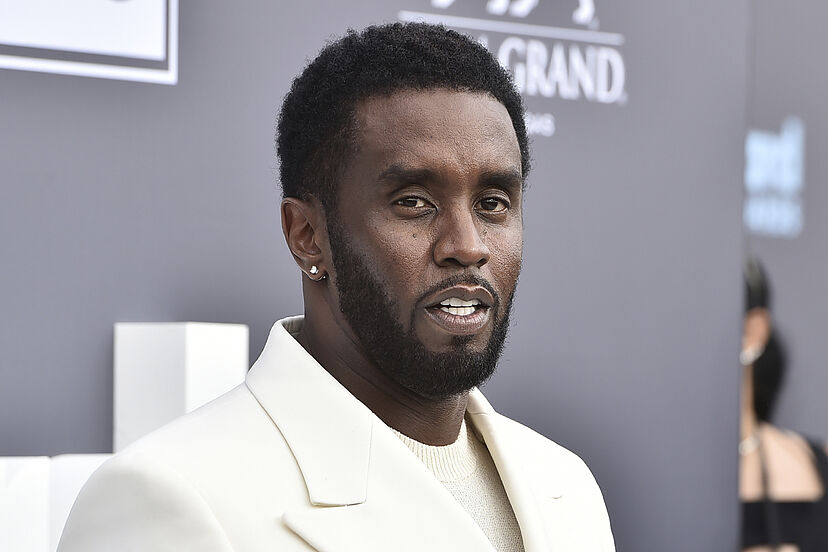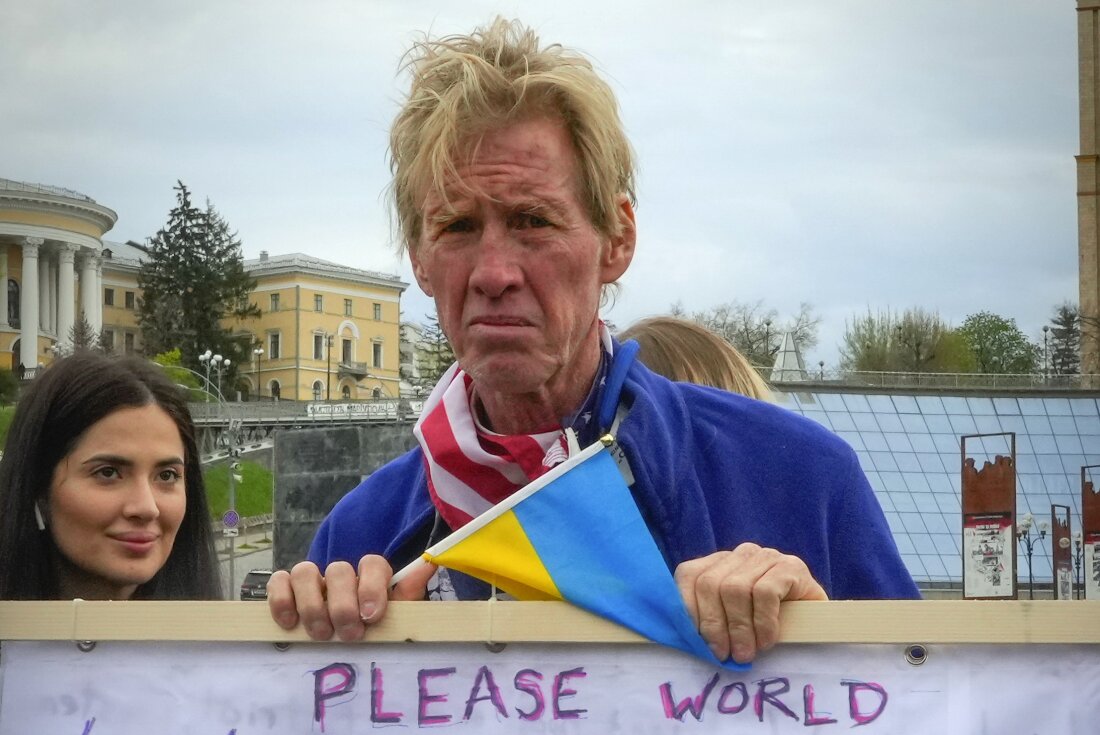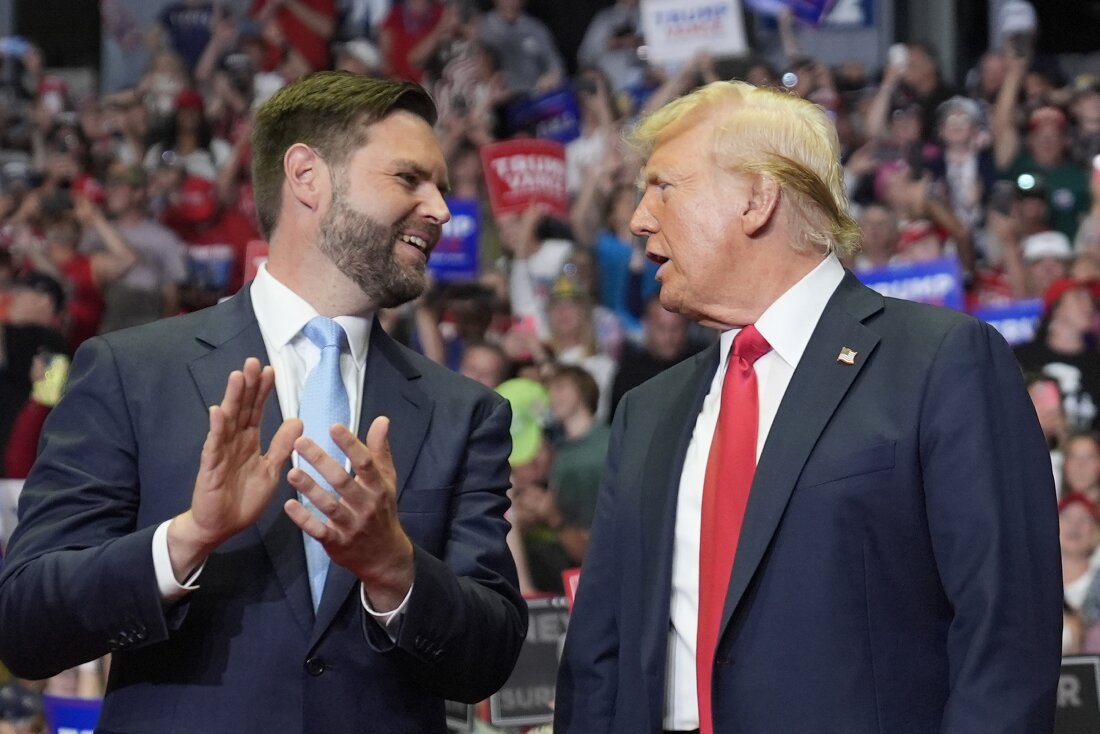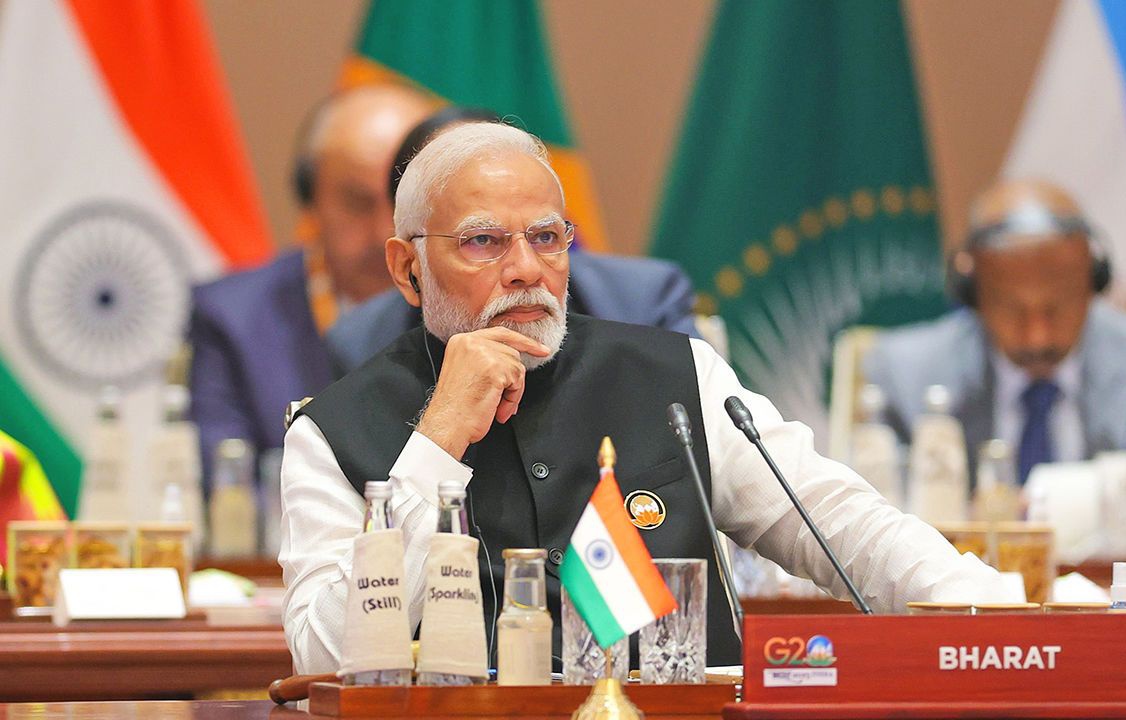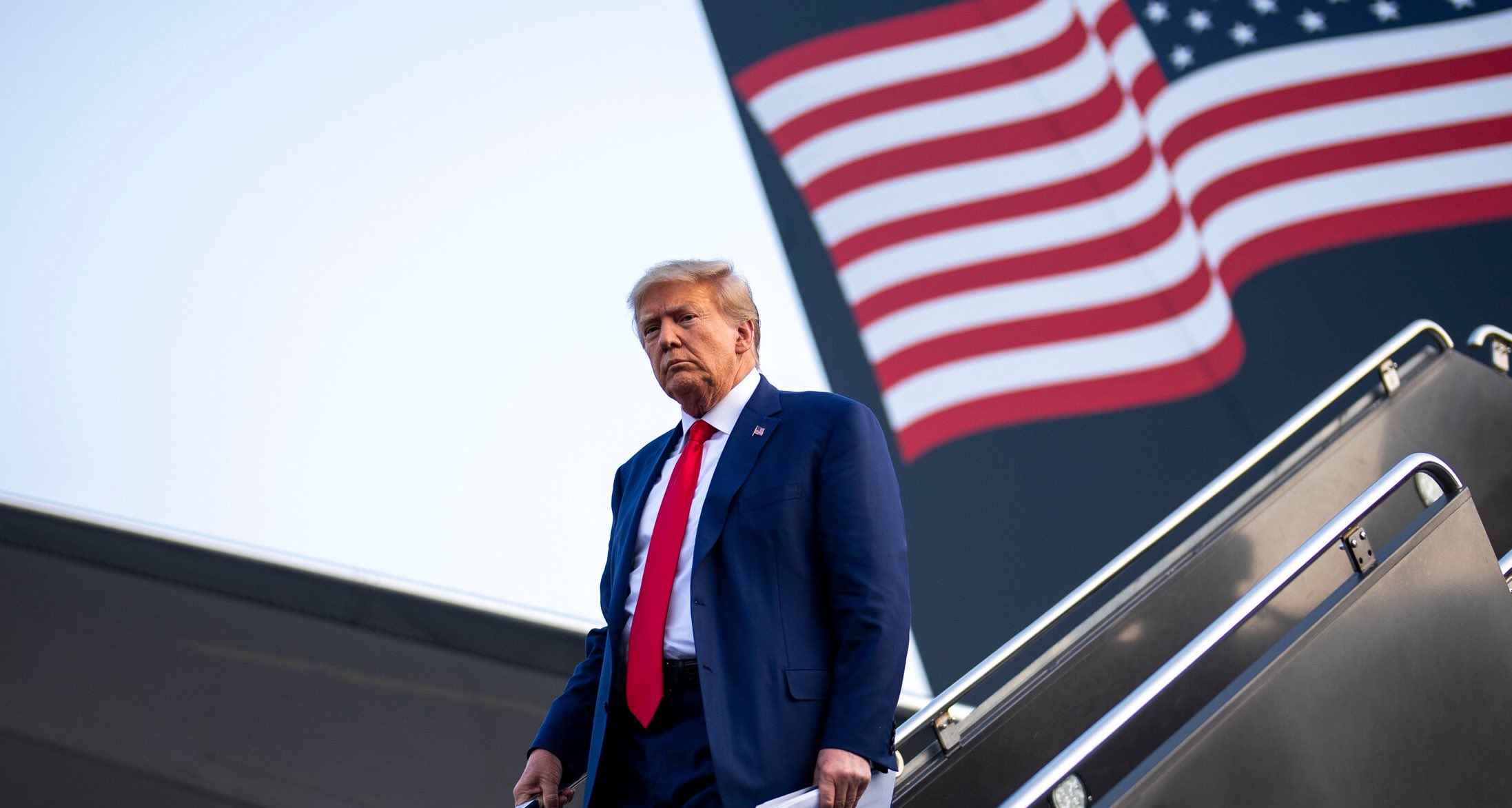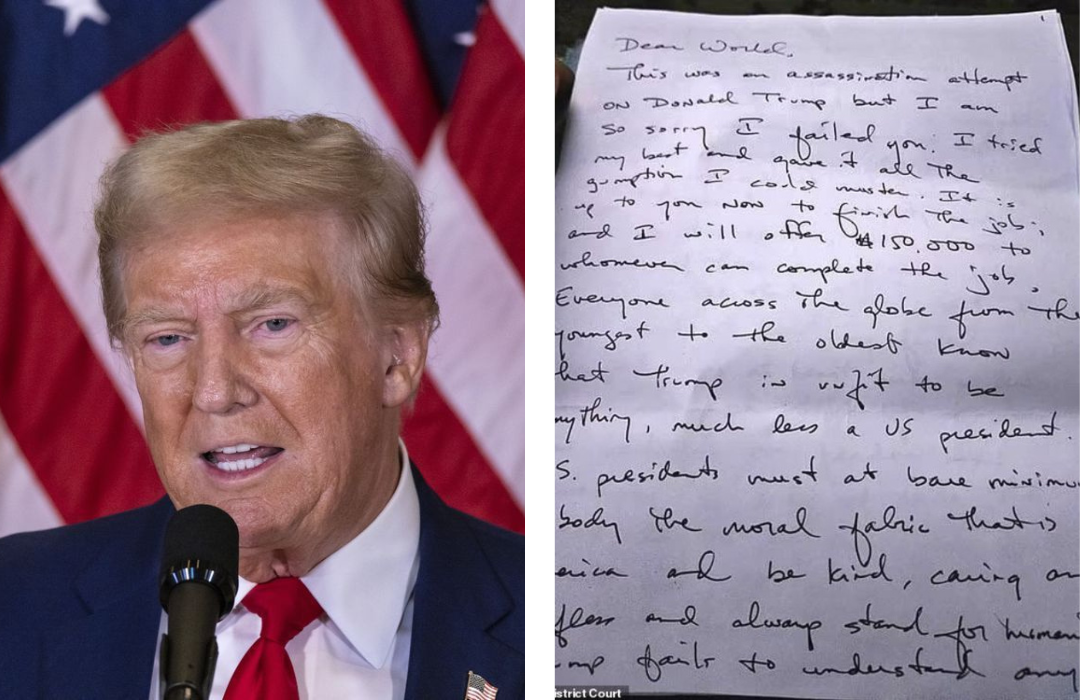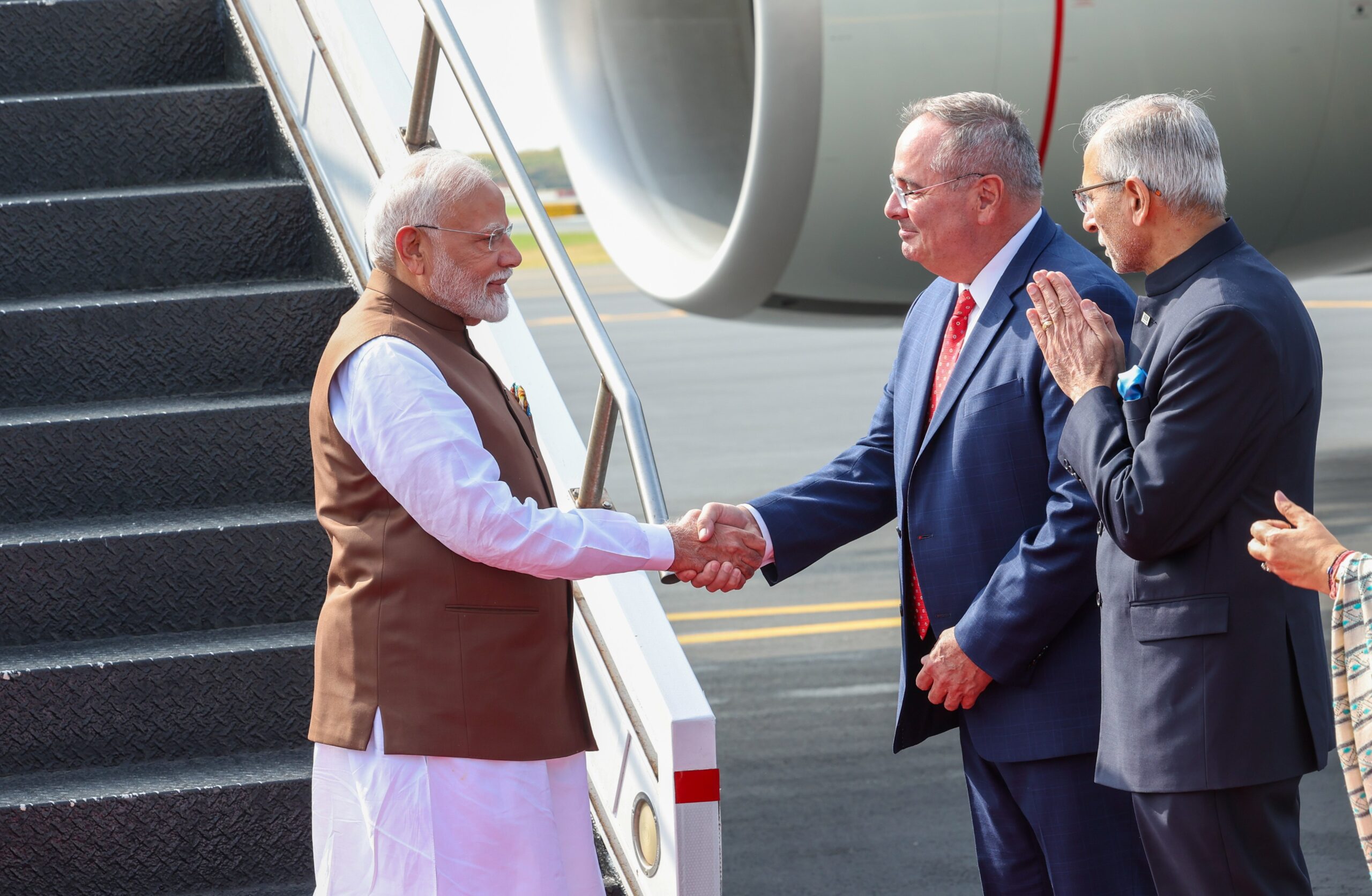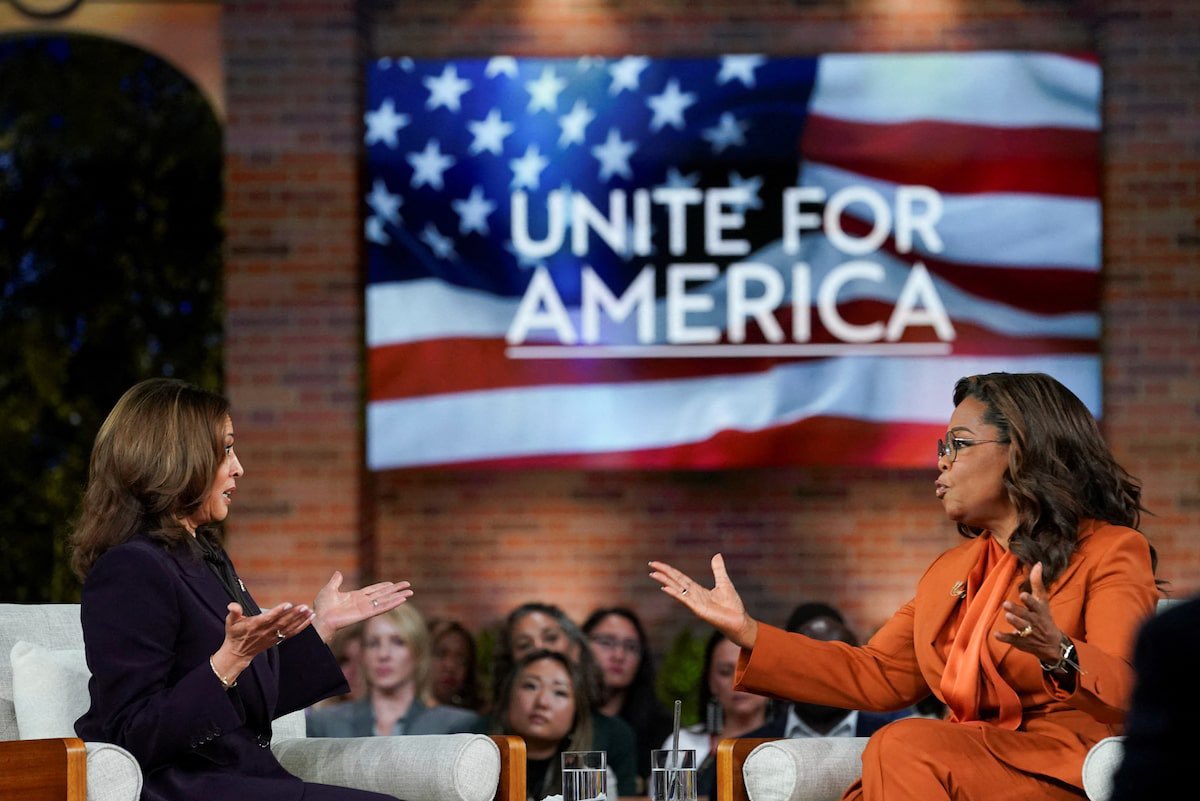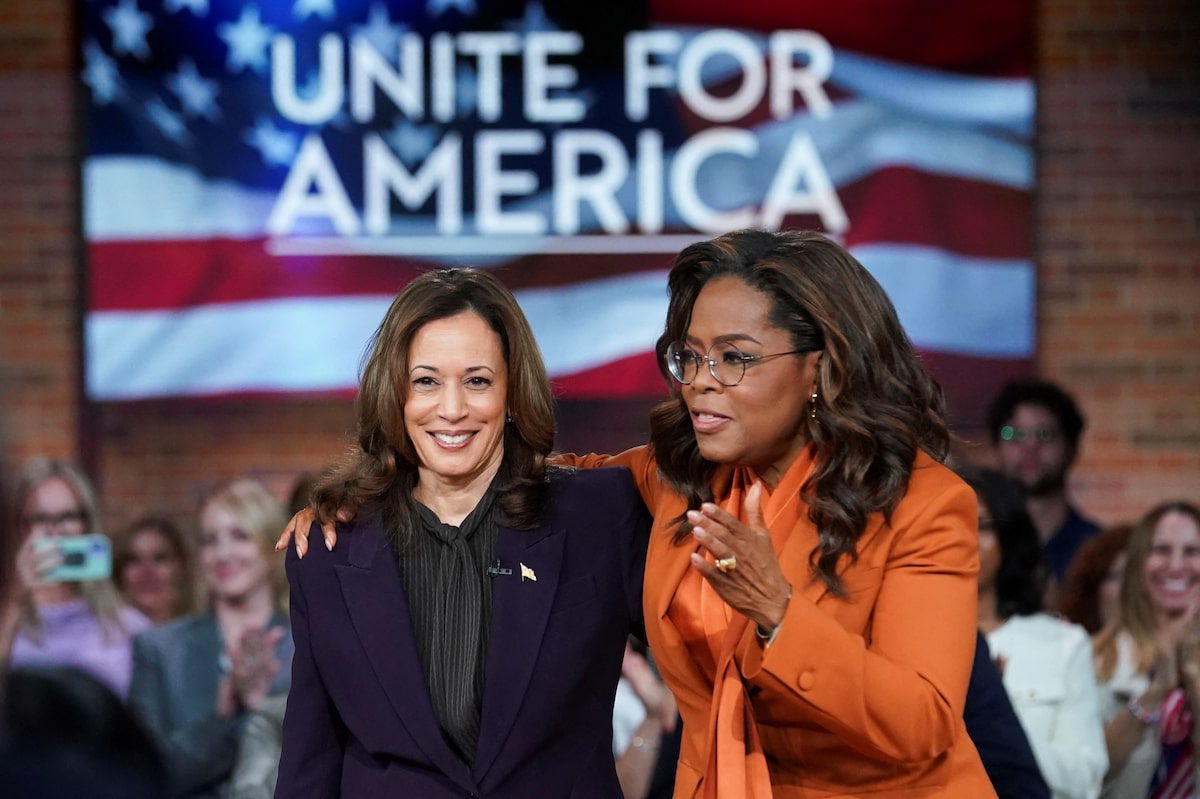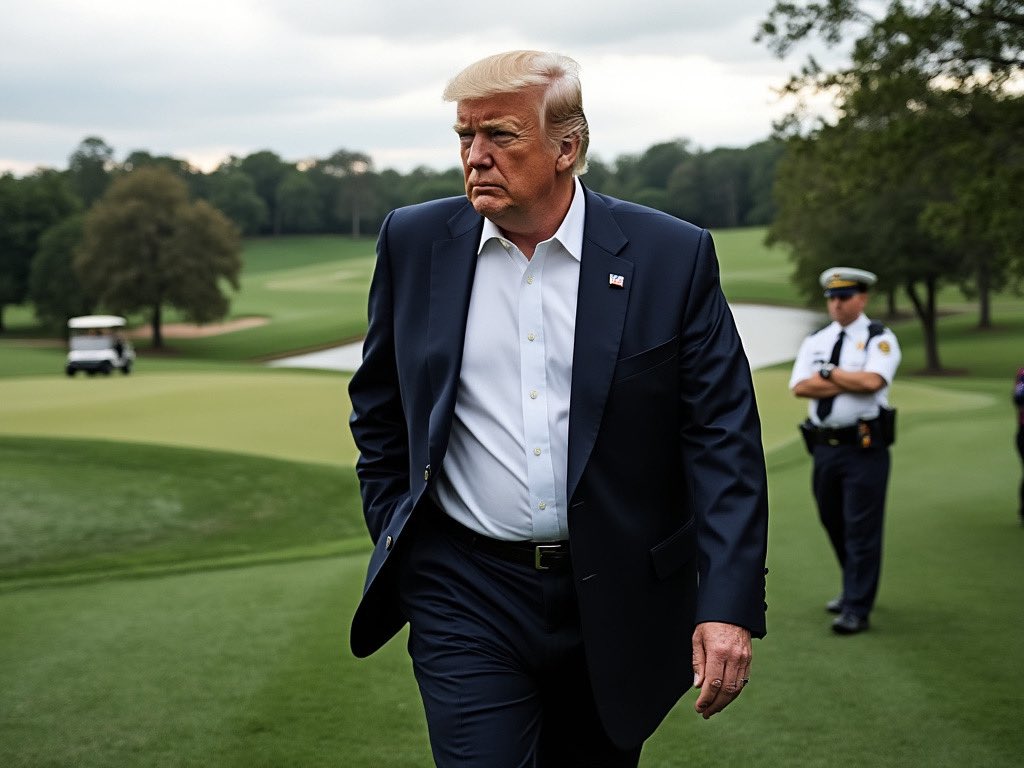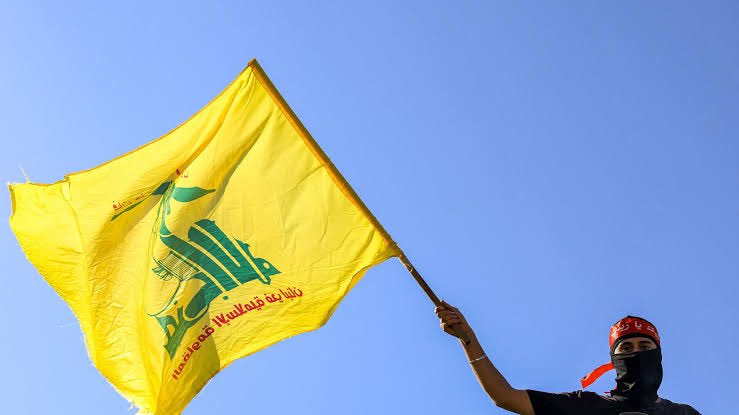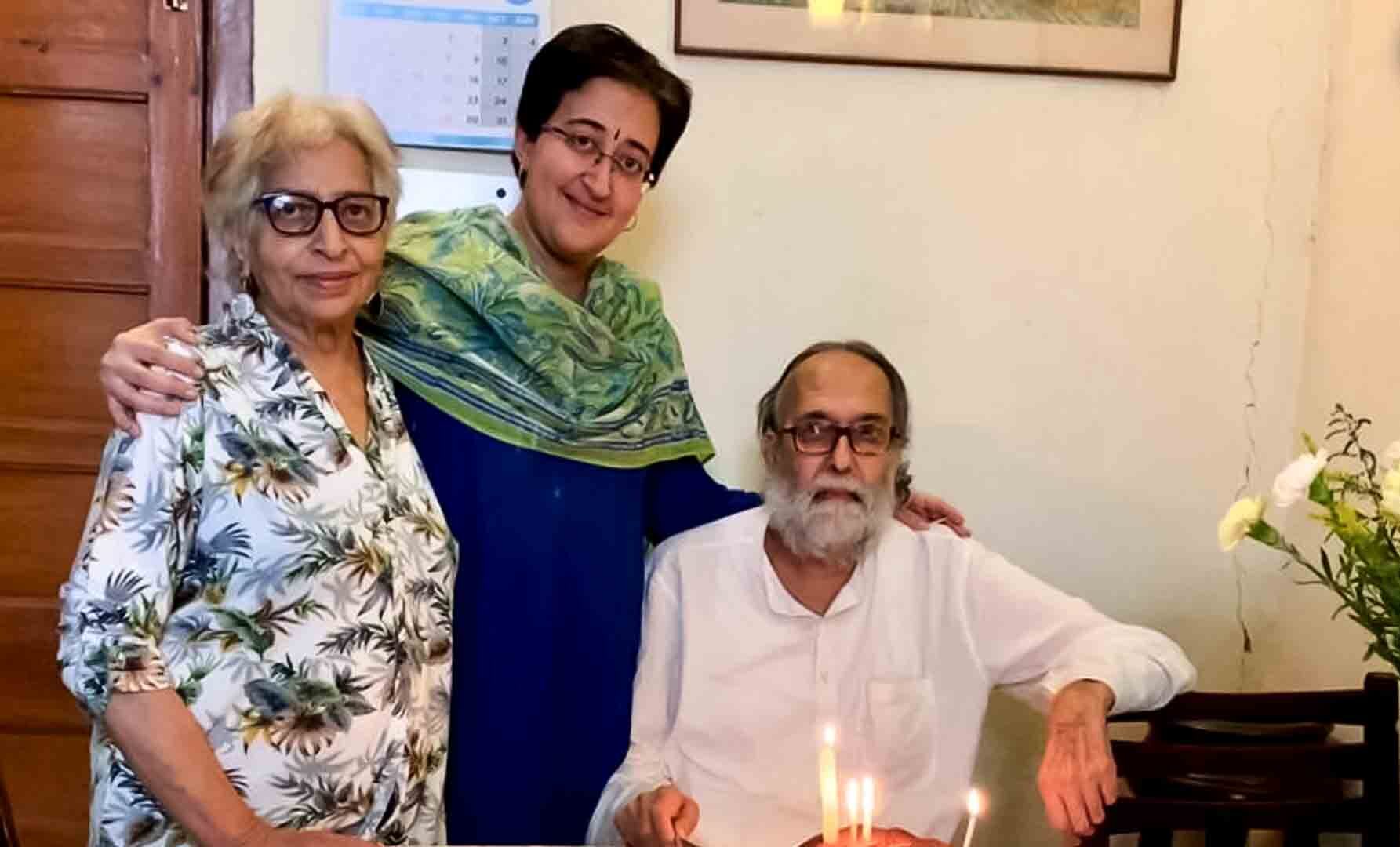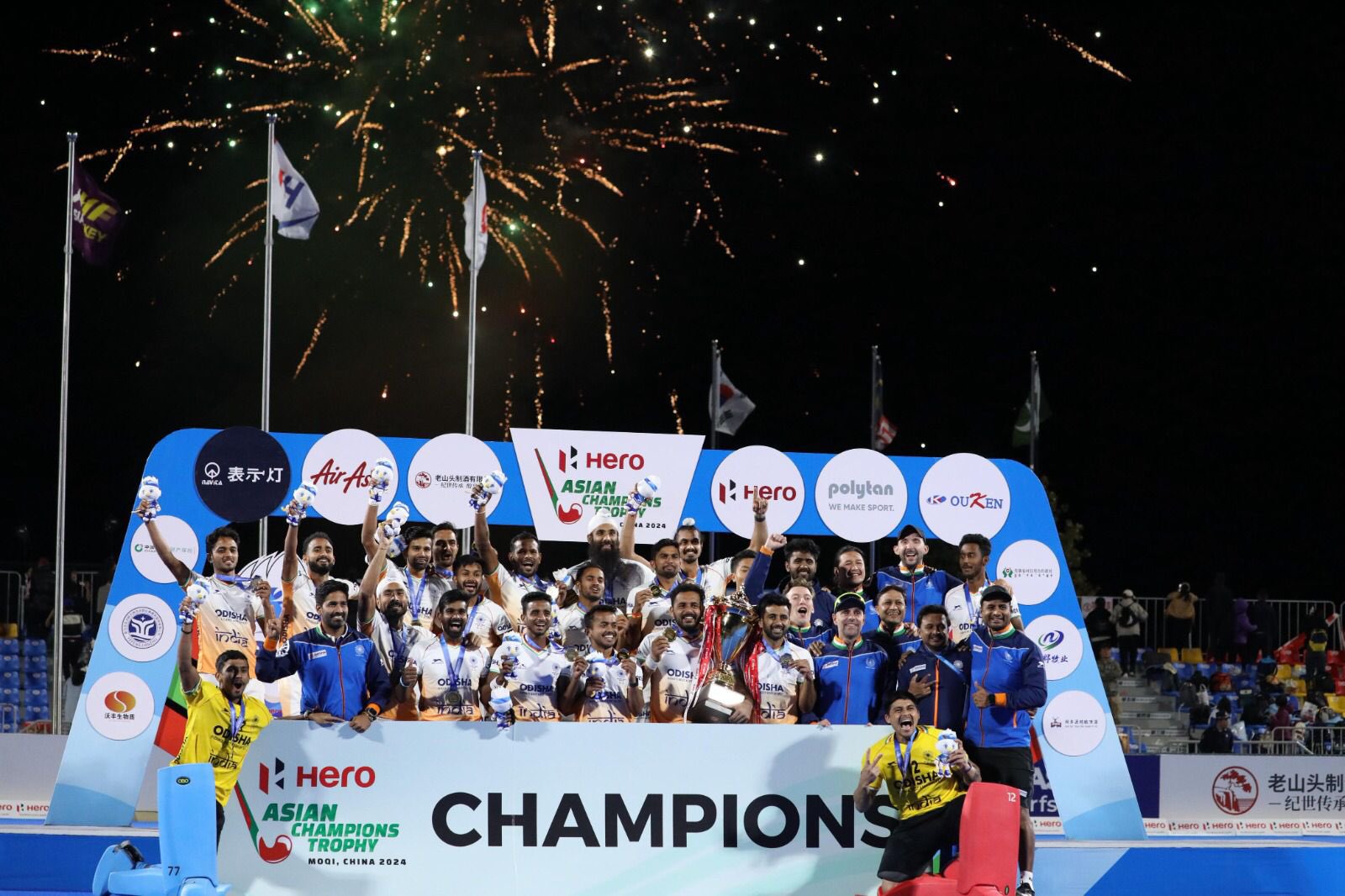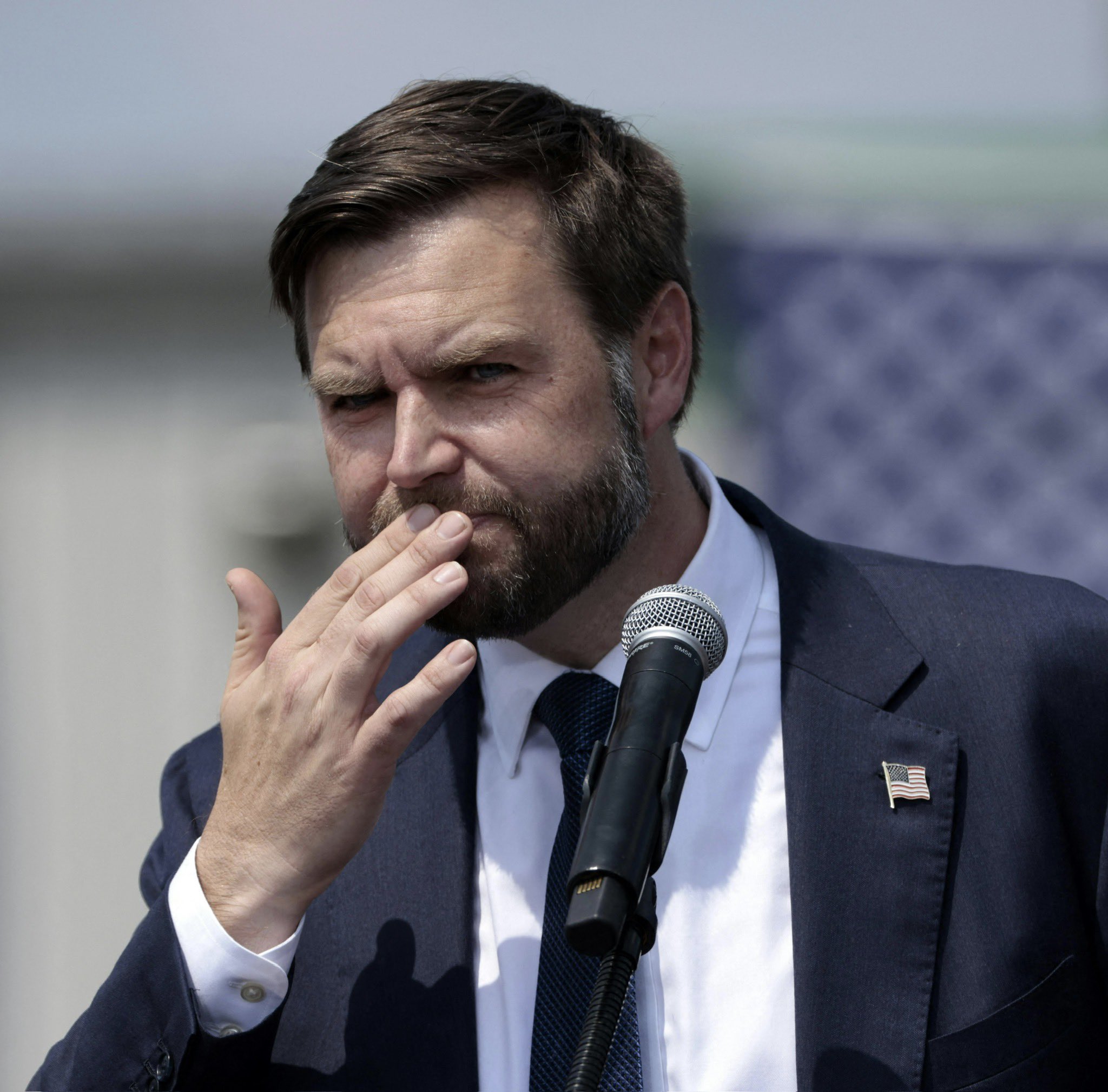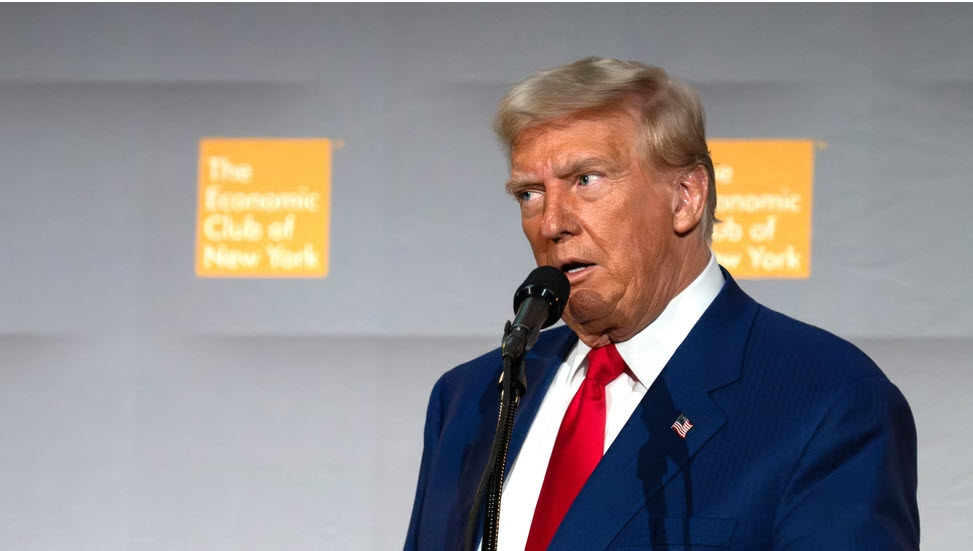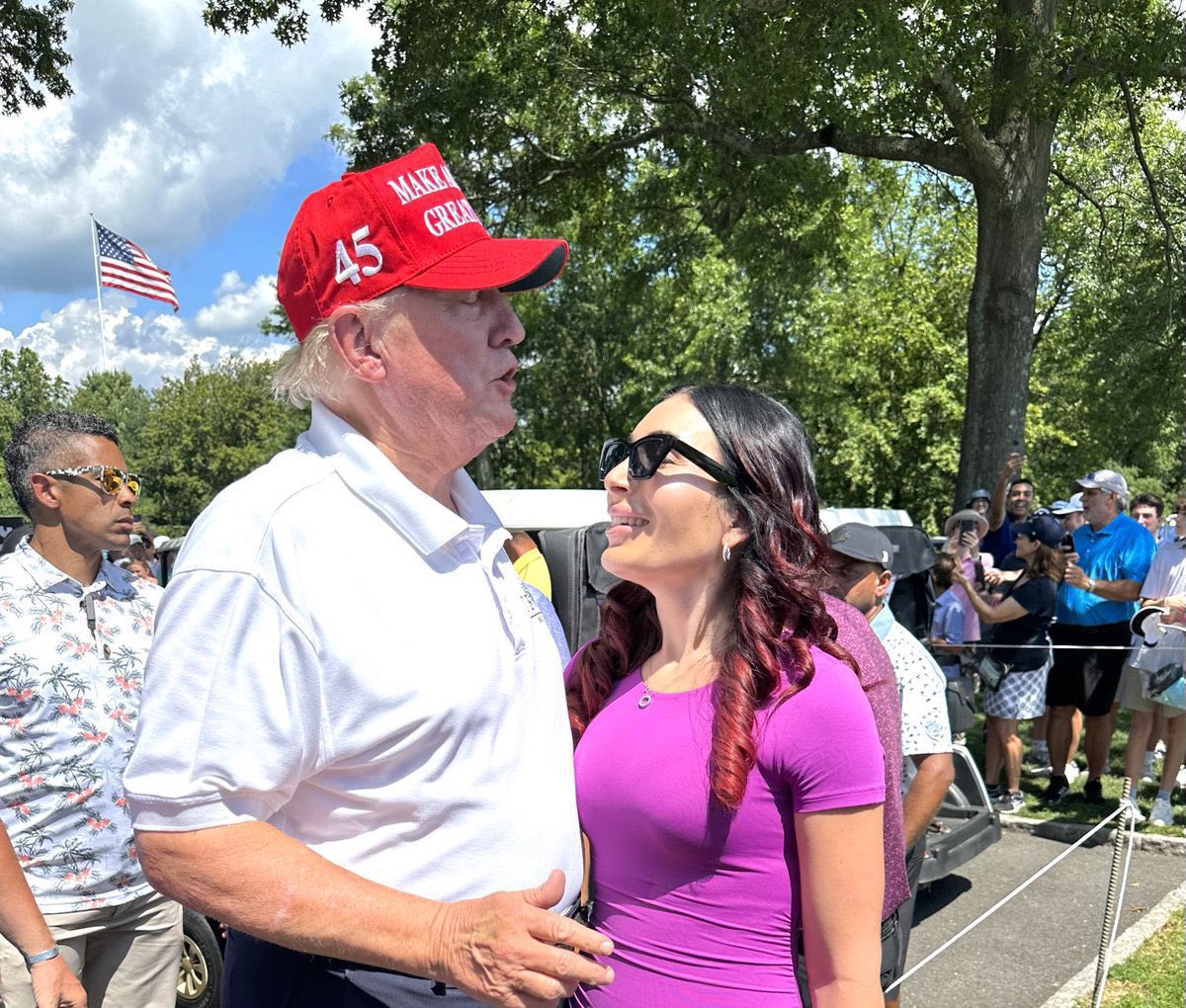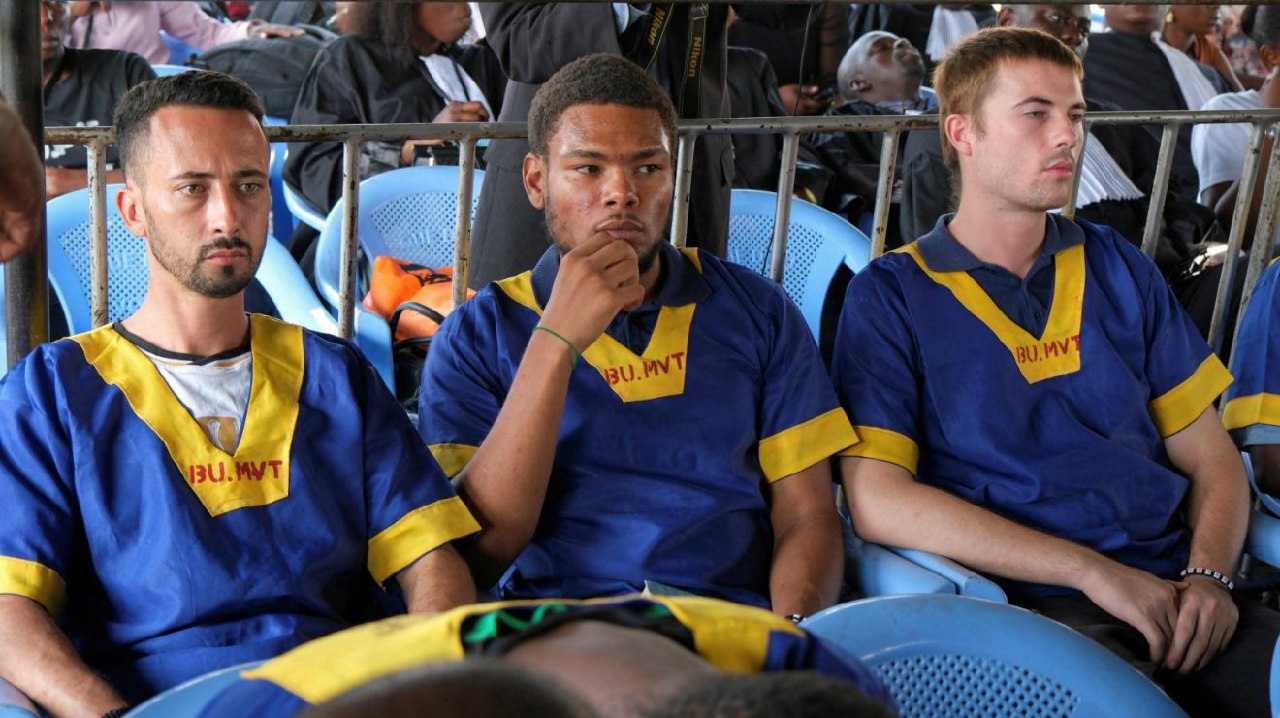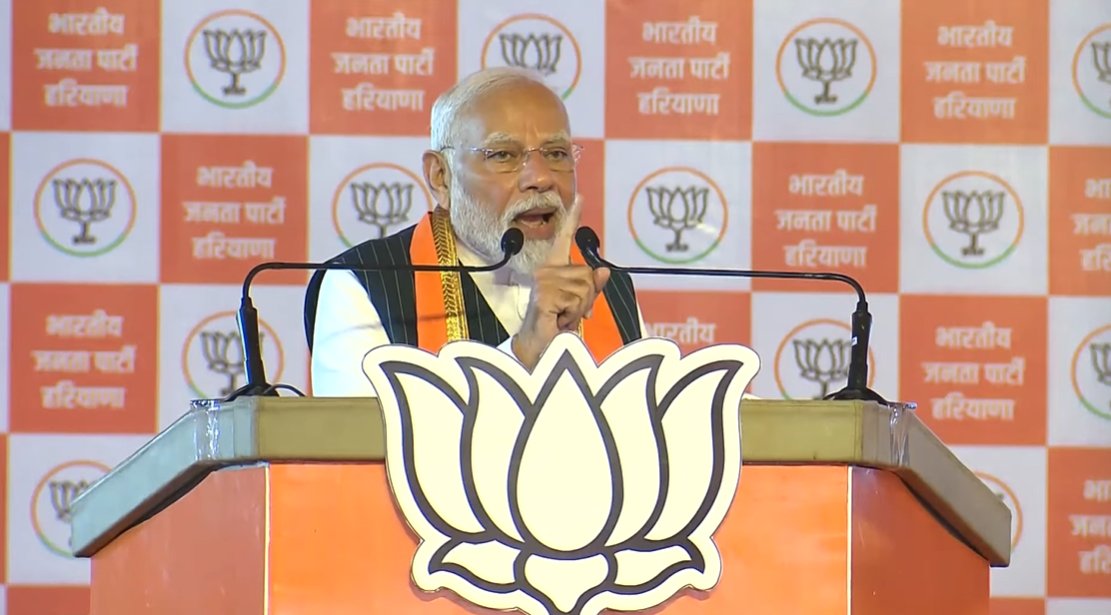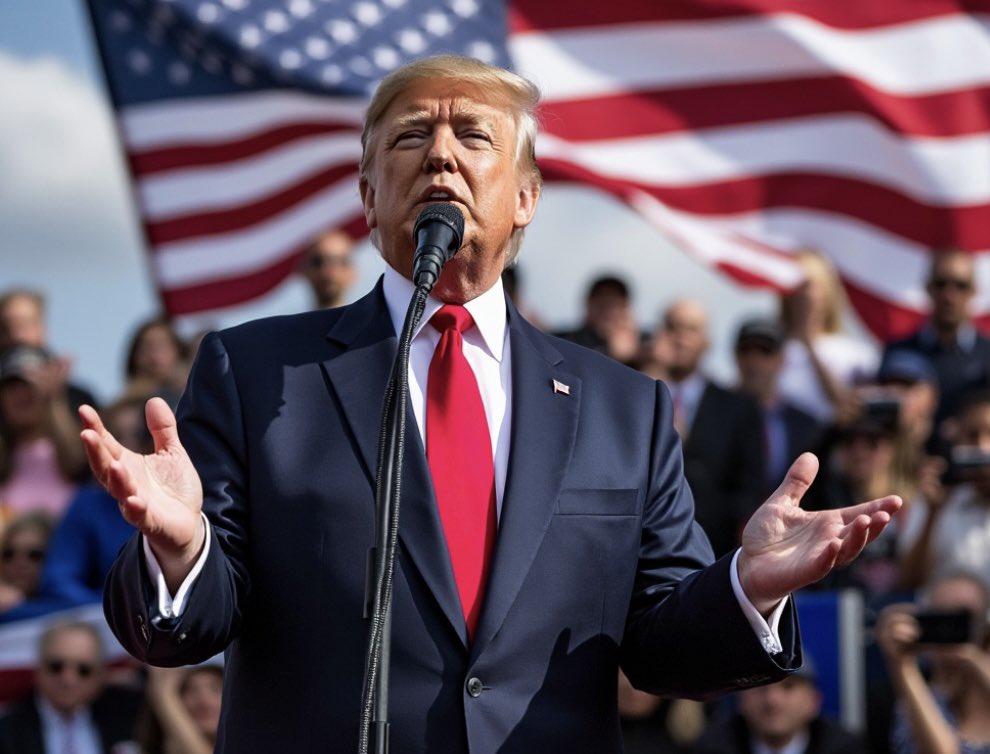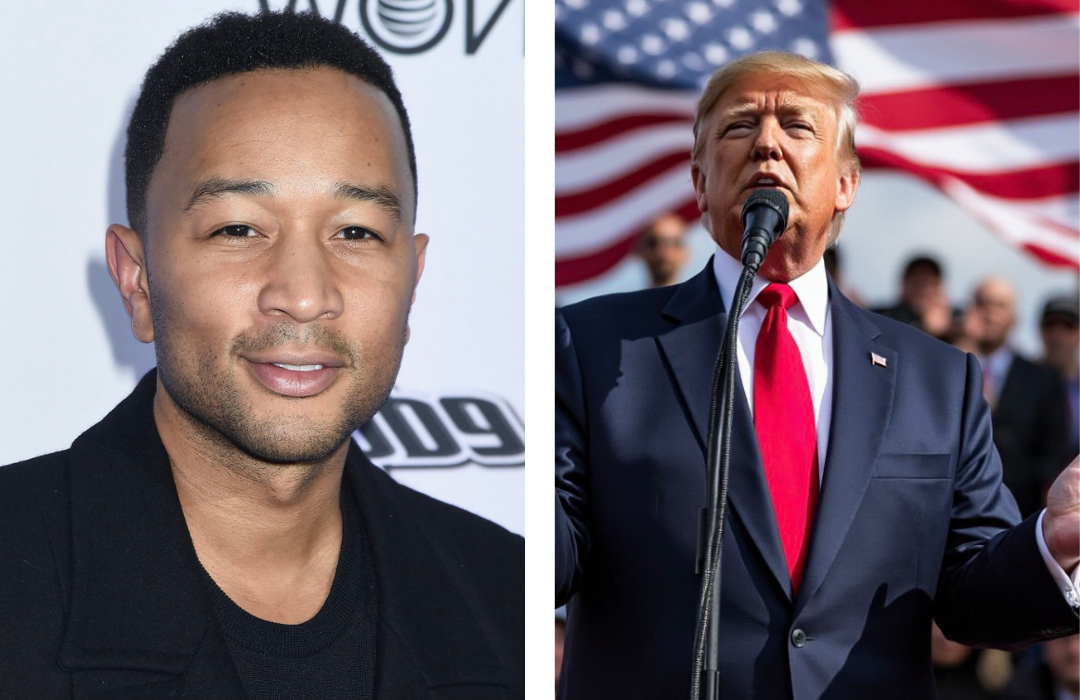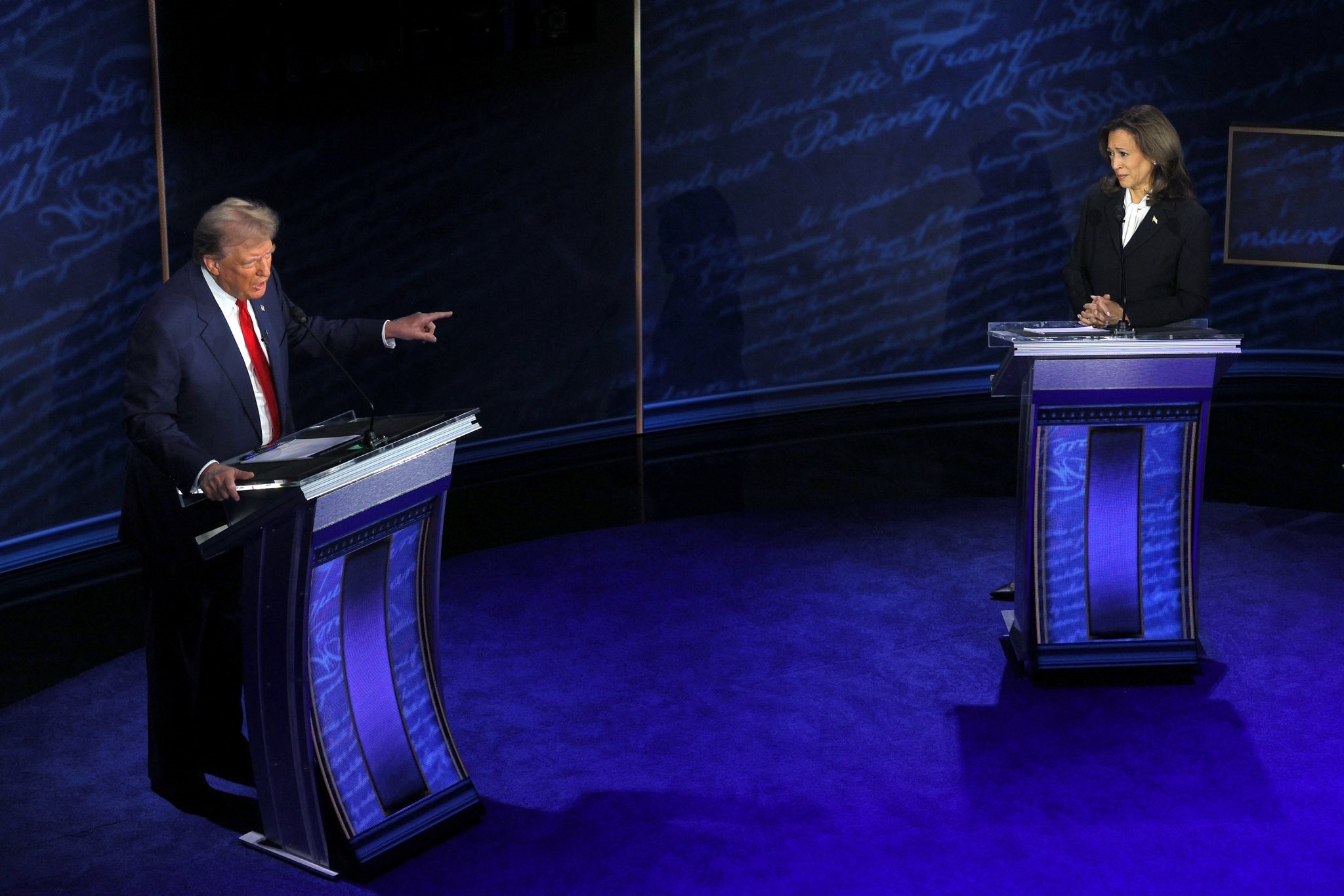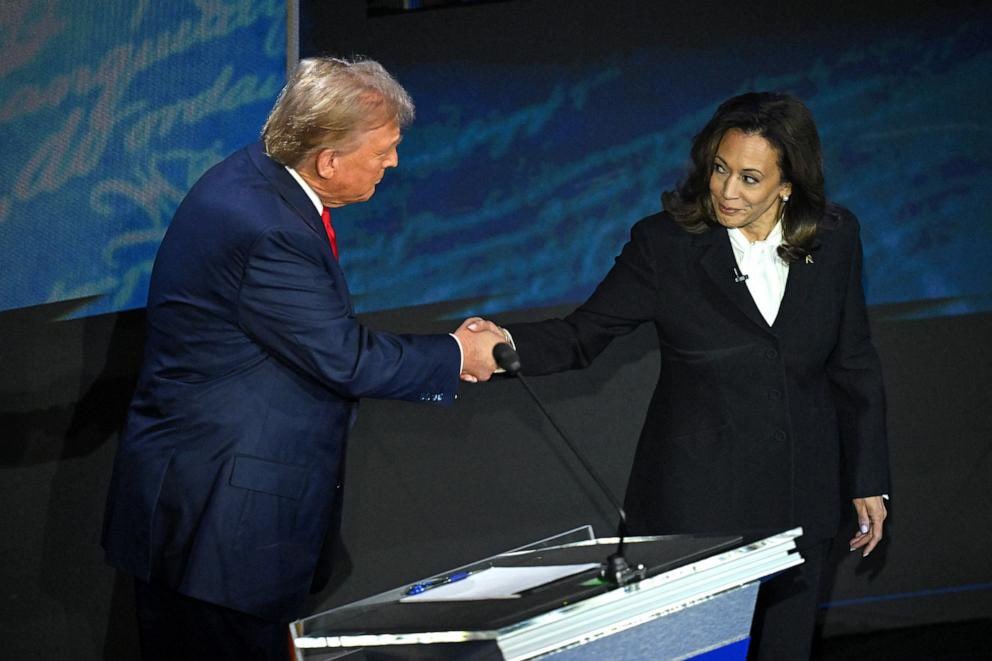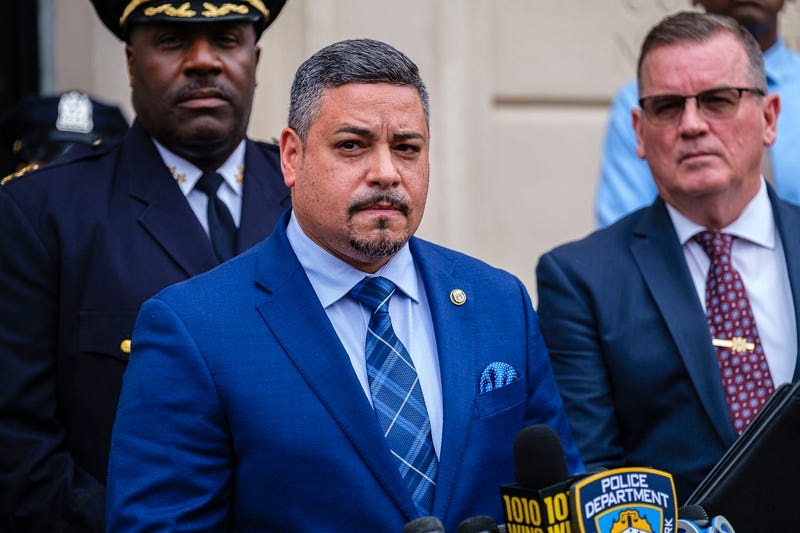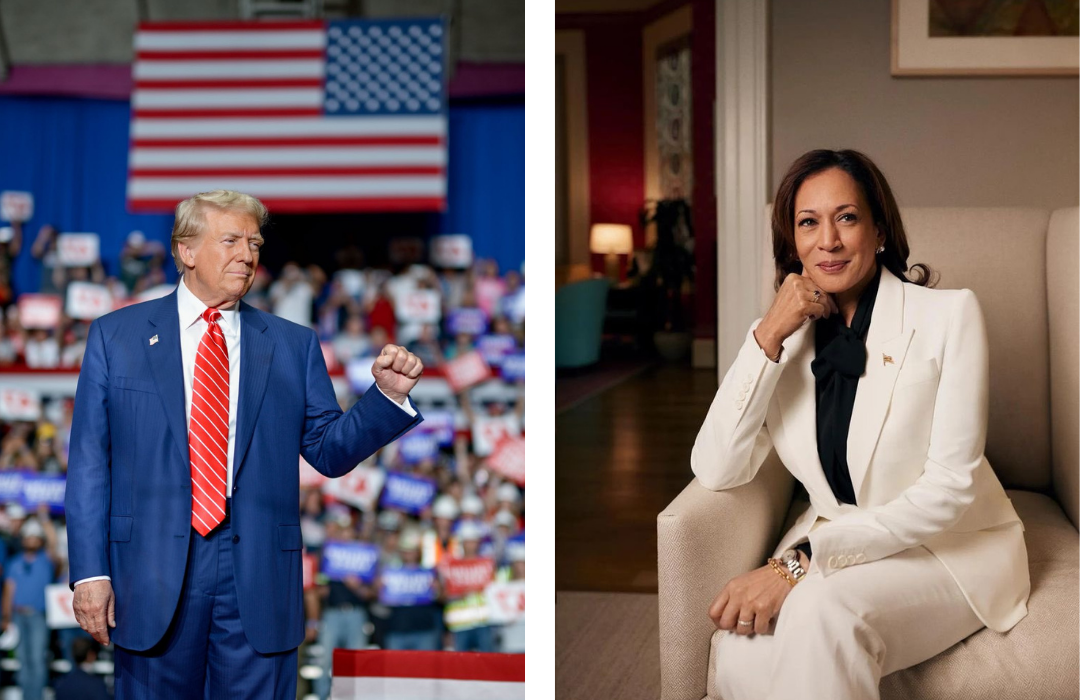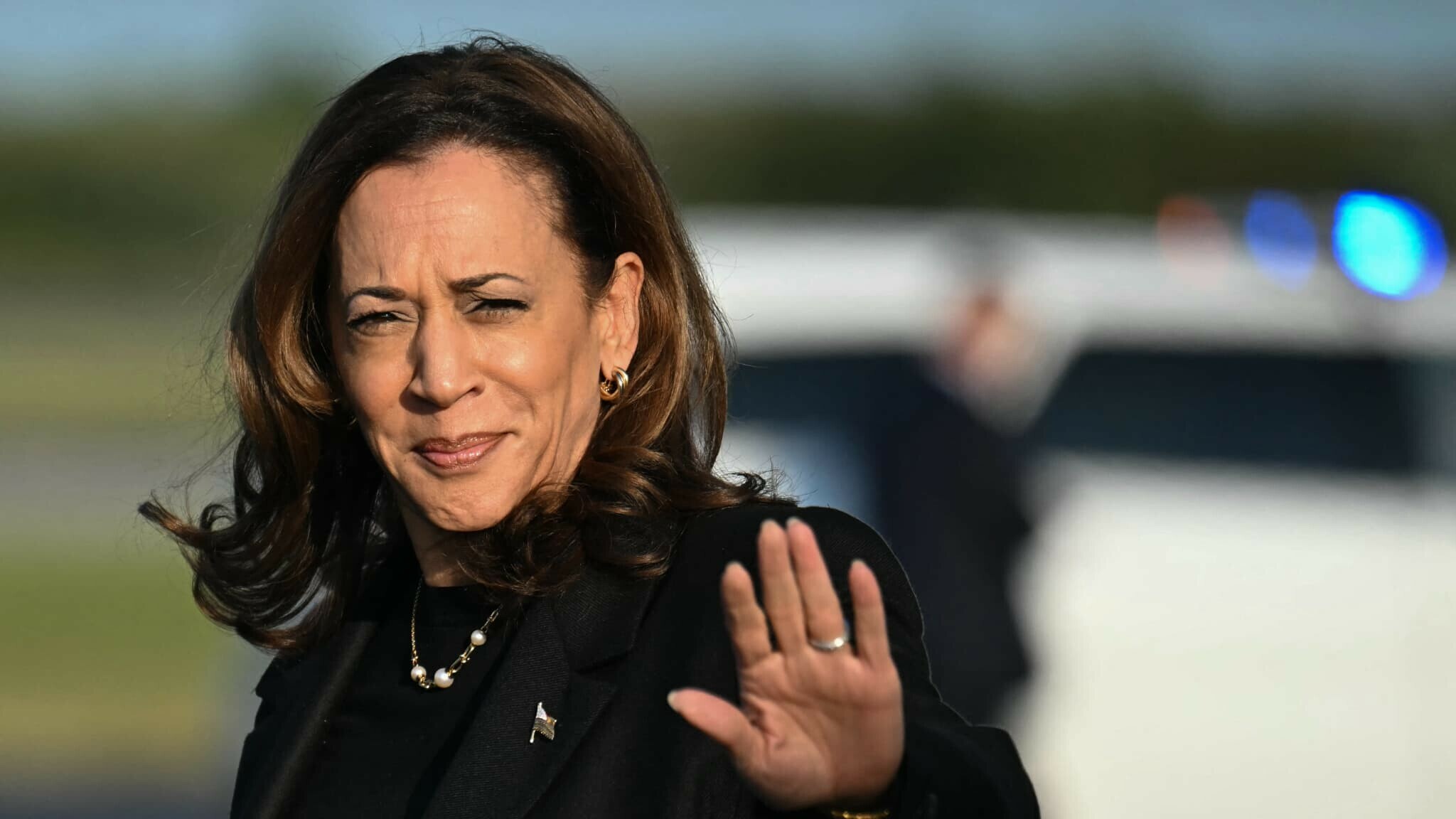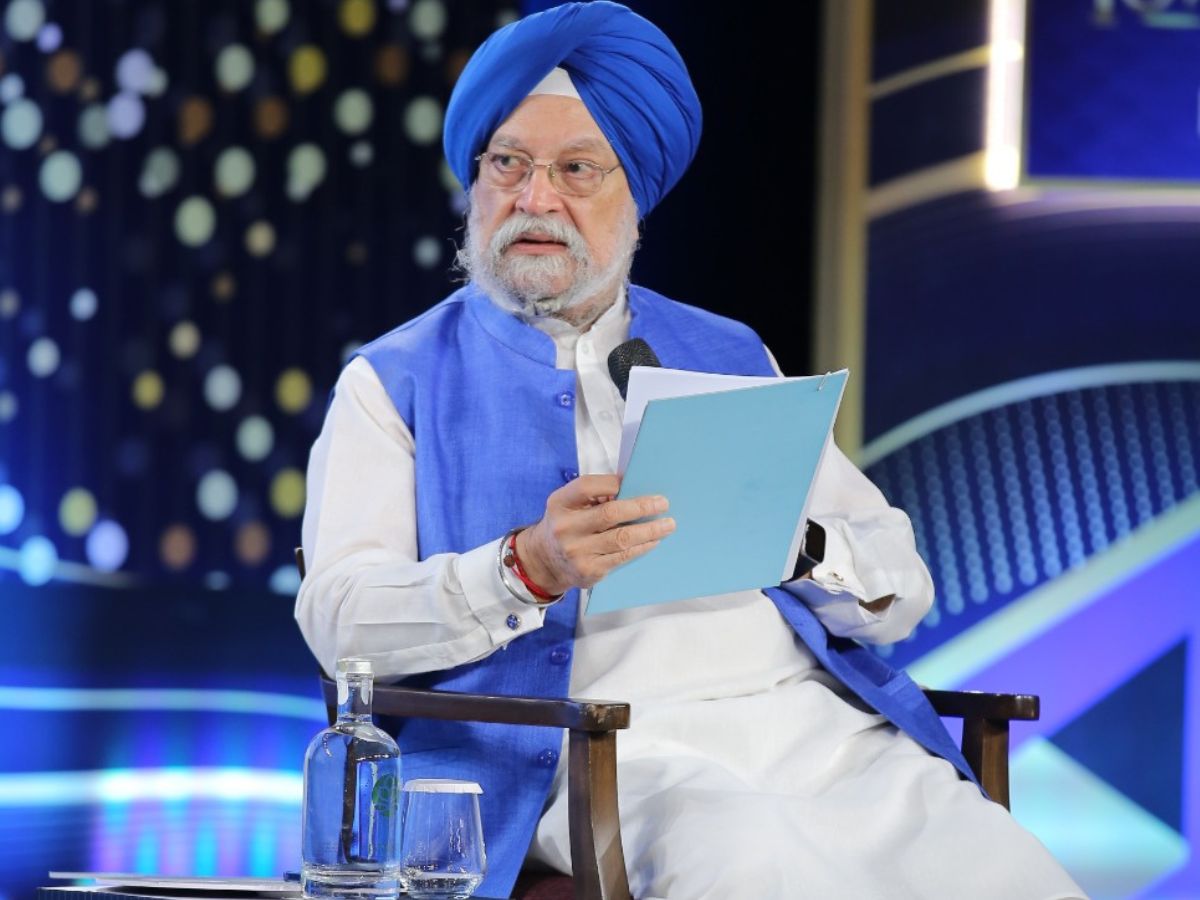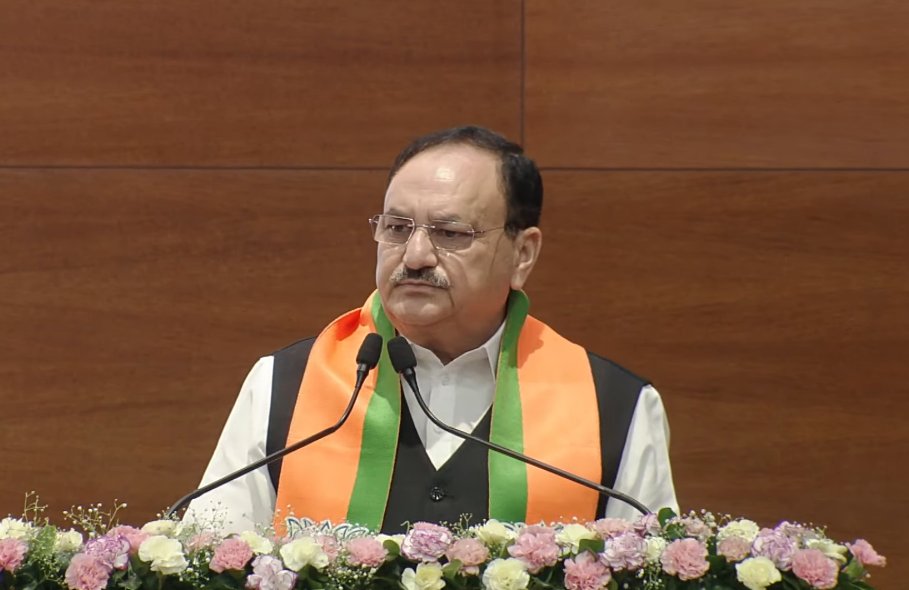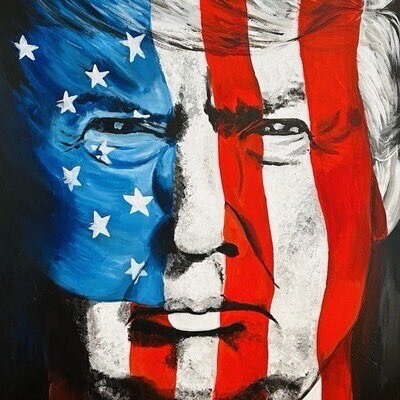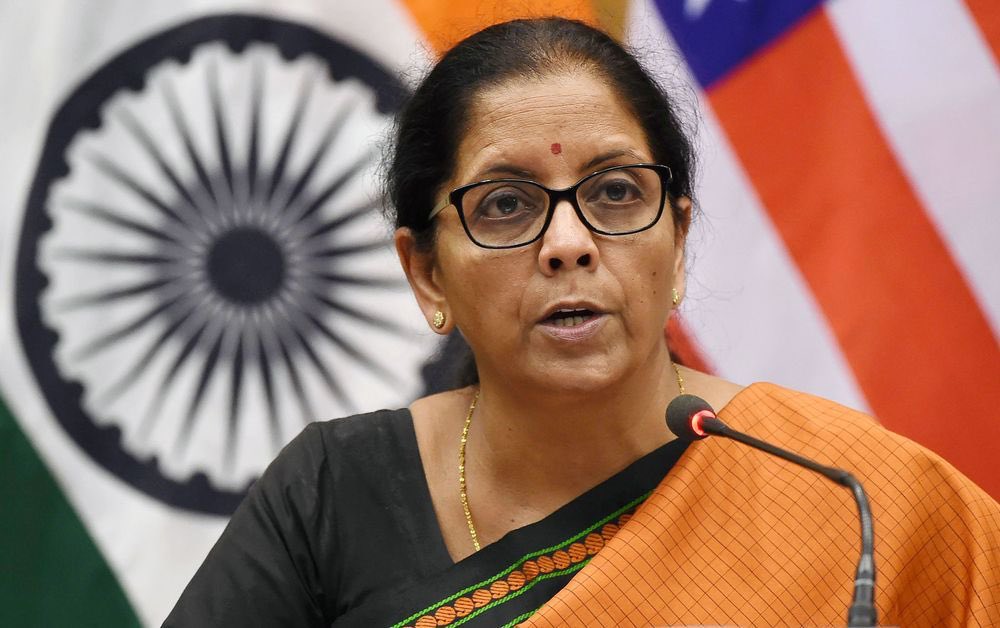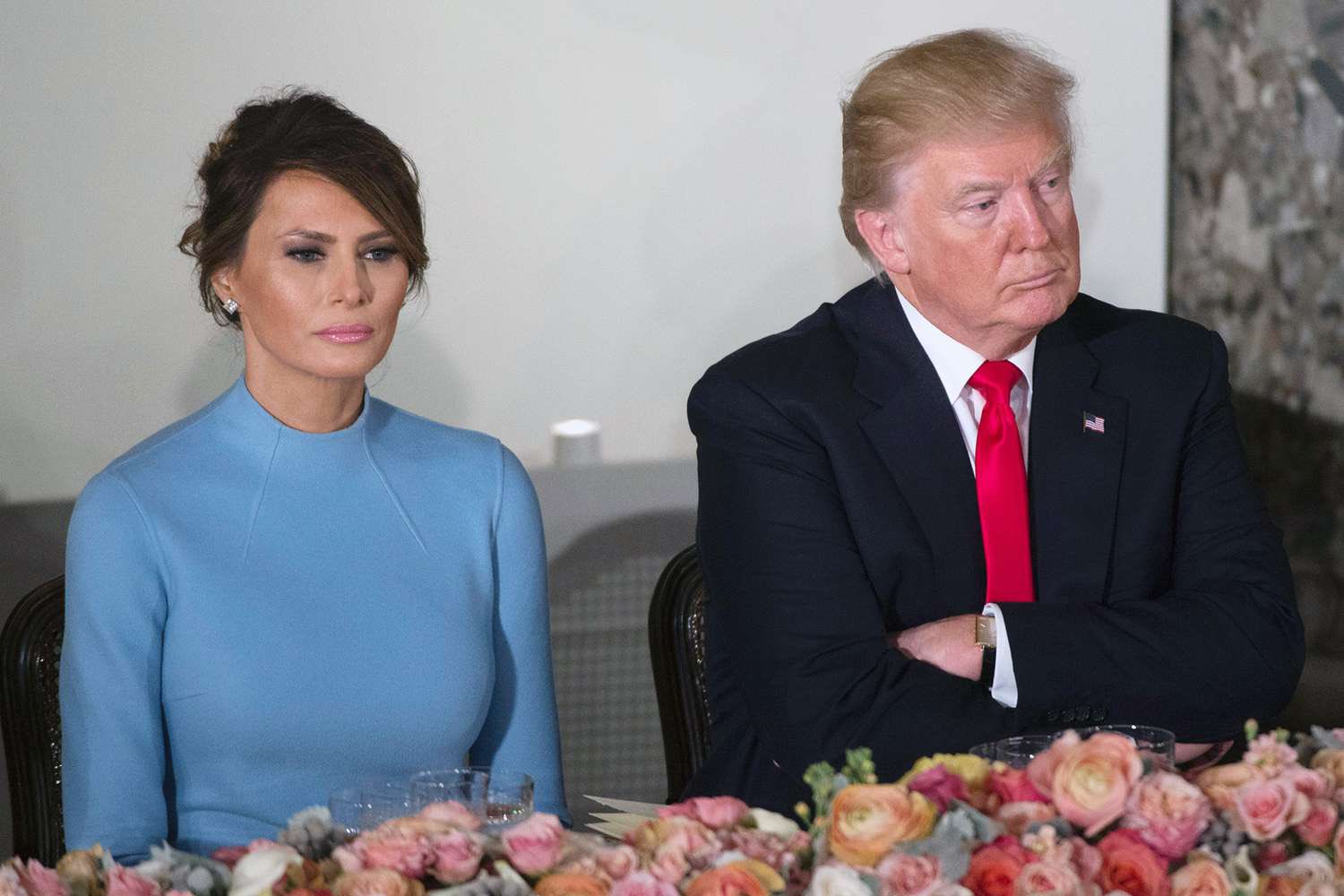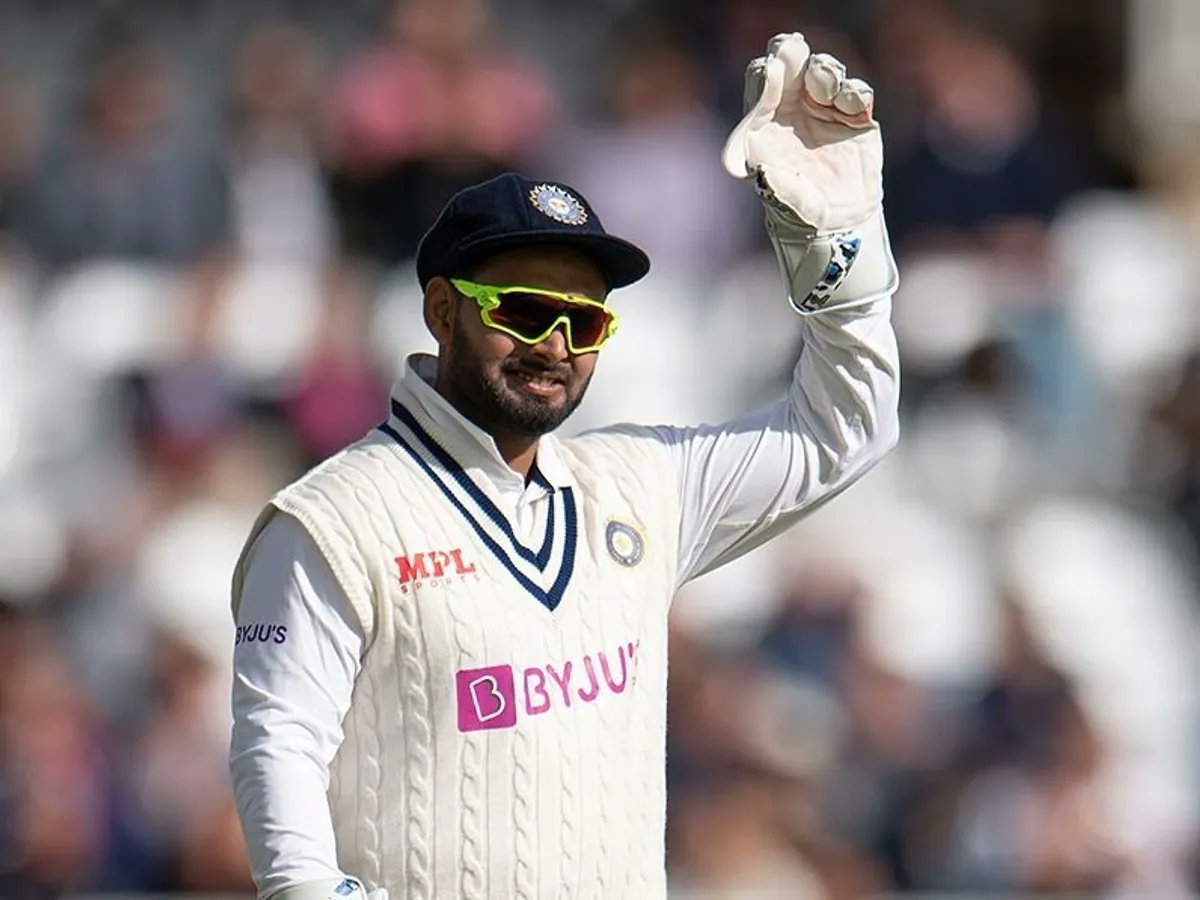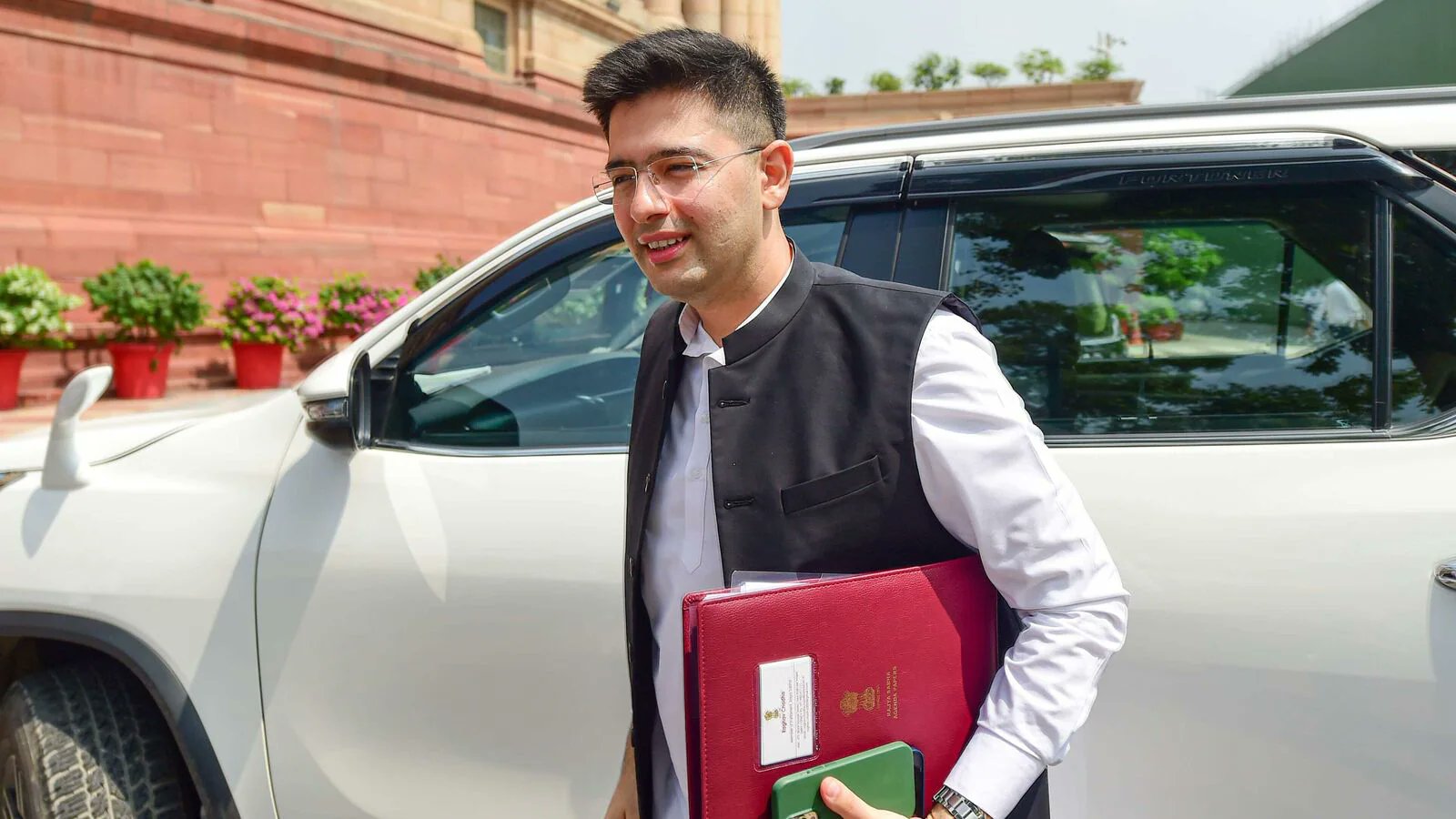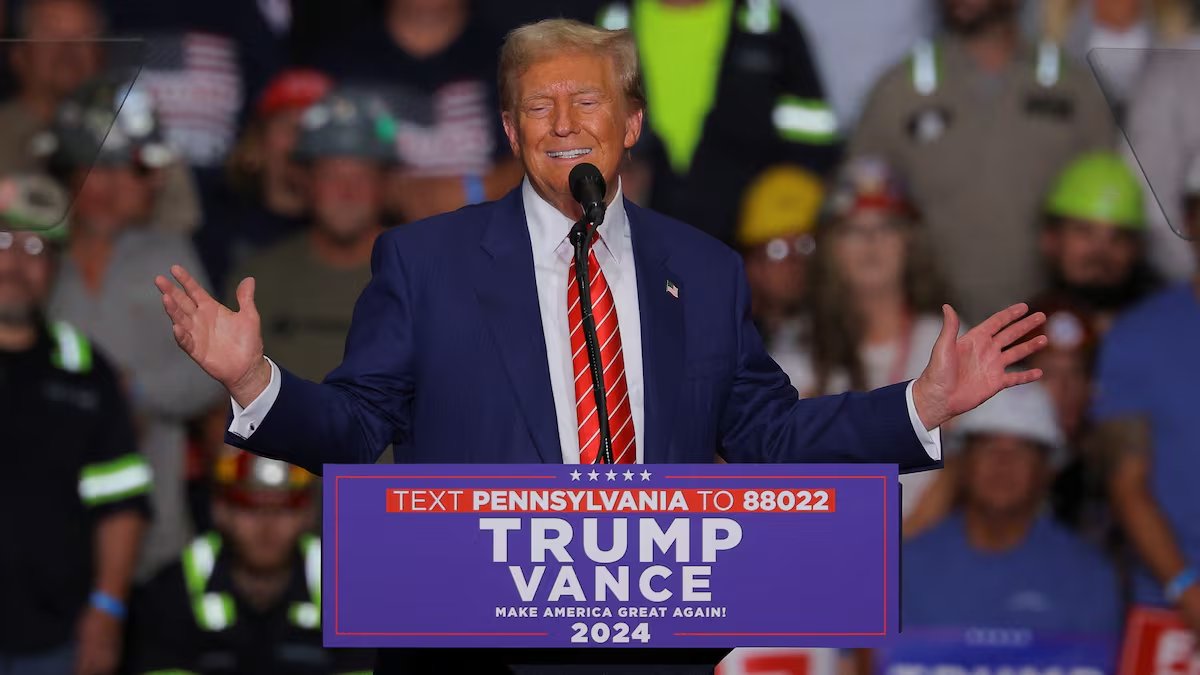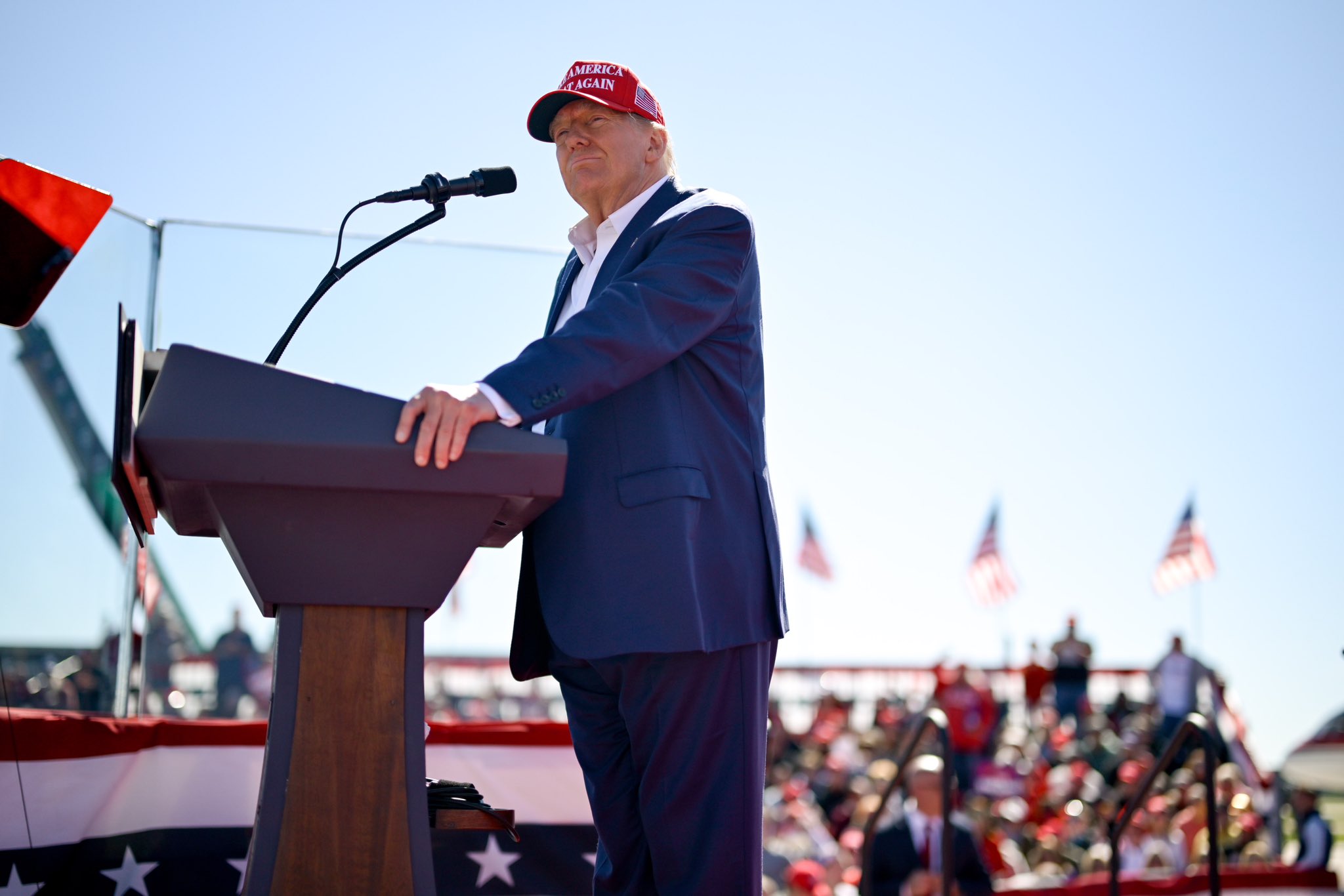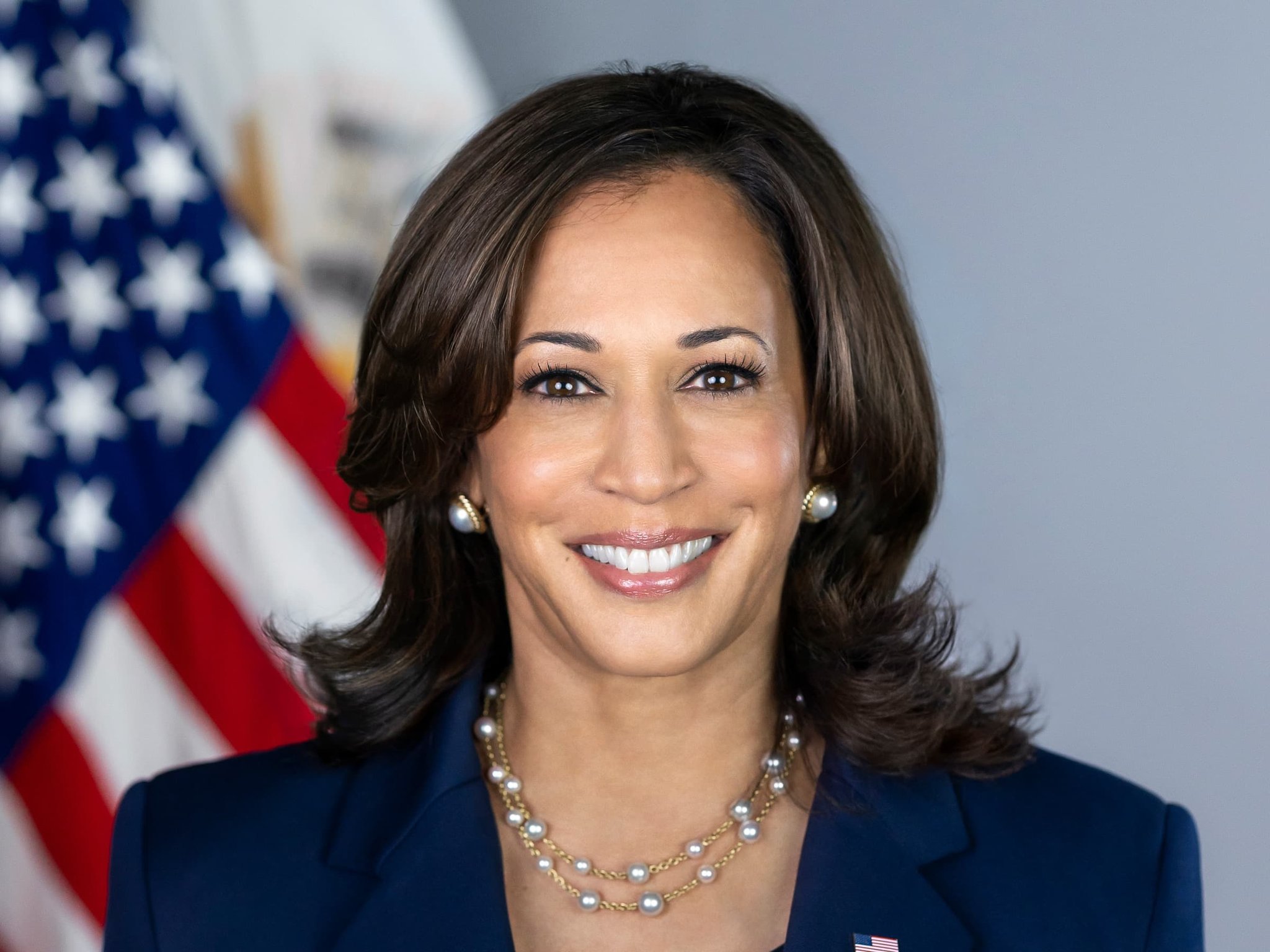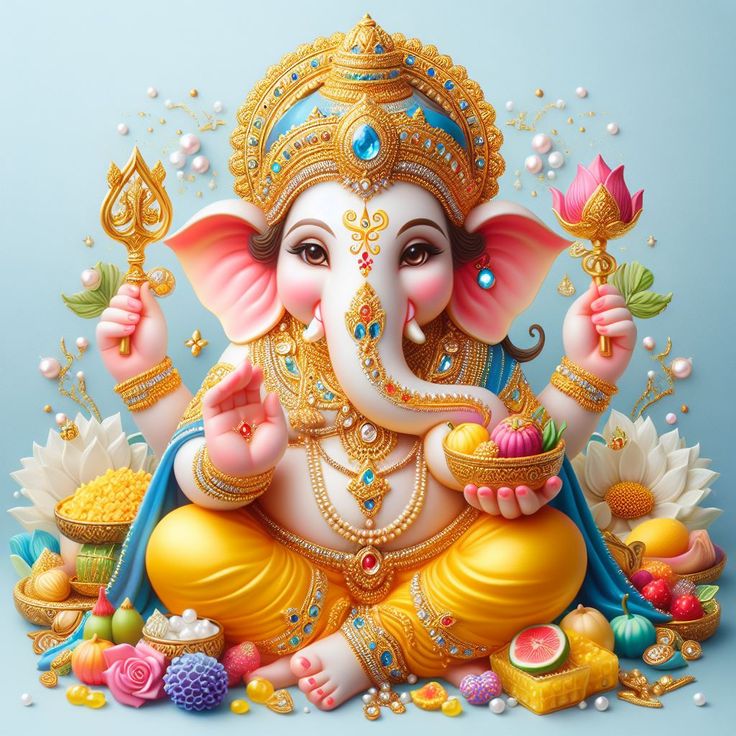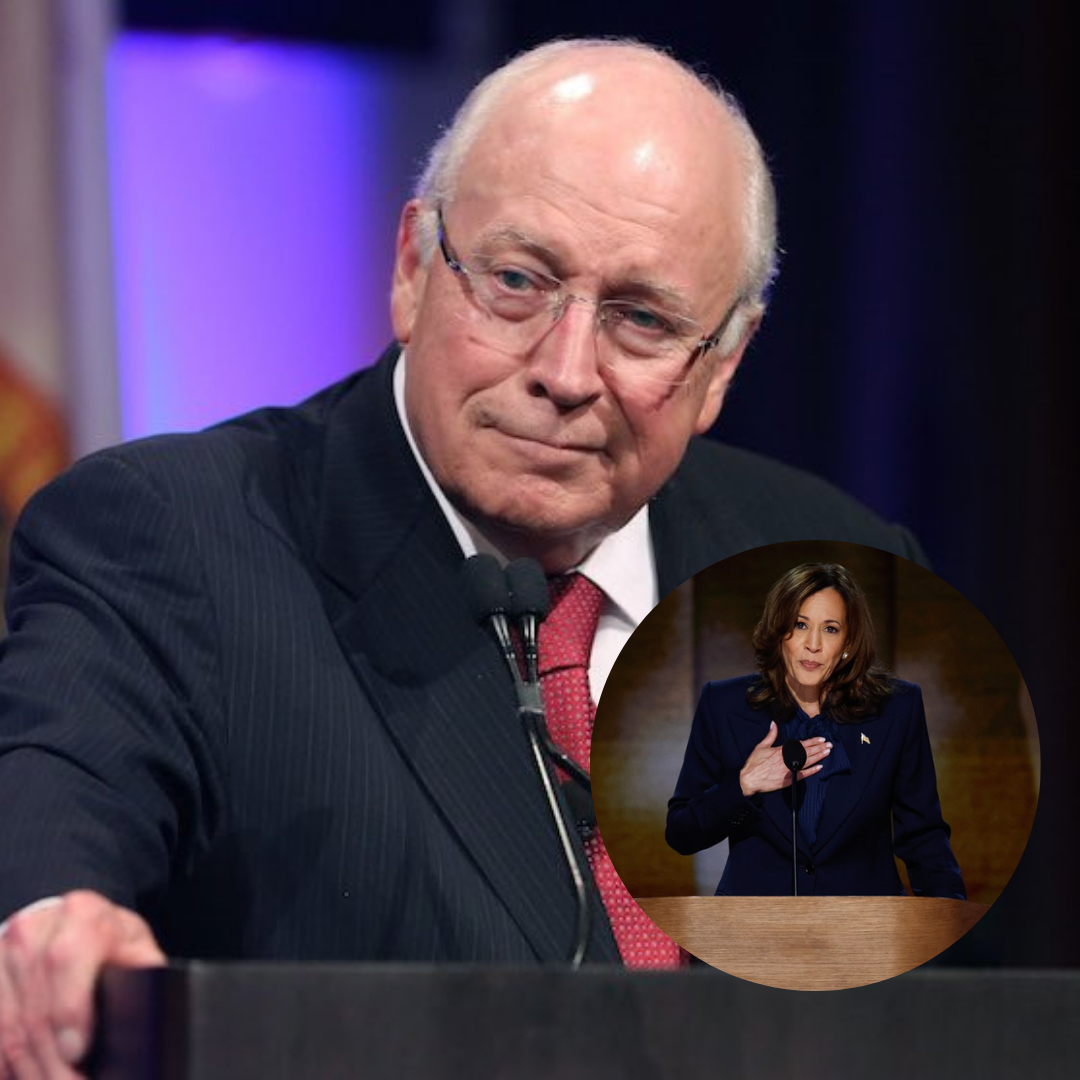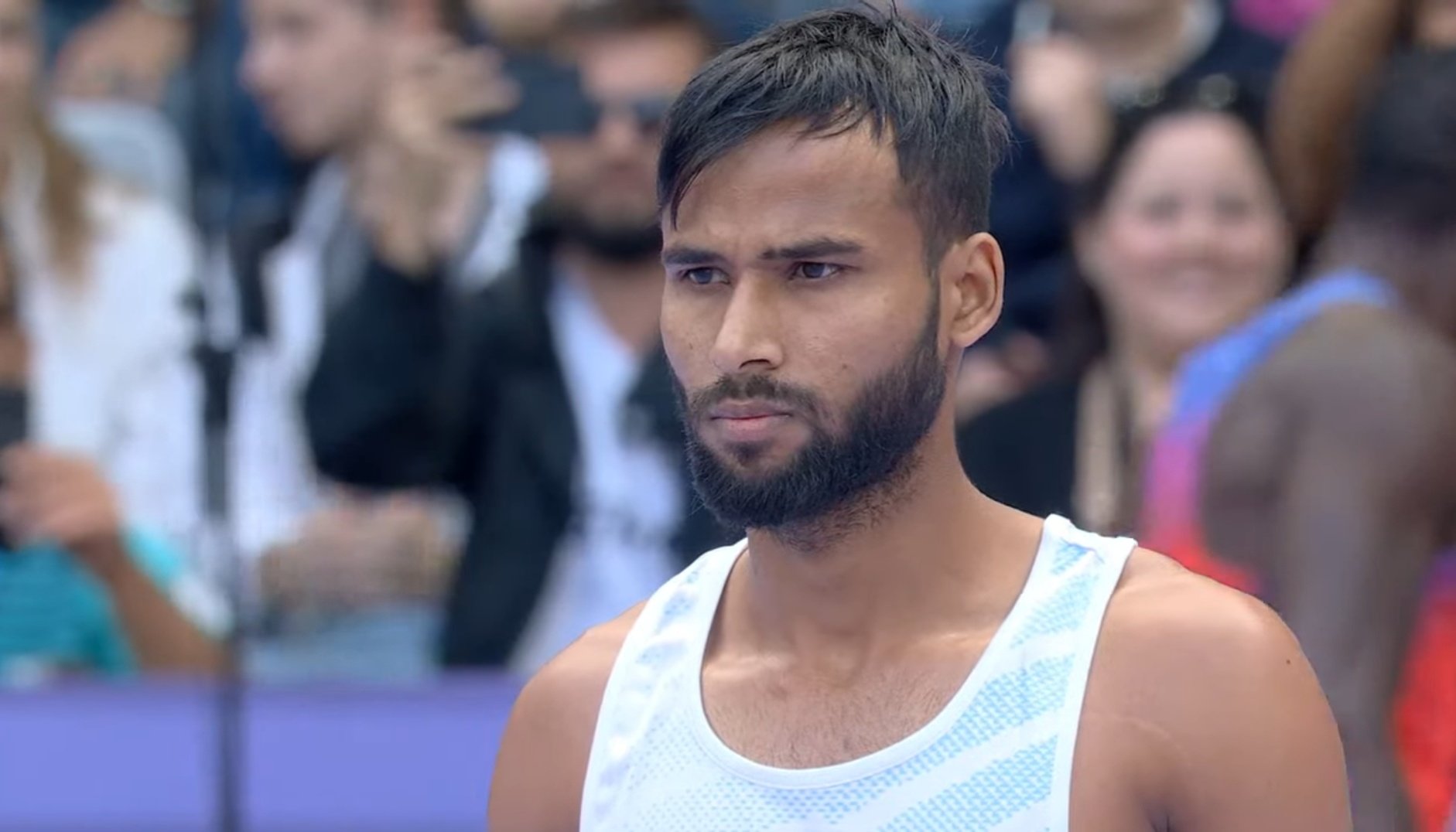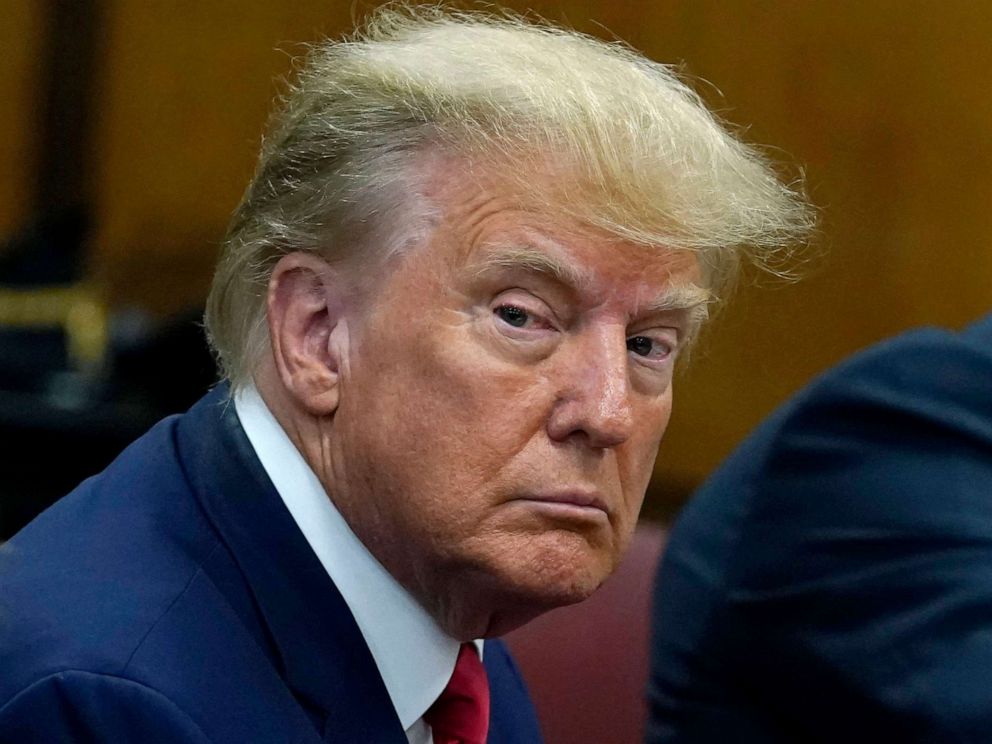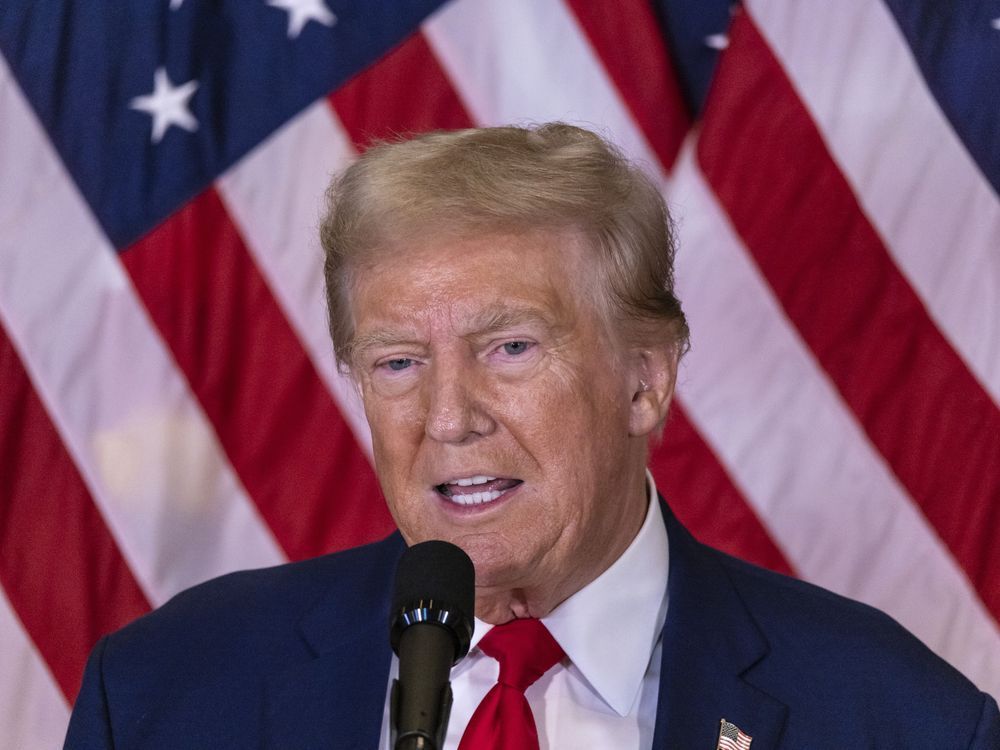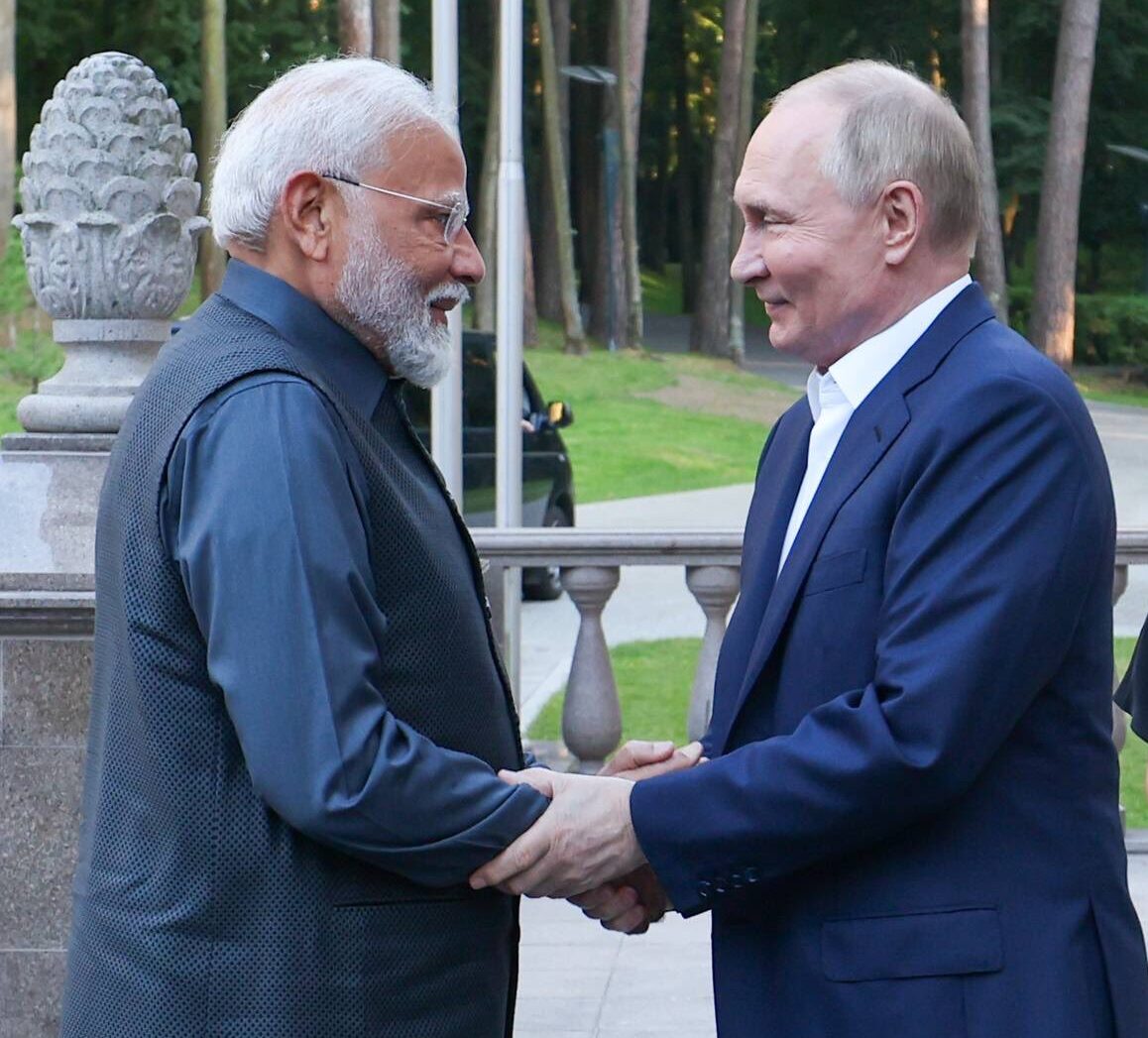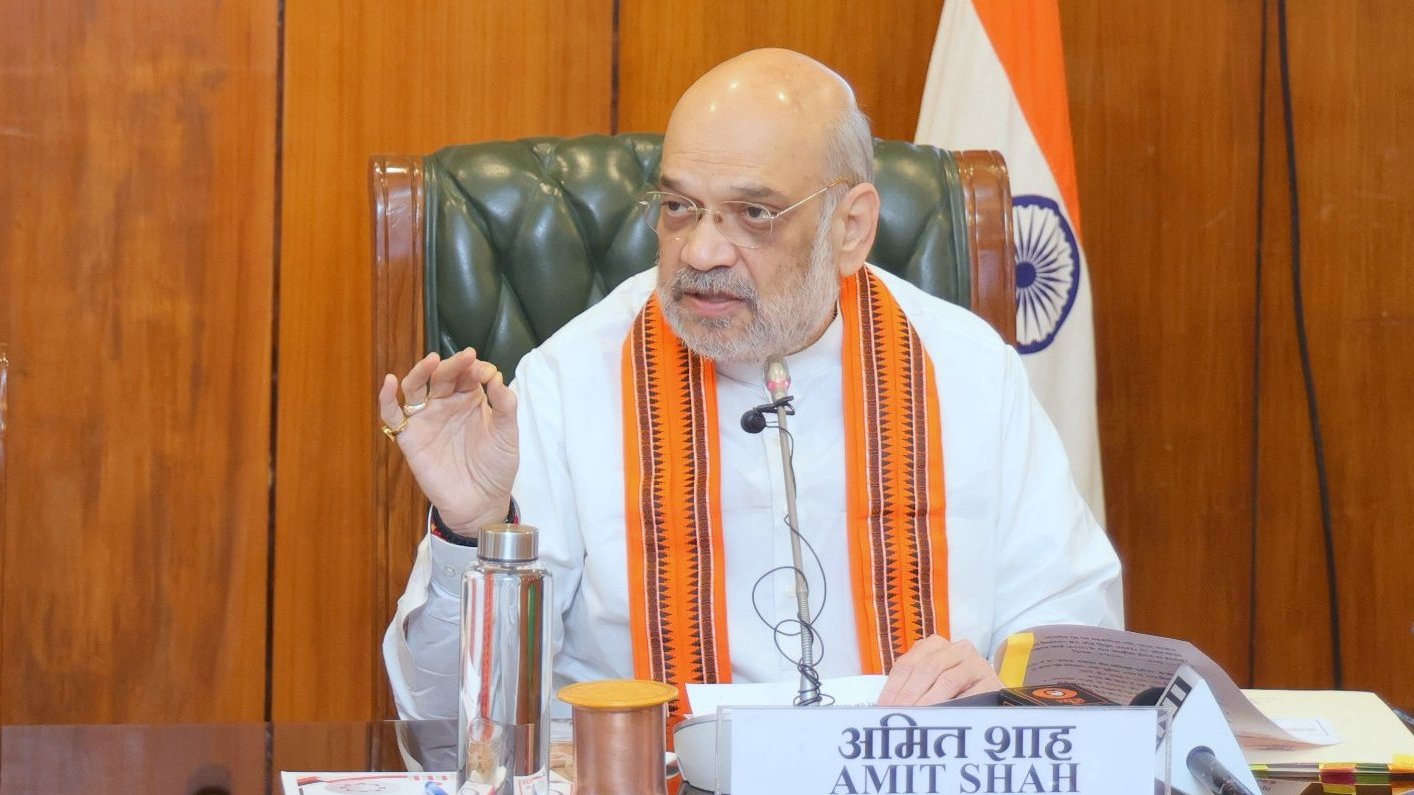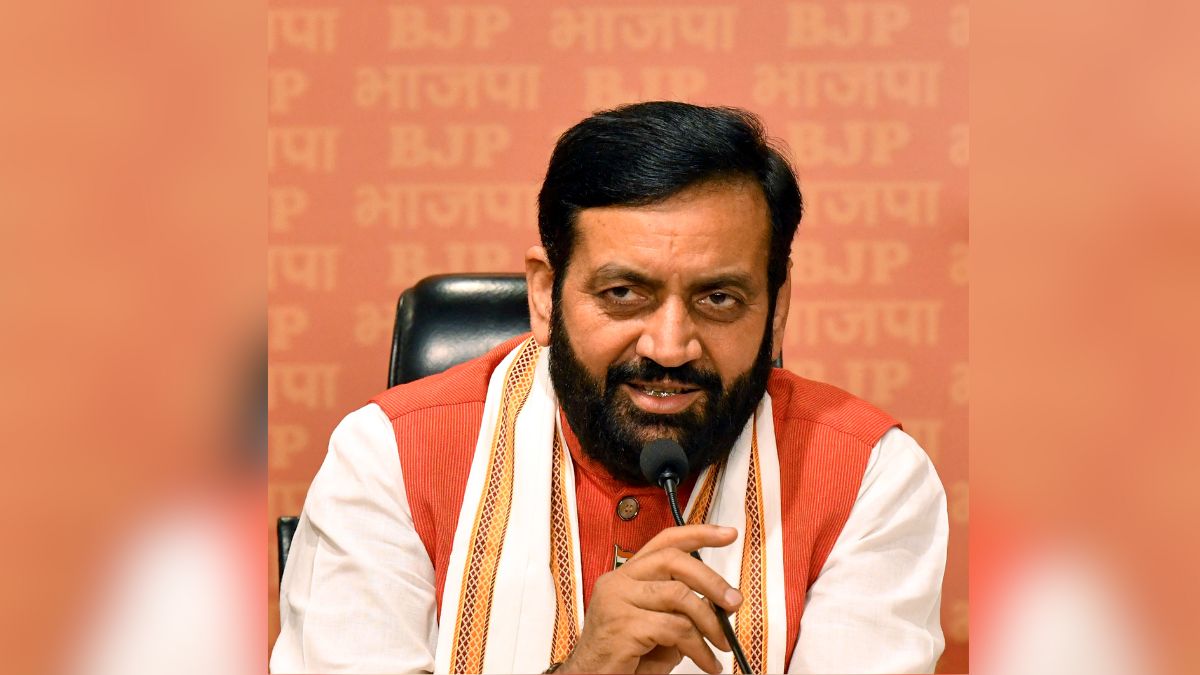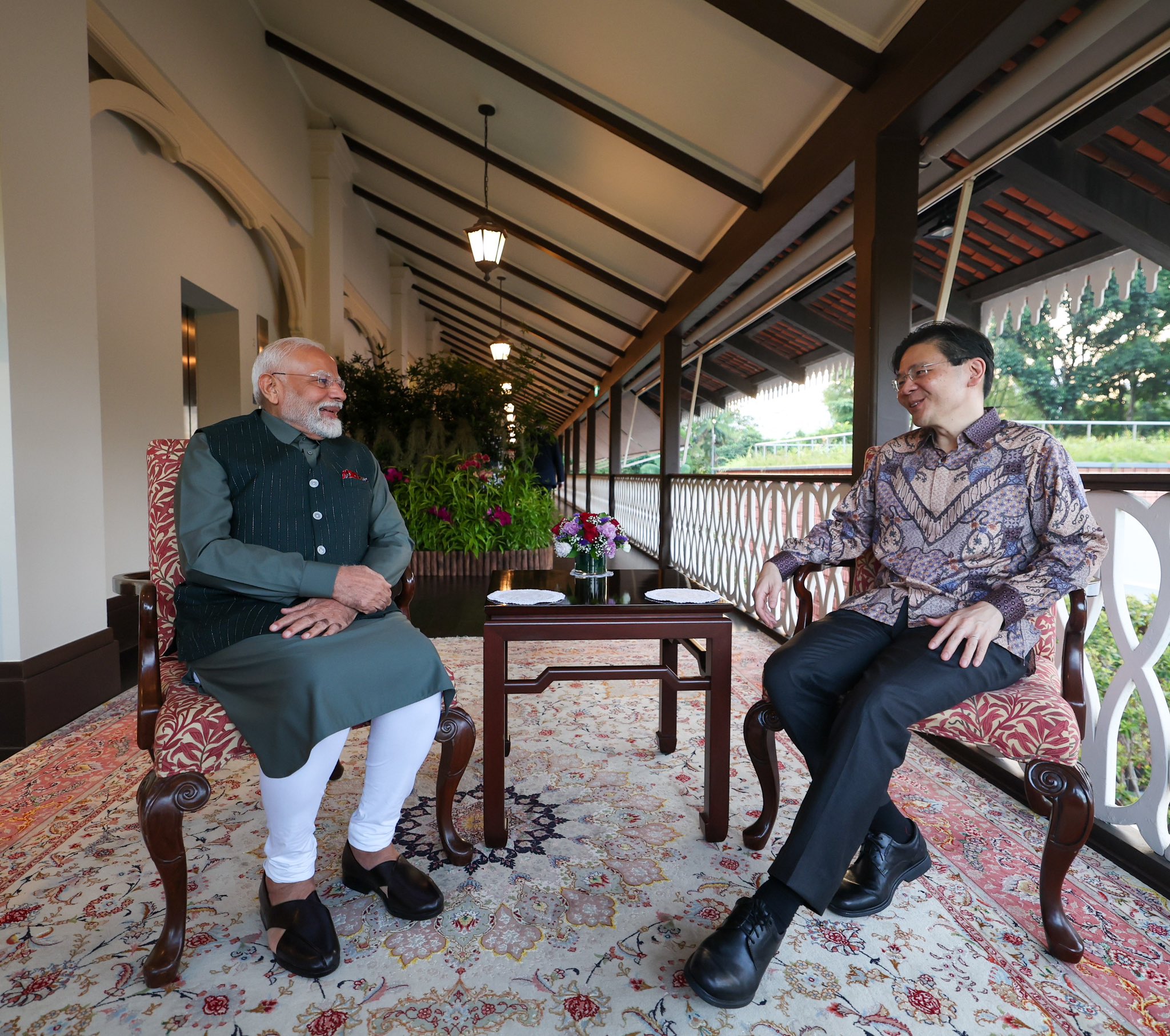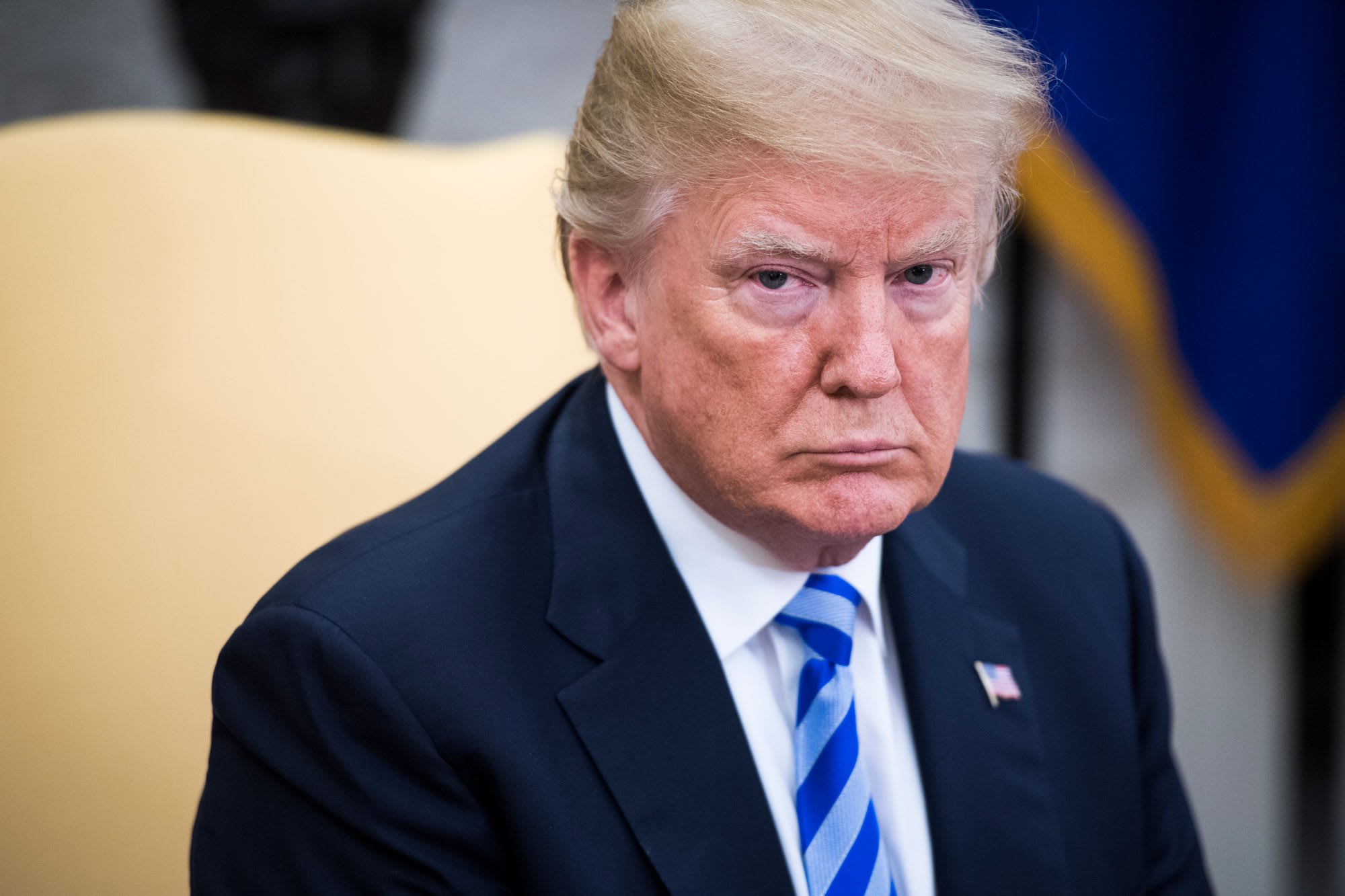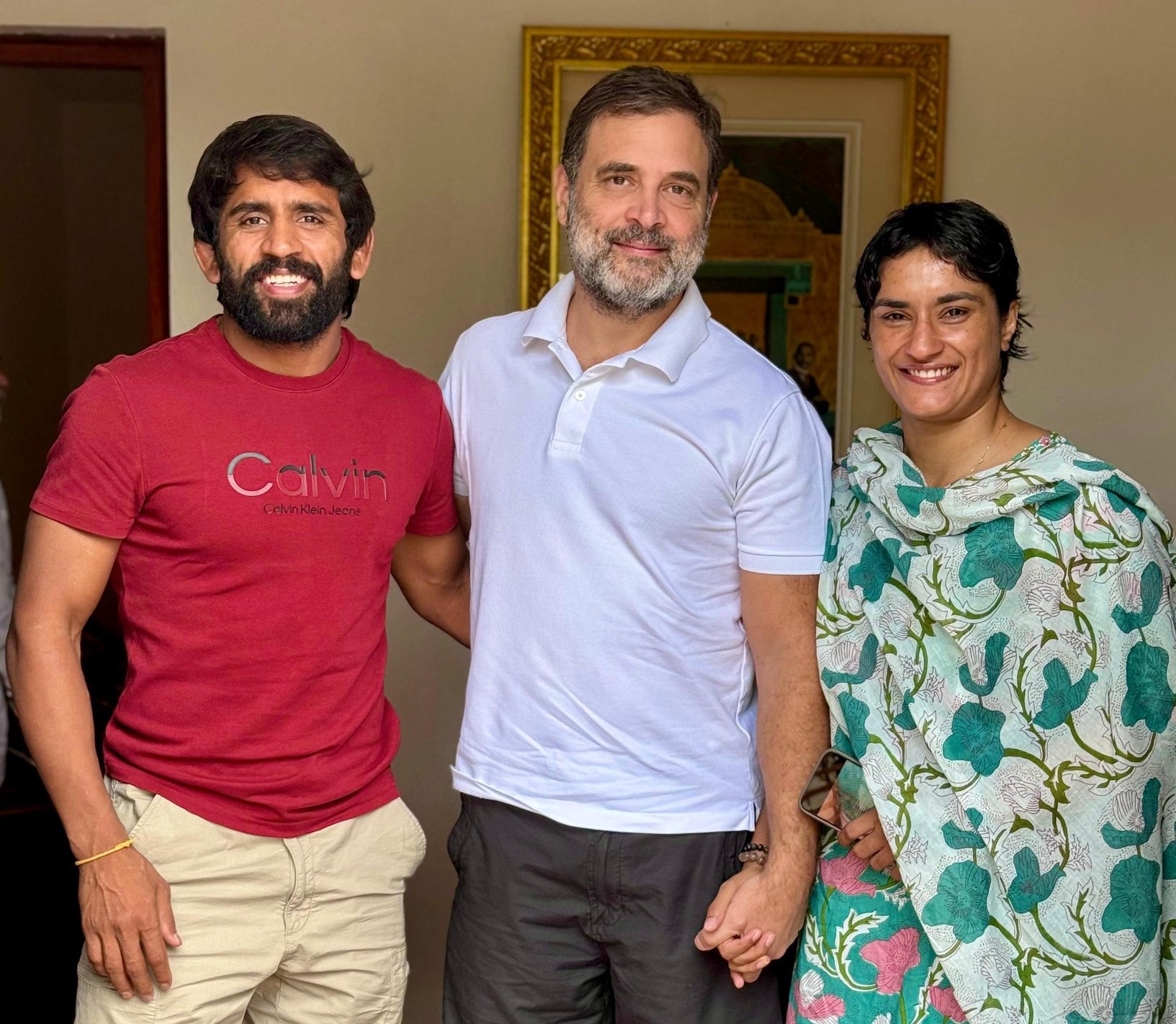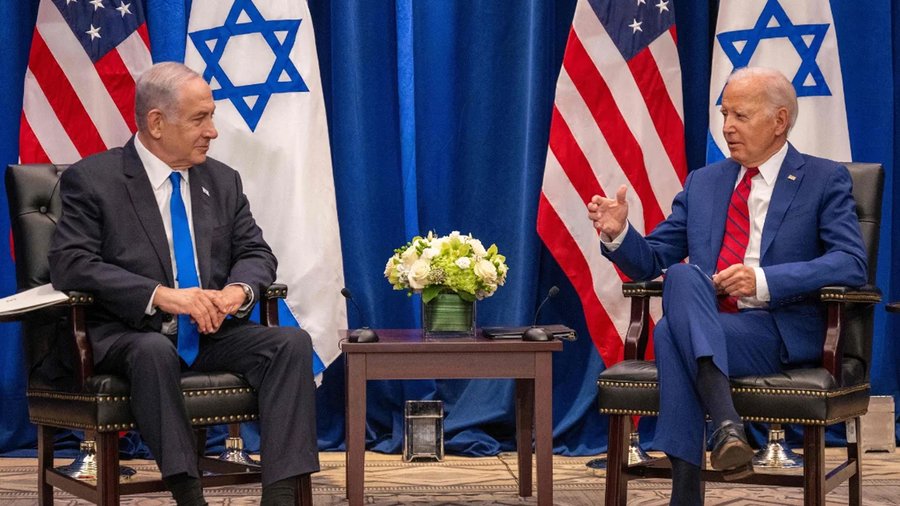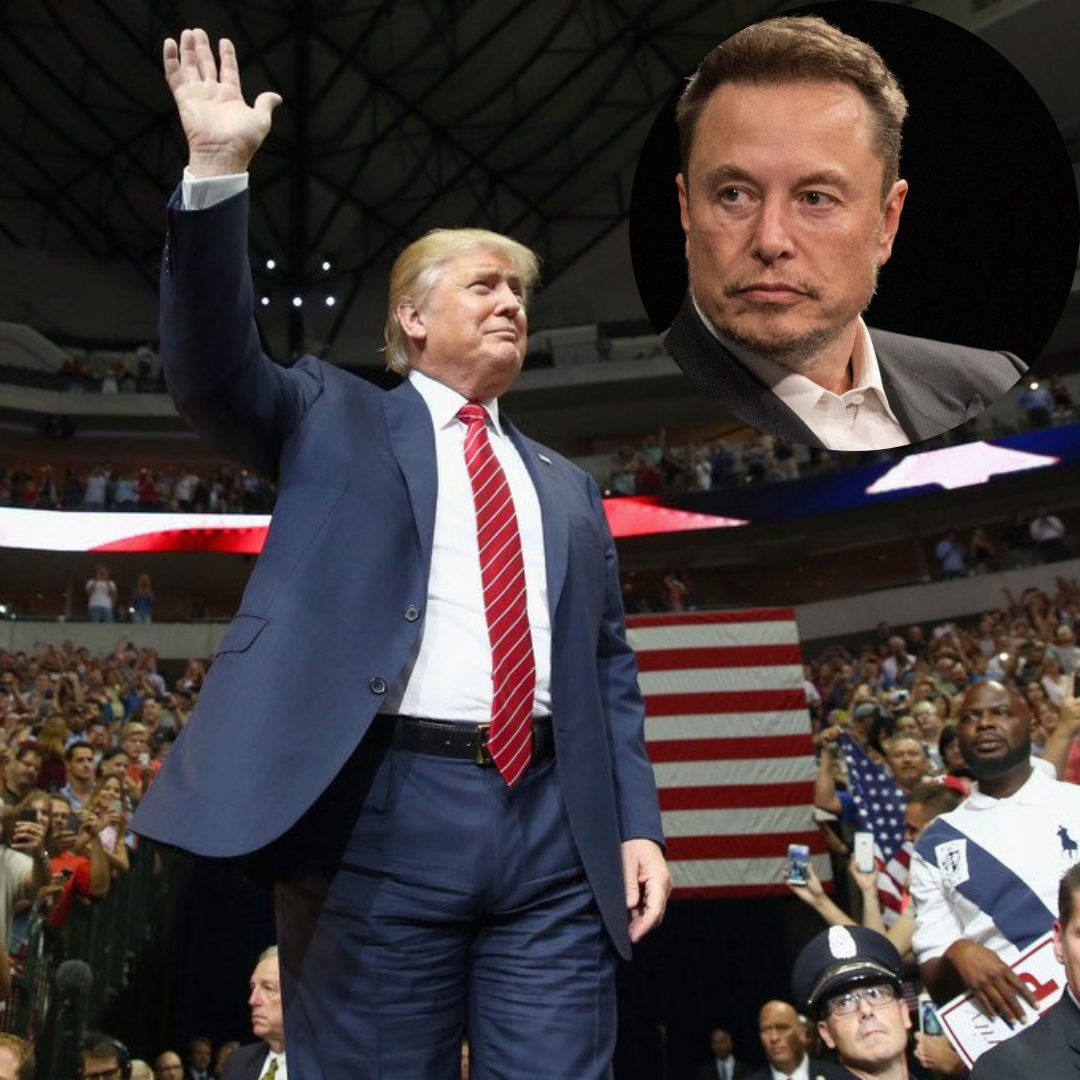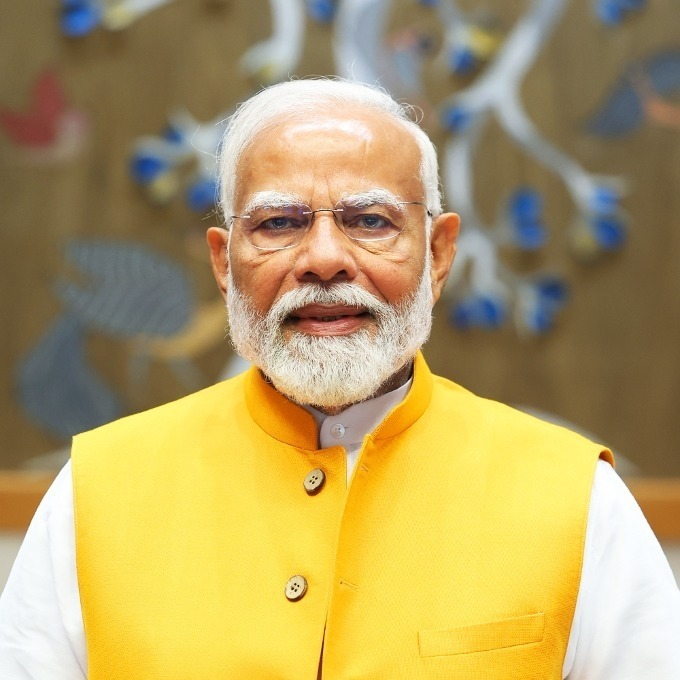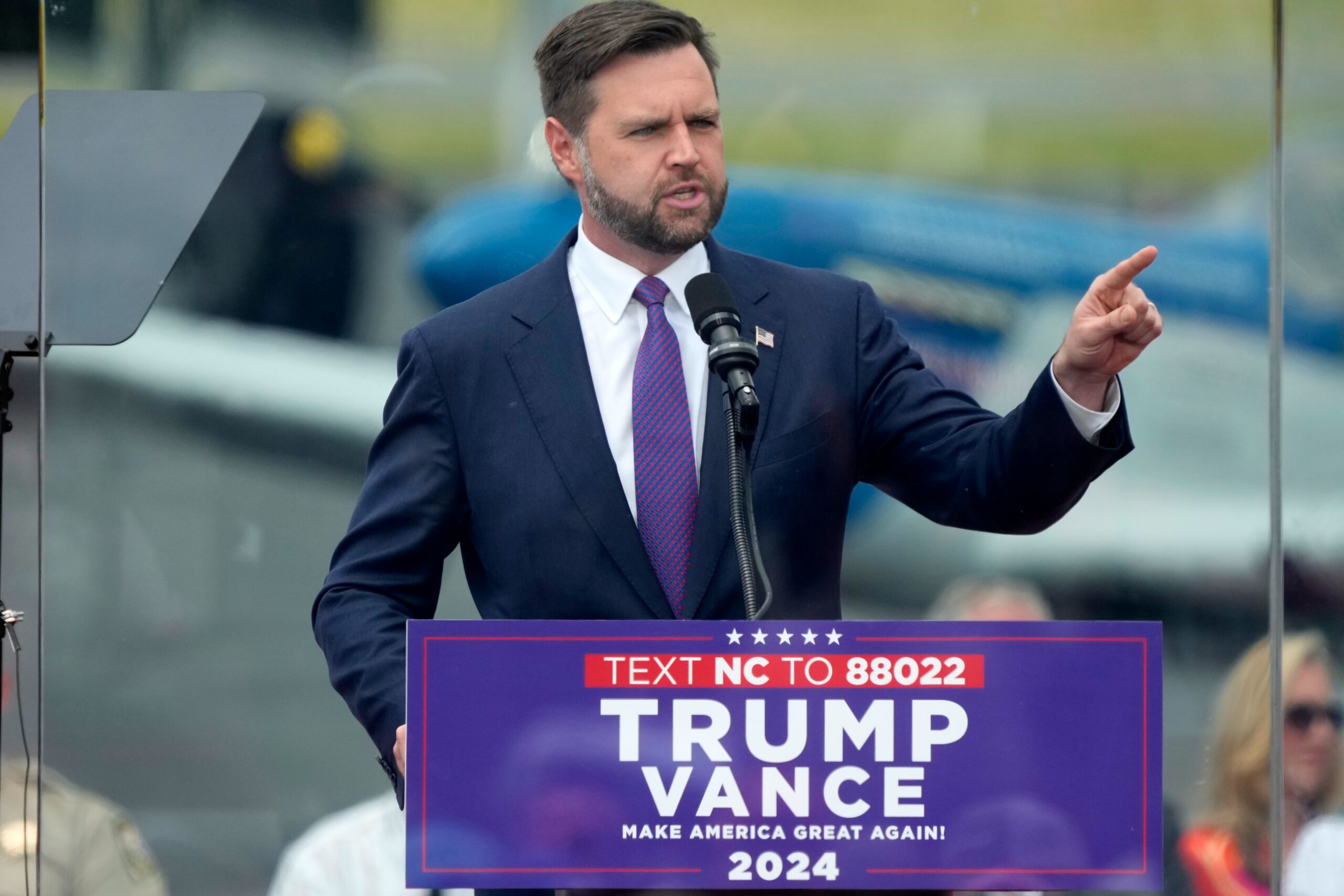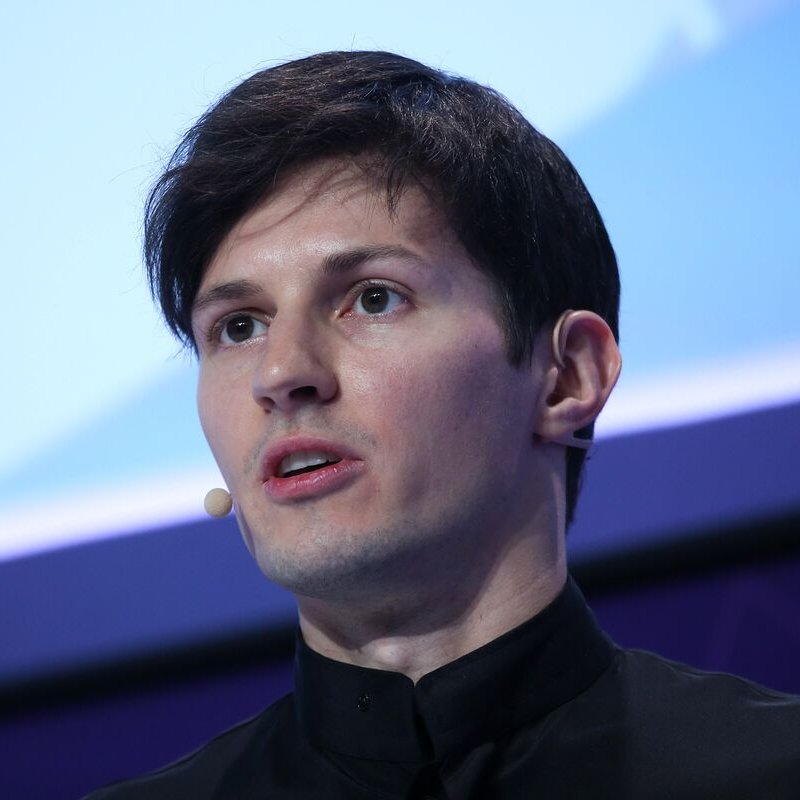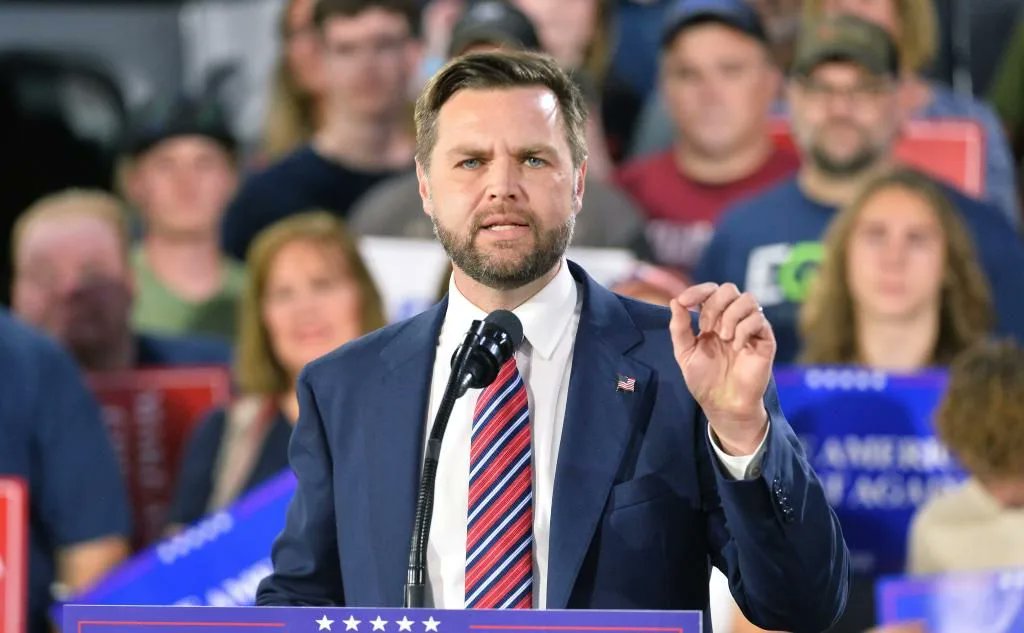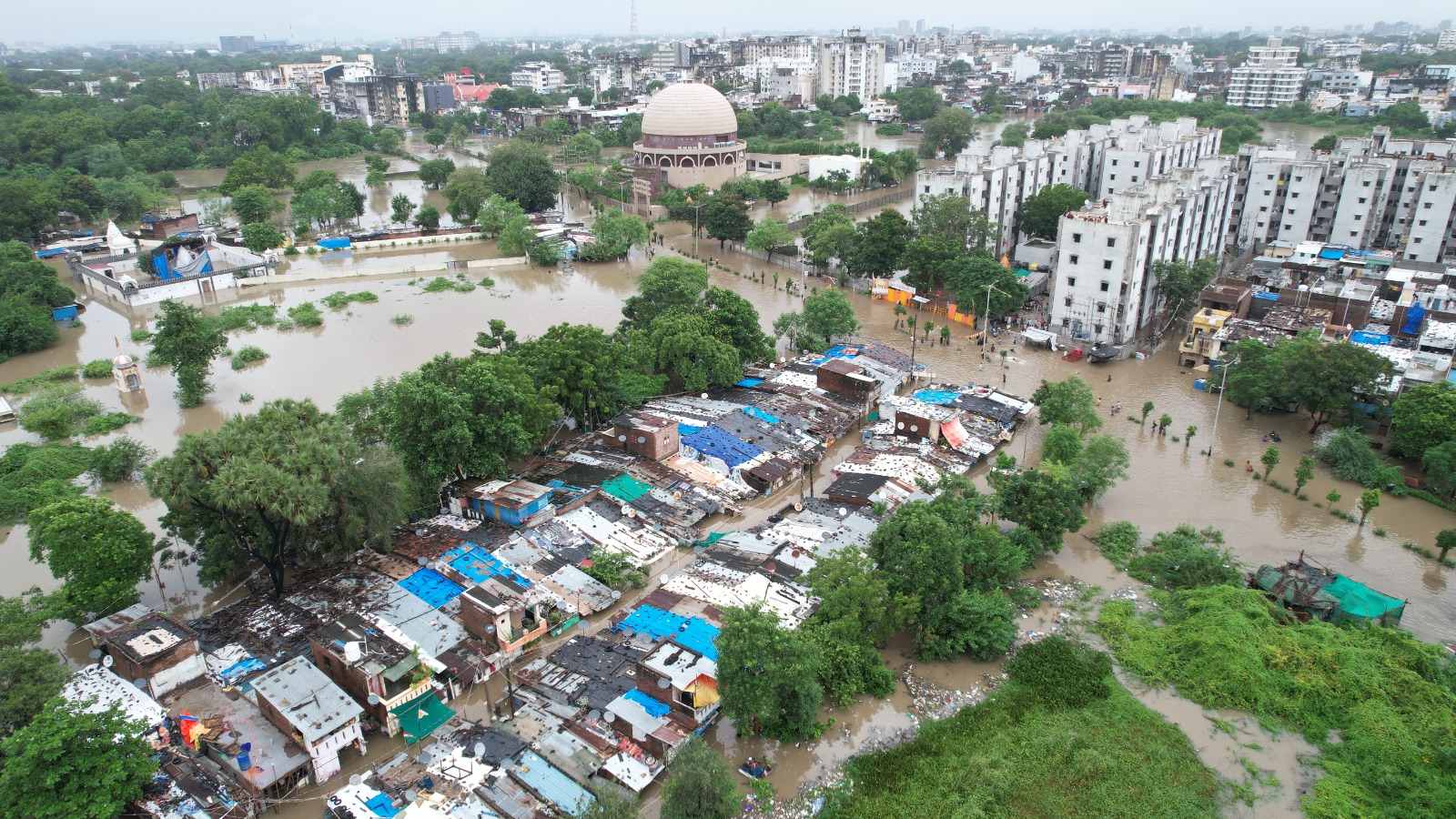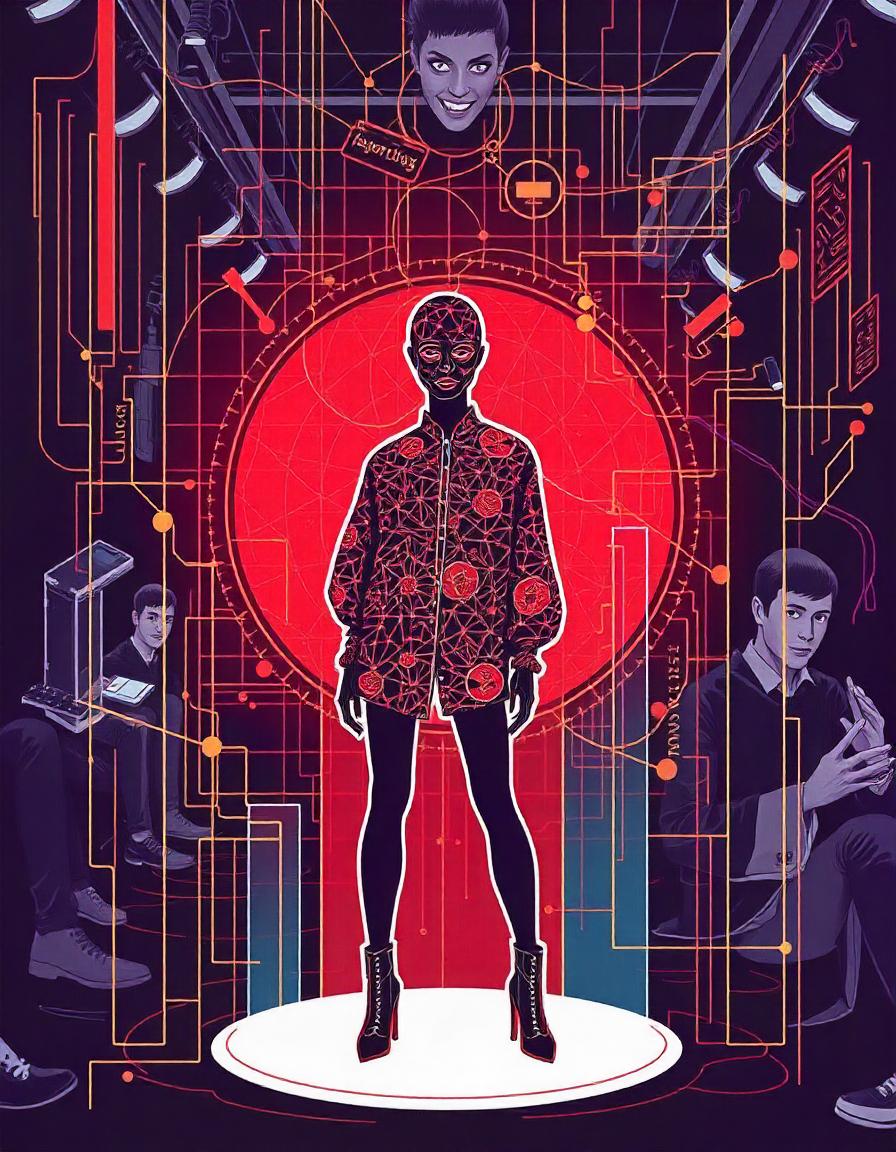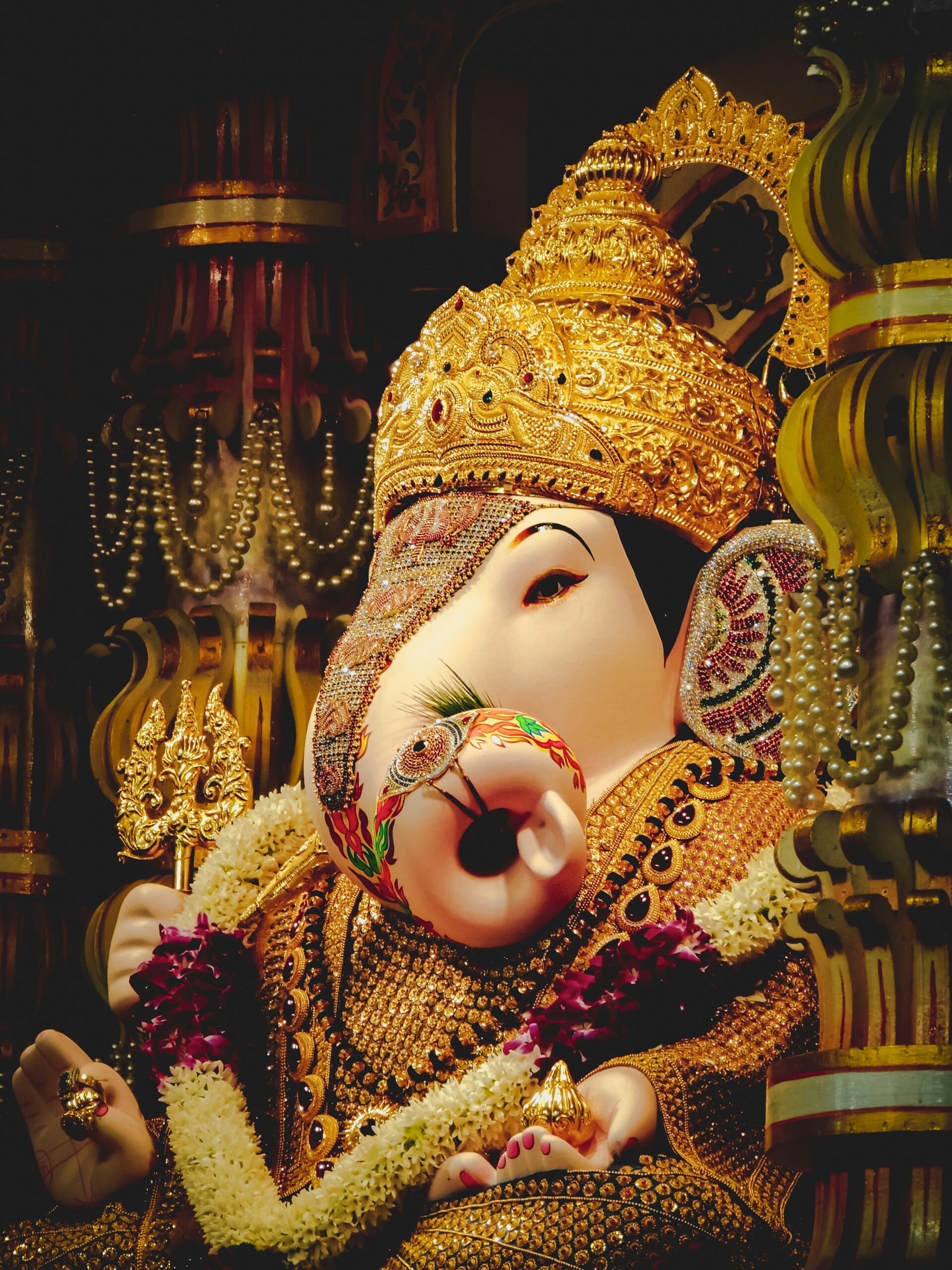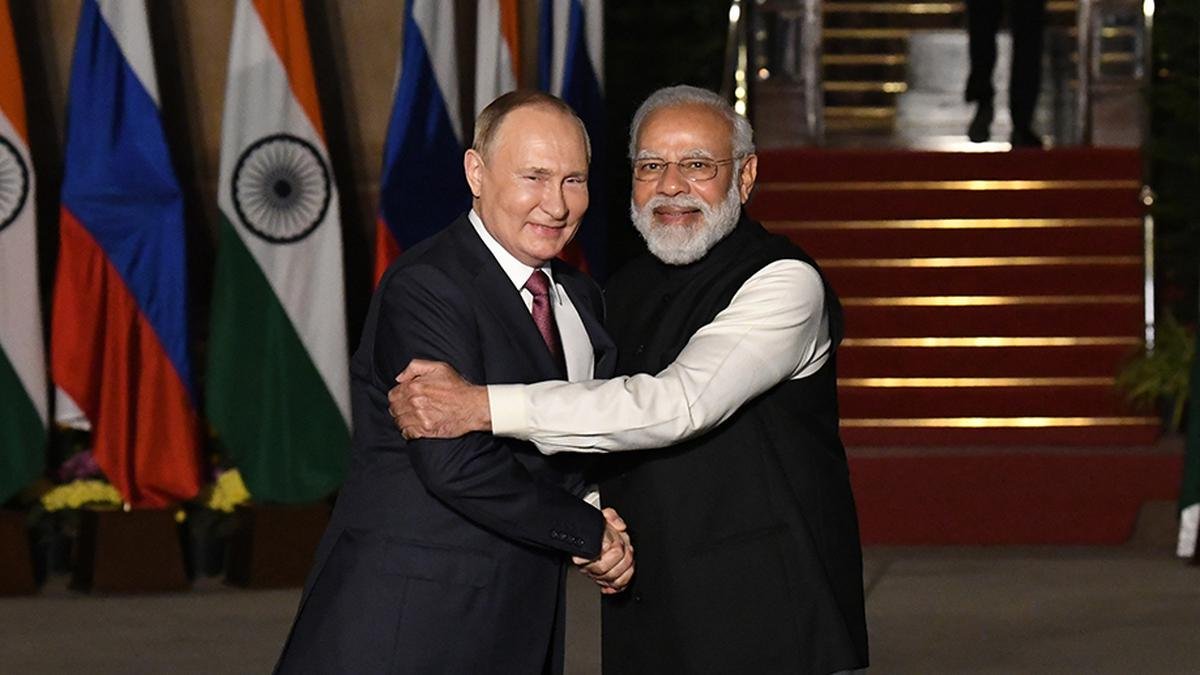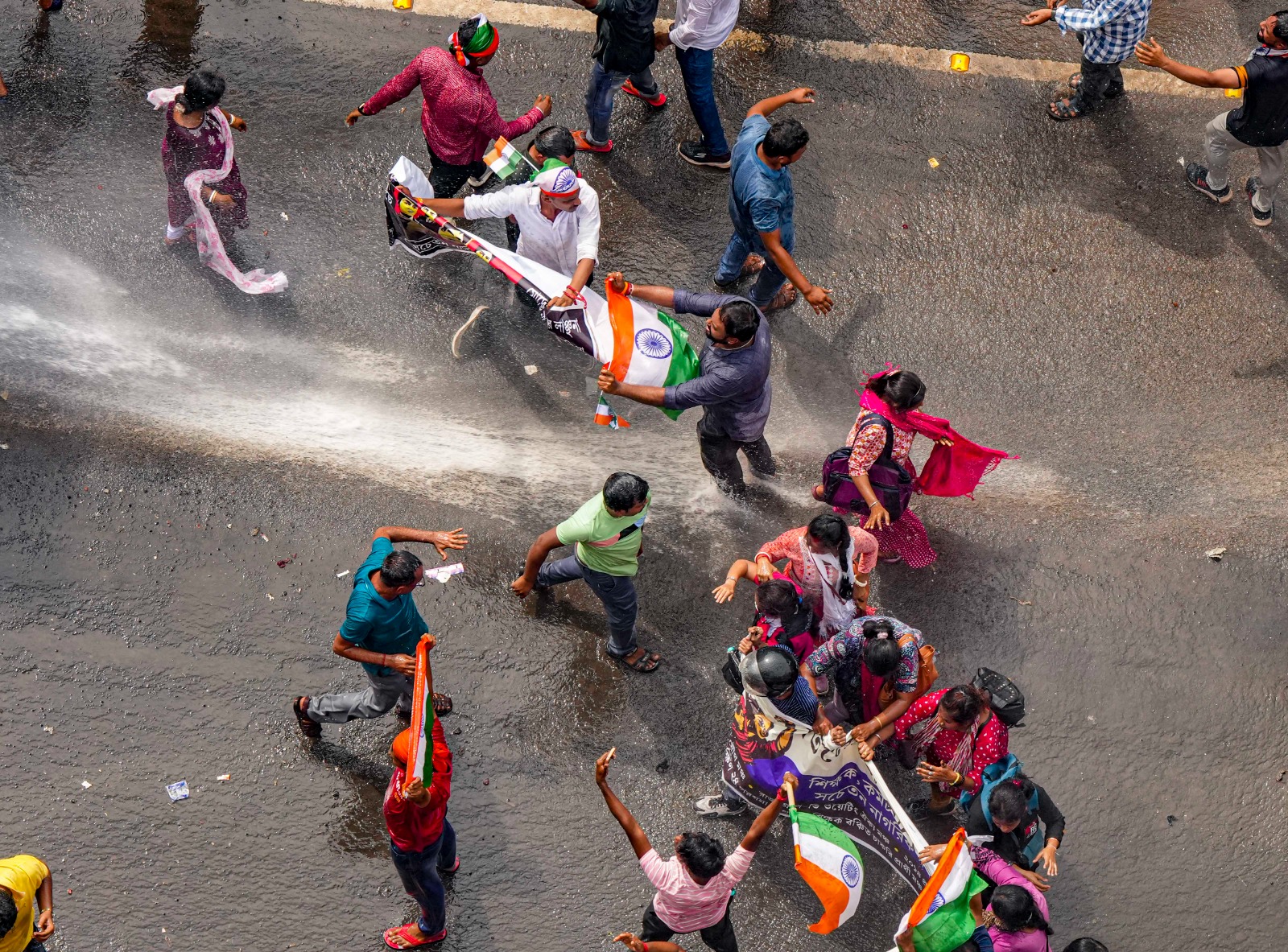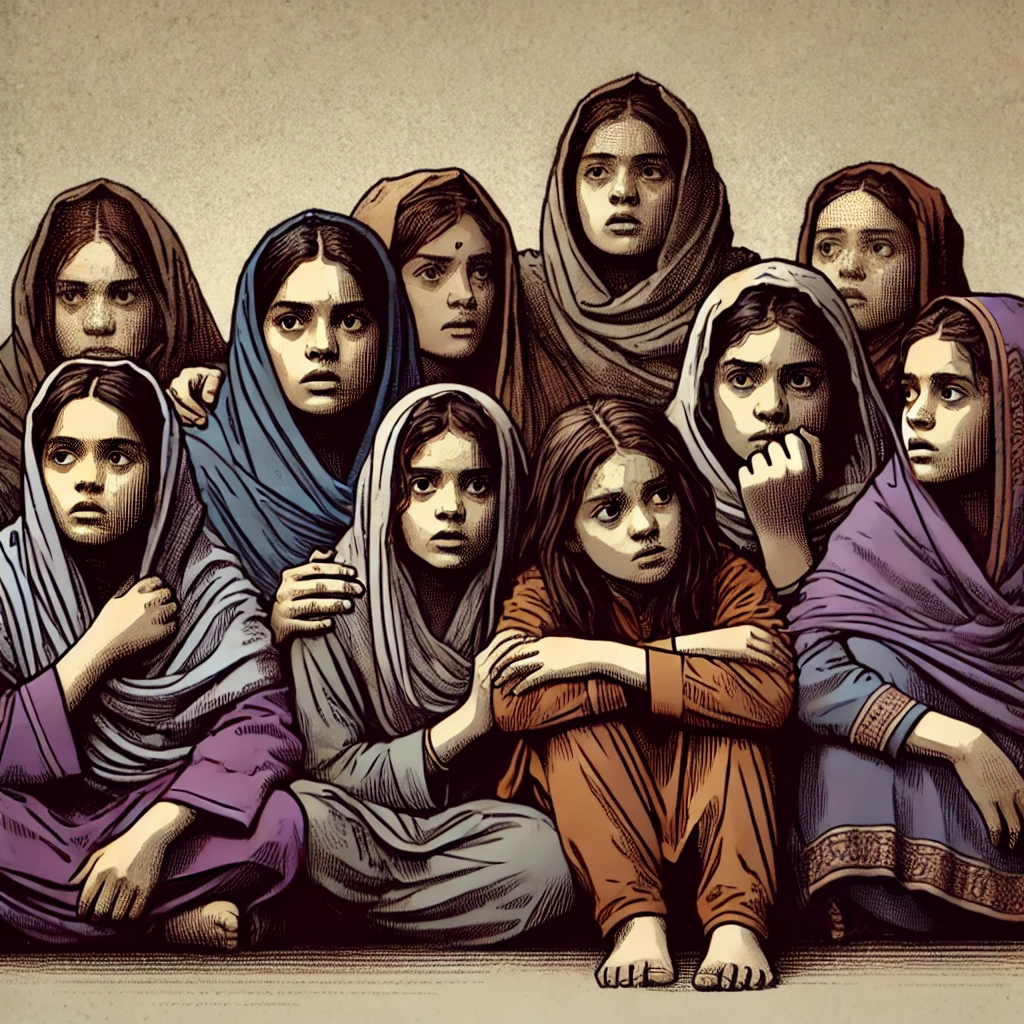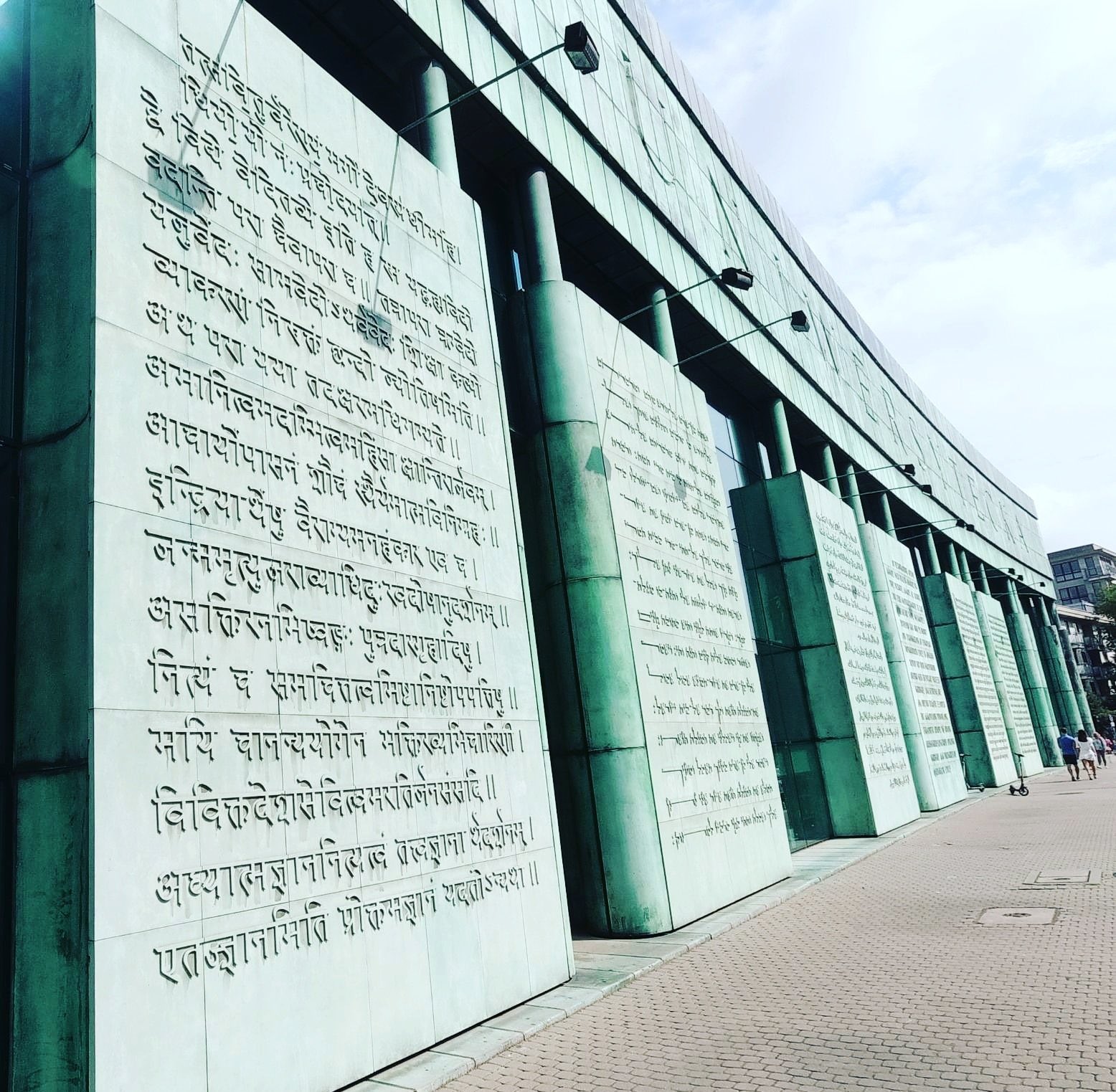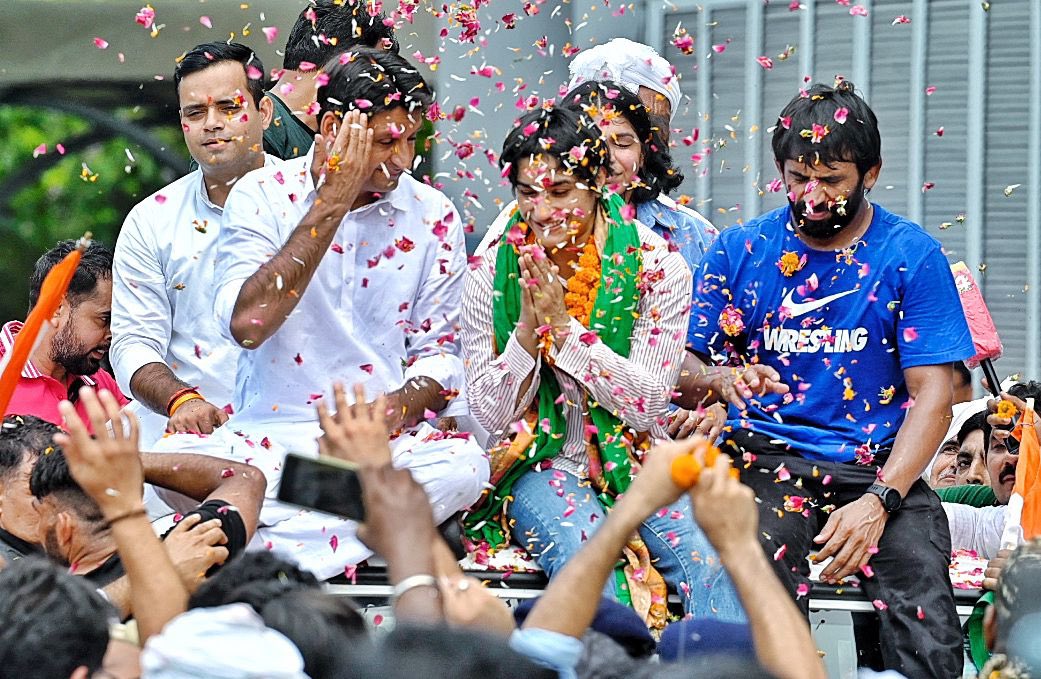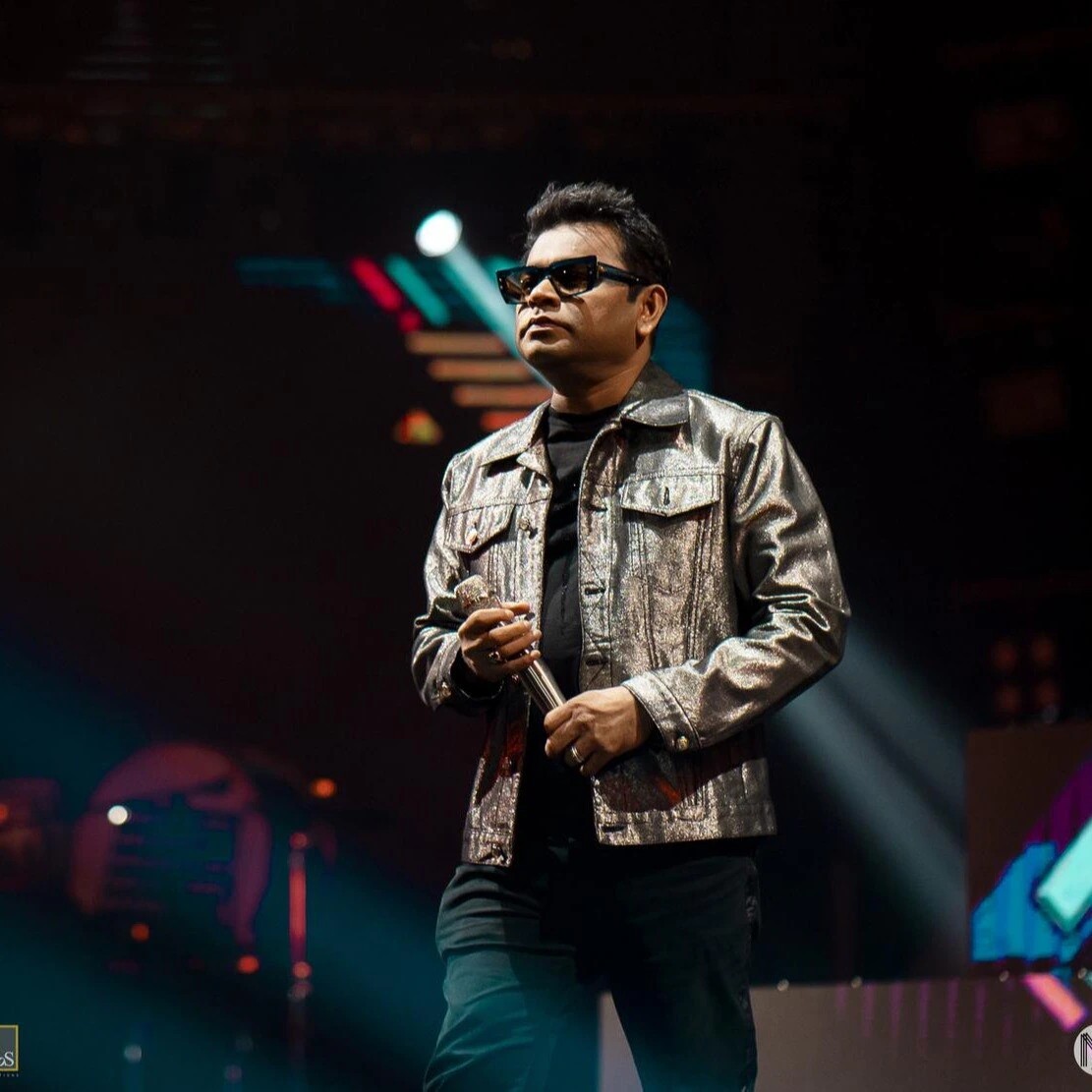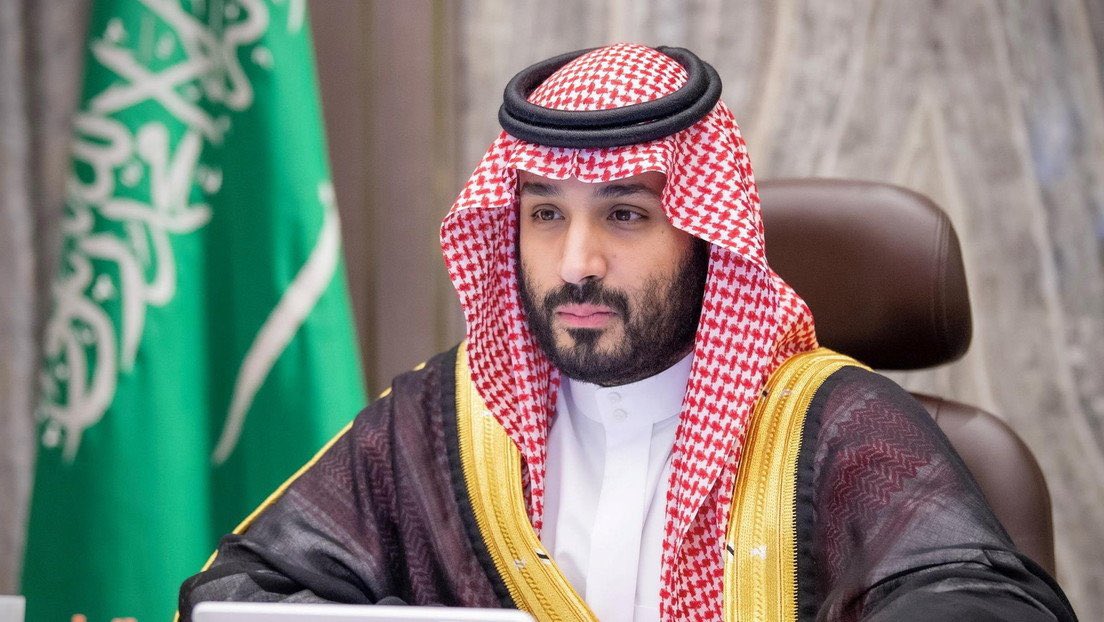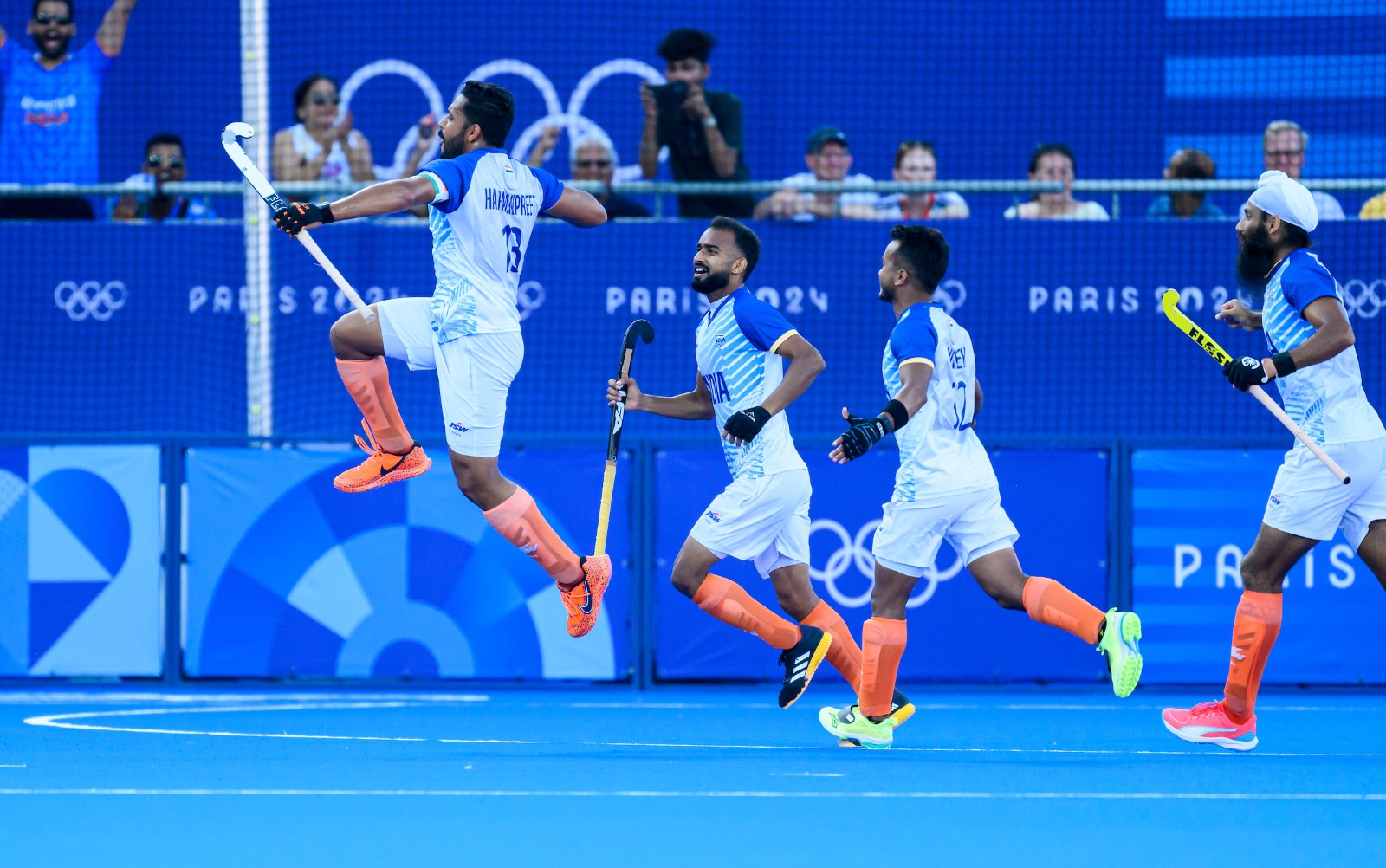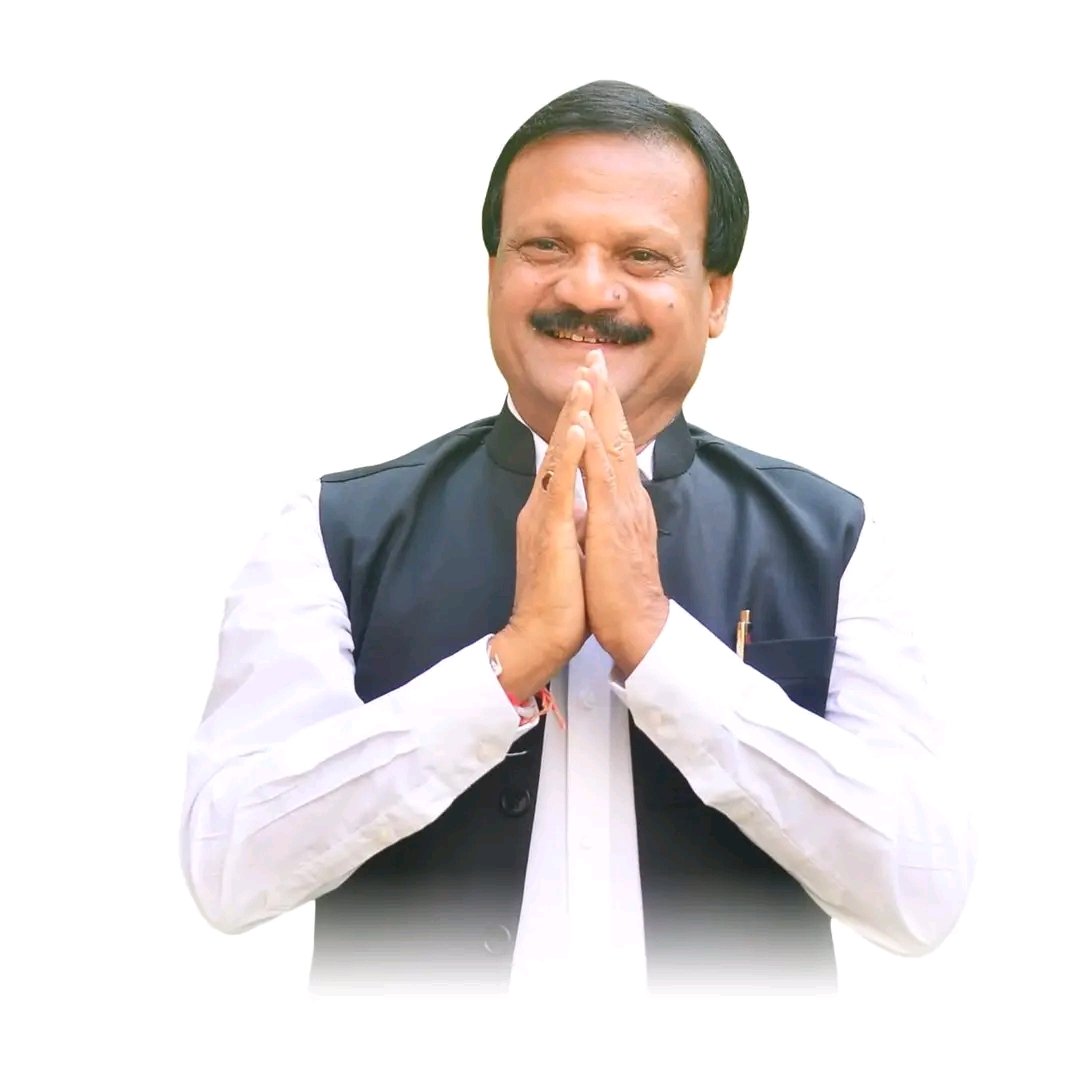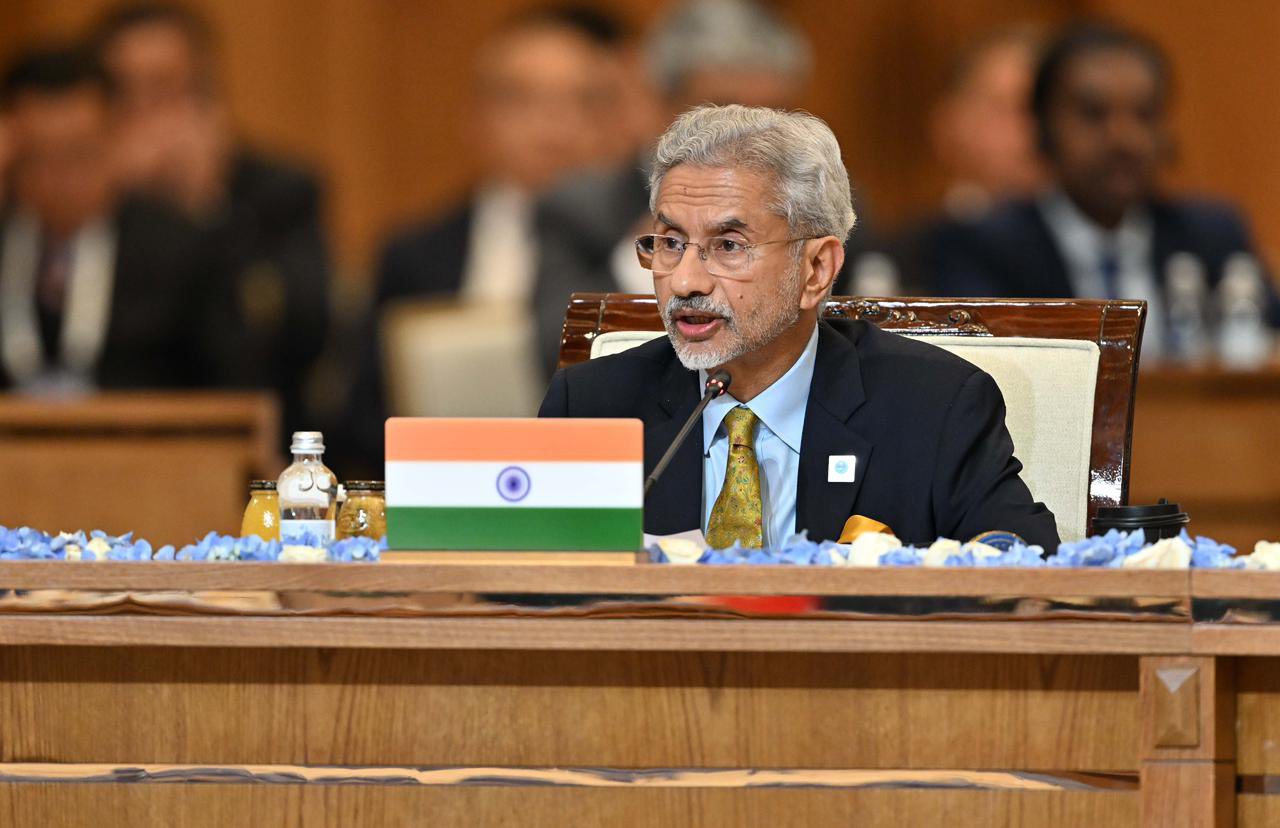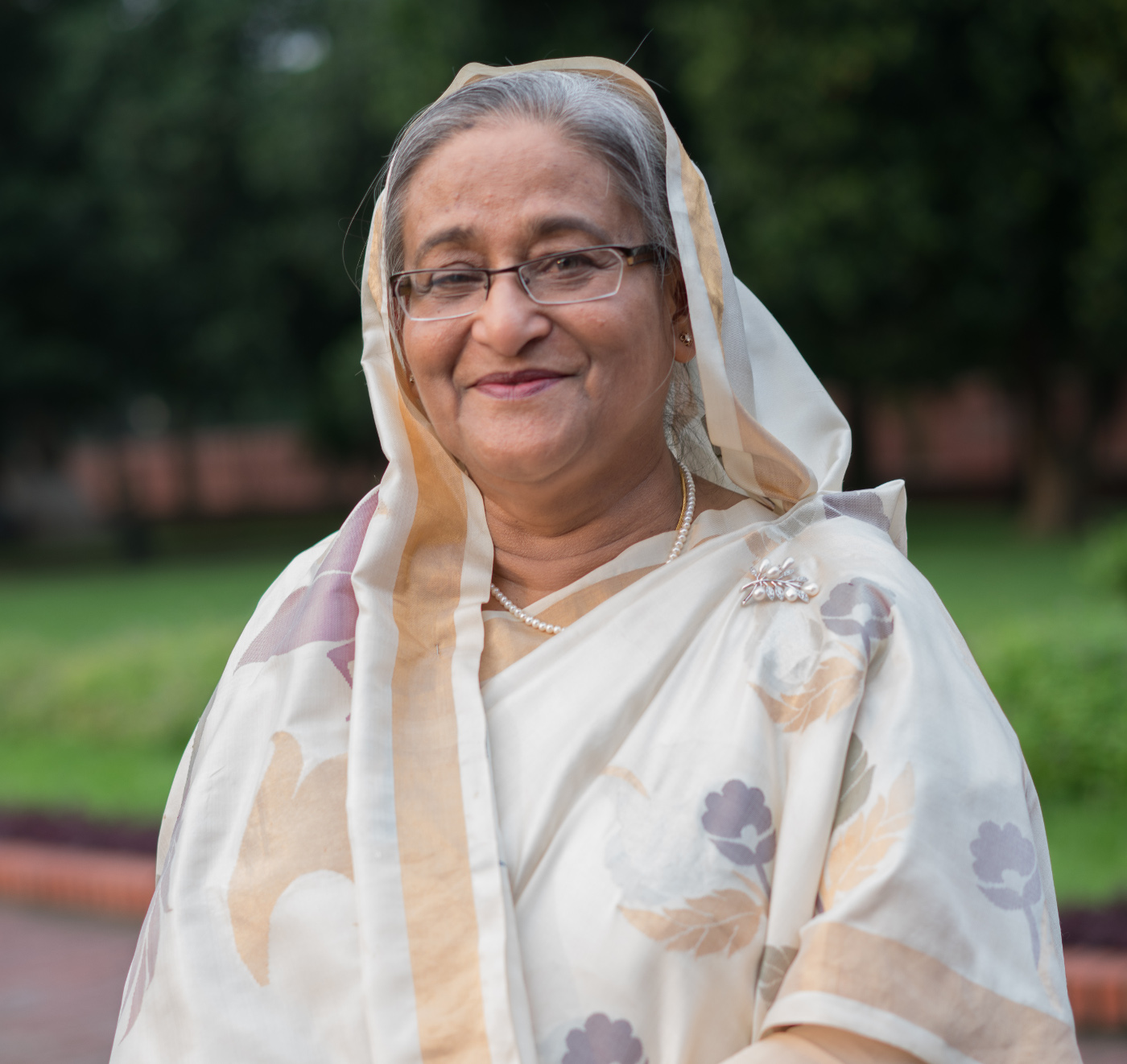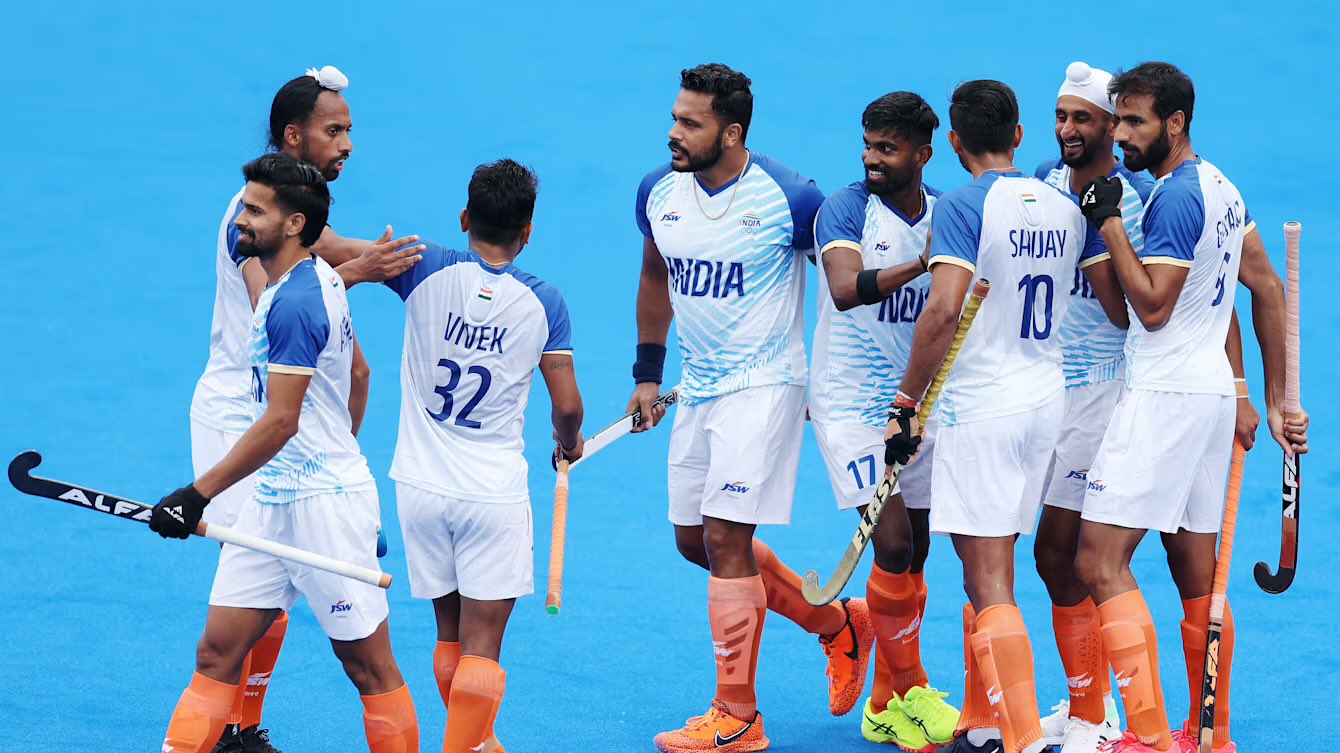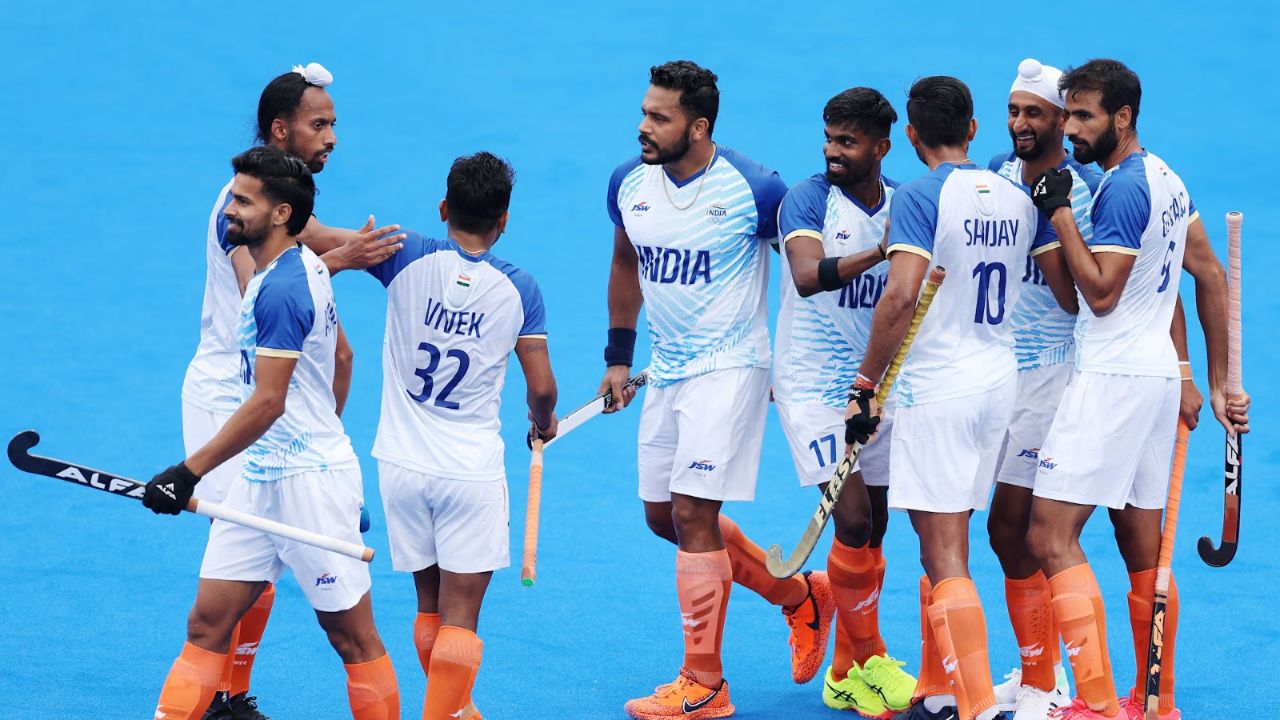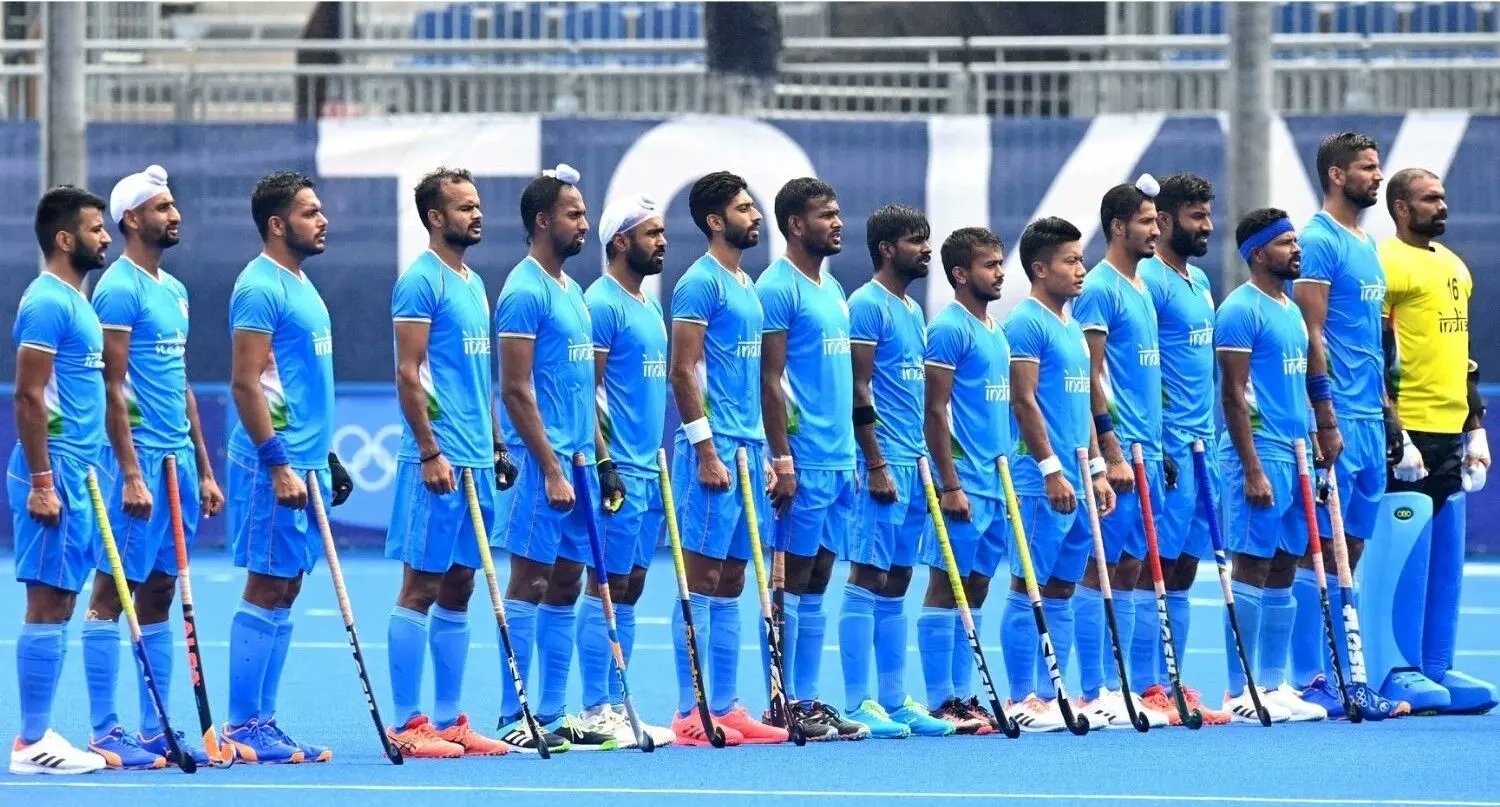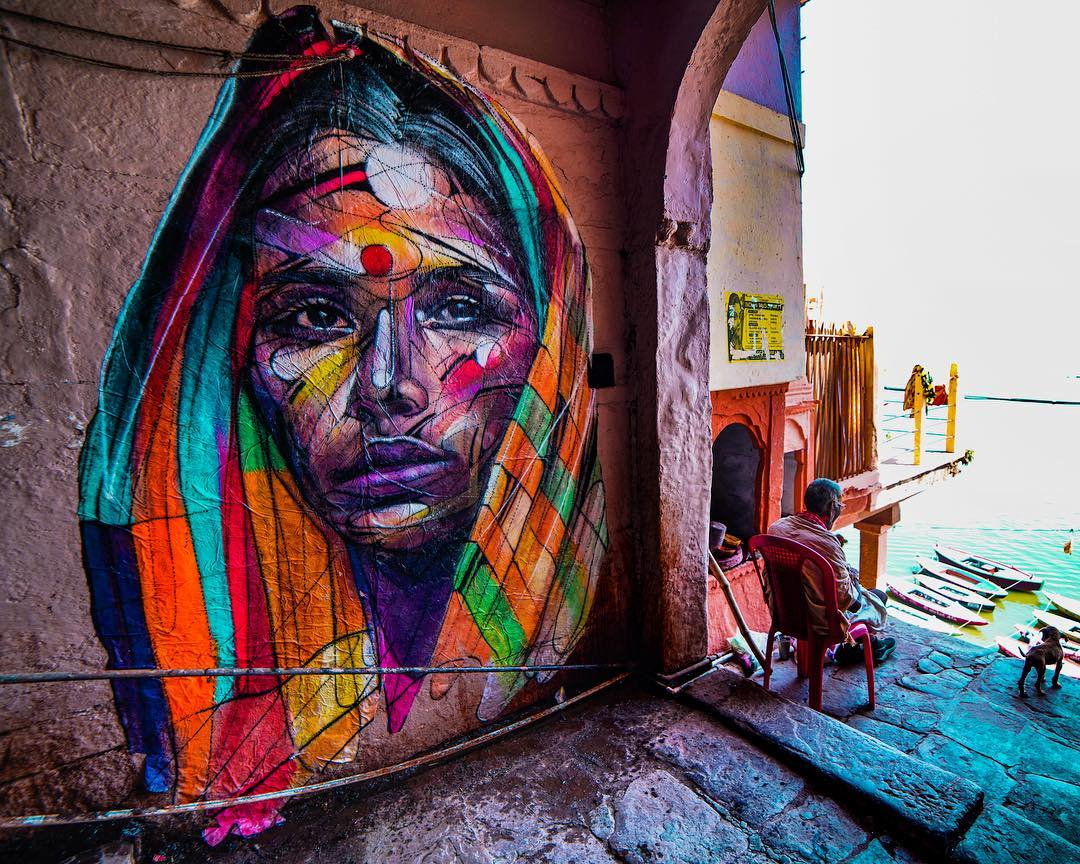Rahul Gandhi, the Congress leader and Member of Parliament from Raebareli, has once again sparked controversy with his recent comments about India during a visit to the United States. Speaking at the University of Texas on September 8, 2024, to members of the Indian American community, he reiterated his divisive narrative that “India is not a nation but a union of states,” further fueling the ongoing debate on India’s linguistic and cultural diversity. Gandhi’s remarks not only question the unity of the nation but also deepen the linguistic and regional divides that have plagued the country for decades.
During his address, Rahul Gandhi drew parallels between the United States and India, emphasizing that both are “unions of states.” He used the Indian National Anthem as a reference, claiming that it acknowledges all Indian states equally without any hierarchy. He went on to assert that no state, religion, or language should be seen as superior to another, a statement that, while seemingly inclusive, hints at underlying conflicts and divisions that have been perpetuated by his own party’s policies and rhetoric.
A Divisive Agenda: Rahul Gandhi’s Continual Attack on Indian Unity
Gandhi’s narrative is not new. He has consistently portrayed India as a fractured entity, torn apart by linguistic, cultural, and regional differences. His repeated claims that India is merely a collection of states rather than a united nation have drawn criticism from many quarters, particularly from those who see this as an attempt to undermine the idea of India as a cohesive whole.
During his speech, Rahul Gandhi pointed to a Sikh audience member, stating, “My brother who is wearing a turban there deserves the same respect as somebody who doesn’t wear a turban.” He added that no one should be judged based on their language or religion, yet he failed to mention the dark history of the 1984 anti-Sikh riots, which were instigated by members of his own party. The brutal violence against Sikhs following the assassination of Indira Gandhi remains a painful chapter in India’s history, and the Congress party’s role in those riots is well documented.
Moreover, Gandhi’s reference to linguistic diversity as a source of conflict is particularly ironic given his own party’s involvement in fueling linguistic divides. For instance, in October 2023, Karnataka Chief Minister Siddaramaiah, a Congress leader, made inflammatory remarks that escalated tensions between linguistic groups in the state. Siddaramaiah stated that “everyone living in Karnataka should learn to speak Kannada,” following attacks on businesses for not prominently displaying Kannada on their signboards. Instead of promoting harmony, Congress leaders have often stoked linguistic chauvinism for political gain.
READ ALSO – Islamist Attacks Target Ganesh Chaturthi Celebrations Across India and Bangladesh in 2024
Congress’s Role in Fueling Linguistic Divides
Rahul Gandhi’s accusations against the Rashtriya Swayamsevak Sangh (RSS) for promoting a singular idea of India are not only baseless but also hypocritical. It is Congress and its allies that have often used linguistic and regional divides to revive their political fortunes. From Karnataka to Punjab, Congress leaders have frequently played the linguistic and regional card, causing divisions among the people.
In February 2022, former Punjab Chief Minister Charanjit Singh Channi, also from Congress, made a controversial statement advising locals not to let people from Uttar Pradesh and Bihar enter Punjab. The remarks, which were met with laughter and applause by Priyanka Gandhi Vadra, were later walked back after a massive backlash. Similarly, in Tamil Nadu, the Dravida Munnetra Kazhagam (DMK), Congress’s ally, has repeatedly made derogatory remarks about Hindi-speaking people. DMK MP Dayanidhi Maran’s infamous comment, “Hindi-speaking people are cleaning toilets and roads for us,” is a testament to the linguistic chauvinism perpetuated by Congress’s allies.
The Congress party’s history of exploiting regional and linguistic tensions is not limited to recent years. The party has often resorted to divisive politics, be it during the Emergency imposed by Indira Gandhi in 1975, when civil liberties were suspended, or the targeting of the Sikh community during the 1984 anti-Sikh riots. These actions have left deep scars on the nation’s fabric, and the party’s attempts to deflect blame onto others, such as the RSS and the BJP, are nothing more than political posturing.
The Hypocrisy of Rahul Gandhi’s Statements
Rahul Gandhi’s portrayal of himself as a champion of equality and inclusivity rings hollow in light of his own party’s track record. While he claims to stand for equal respect and opportunities for all, his statements often contradict this message. During his Bharat Jodo Yatra in 2023, Gandhi stirred up the locals versus outsiders argument in Jammu & Kashmir, accusing “outsiders” of taking over the region’s businesses and jobs. This rhetoric only deepened the divide between the people of Jammu & Kashmir and the rest of the country, undermining the very unity he claims to support.
Furthermore, Gandhi’s comments in 2021, where he criticized voters in Uttar Pradesh after losing the Amethi seat to BJP candidate Smriti Irani, reveal his disdain for certain regions. He stated that Kerala voters were more “interested in issues” compared to voters in the north, a remark that drew widespread criticism. His sister, Priyanka Gandhi Vadra, has also made divisive statements, such as questioning why Uttar Pradesh needed to adopt an “outsider” for development, a thinly veiled attack on Prime Minister Narendra Modi.
Rahul Gandhi’s Foreign Rhetoric: Painting India in a Negative Light
One of the most troubling aspects of Rahul Gandhi’s political strategy is his tendency to paint India in a negative light during his foreign visits. Instead of showcasing India’s achievements and progress, he chooses to highlight its challenges and divisions. While every nation has its problems, airing them on an international stage without offering constructive solutions only serves to tarnish India’s image abroad.
Gandhi’s comments about India being a “union of states” rather than a nation echo his earlier remarks during visits to Europe and the United States, where he has often portrayed India as a country in turmoil, plagued by religious intolerance and social unrest. This consistent narrative of negativity not only undermines India’s global standing but also raises questions about Gandhi’s commitment to the nation he represents.
As a Member of Parliament, Rahul Gandhi has a responsibility to uphold India’s image on the global stage. His decision to focus on India’s divisions rather than its strengths speaks volumes about his political strategy. Instead of using his platform to unite the nation, he has repeatedly chosen to sow discord, both at home and abroad.
A Call for Accountability
Rahul Gandhi’s recent statements at the University of Texas are just the latest in a series of divisive remarks that have become a hallmark of his political career. His portrayal of India as a fractured entity, coupled with his party’s history of exploiting linguistic and regional divides, is a disservice to the nation.
It is time for Rahul Gandhi and the Congress party to take responsibility for their role in perpetuating these divisions. Instead of blaming others, they should focus on promoting unity and working towards a stronger, more cohesive India. The nation deserves leaders who will represent its best interests on the global stage, not those who seek to undermine its unity for political gain.


